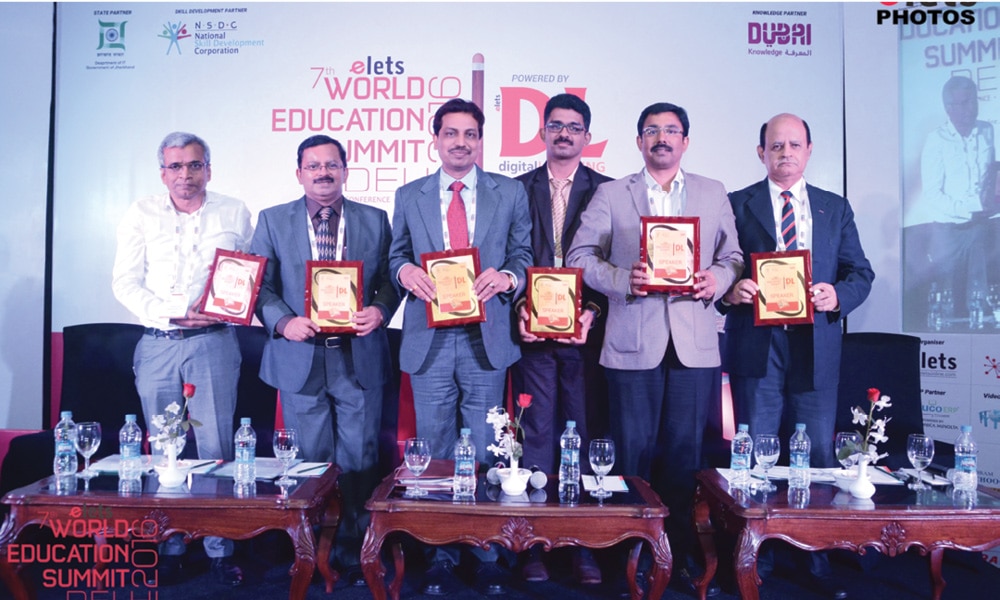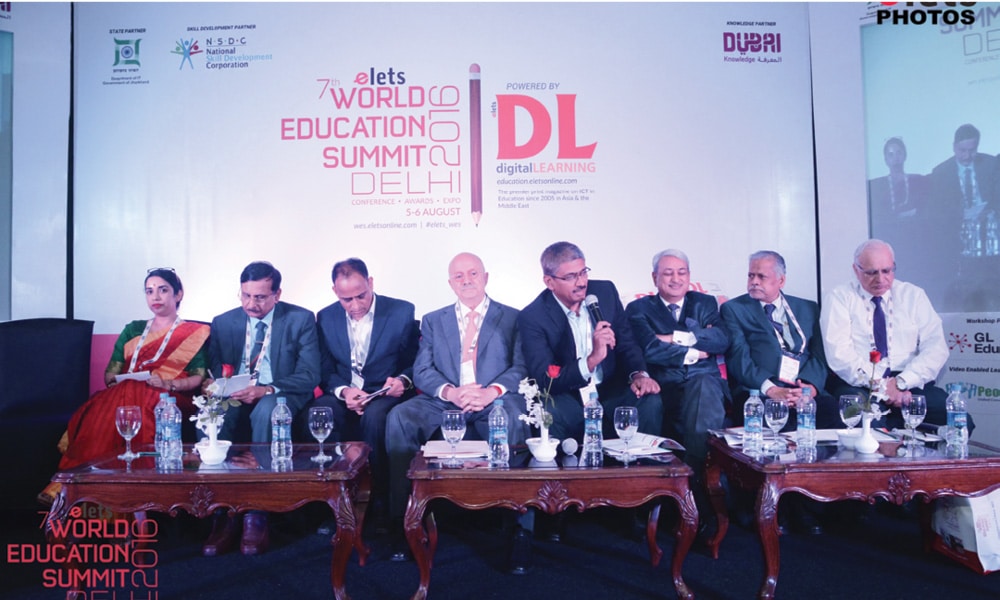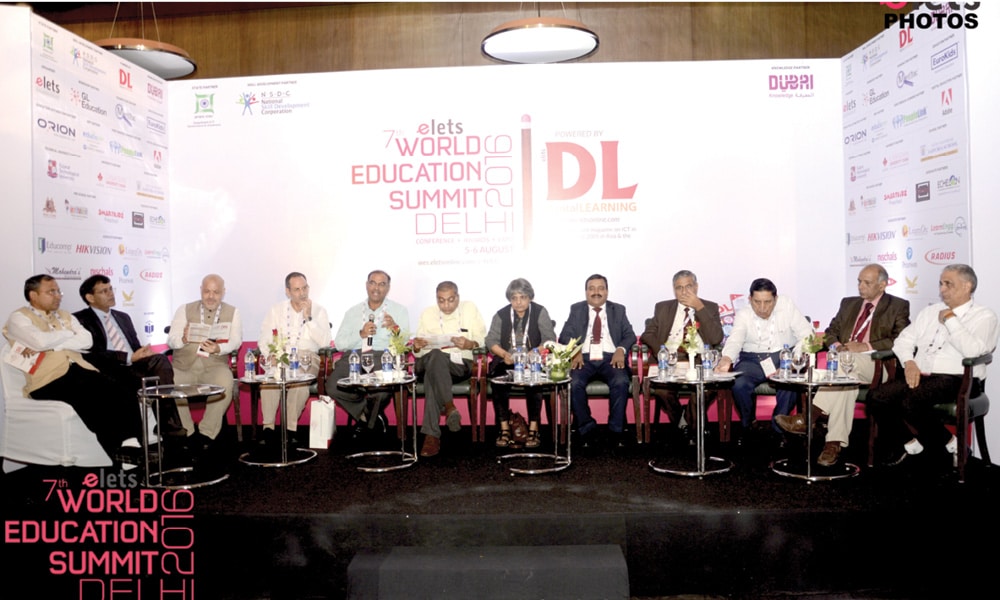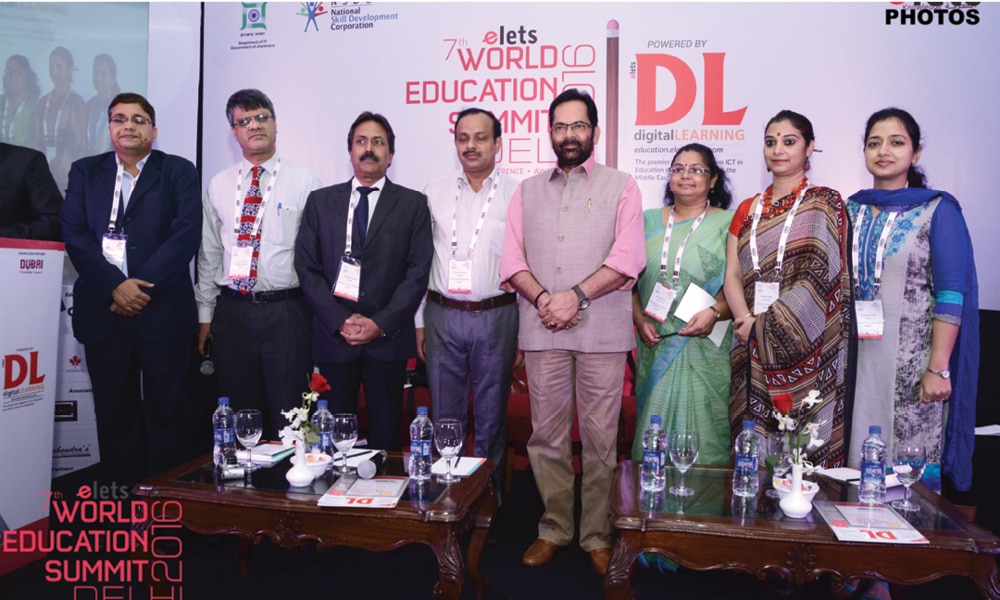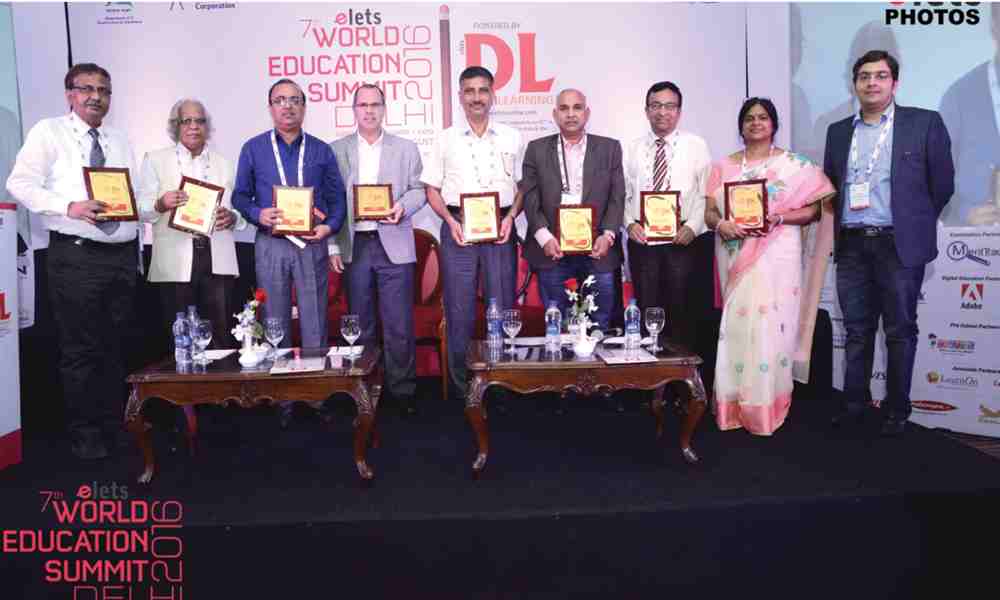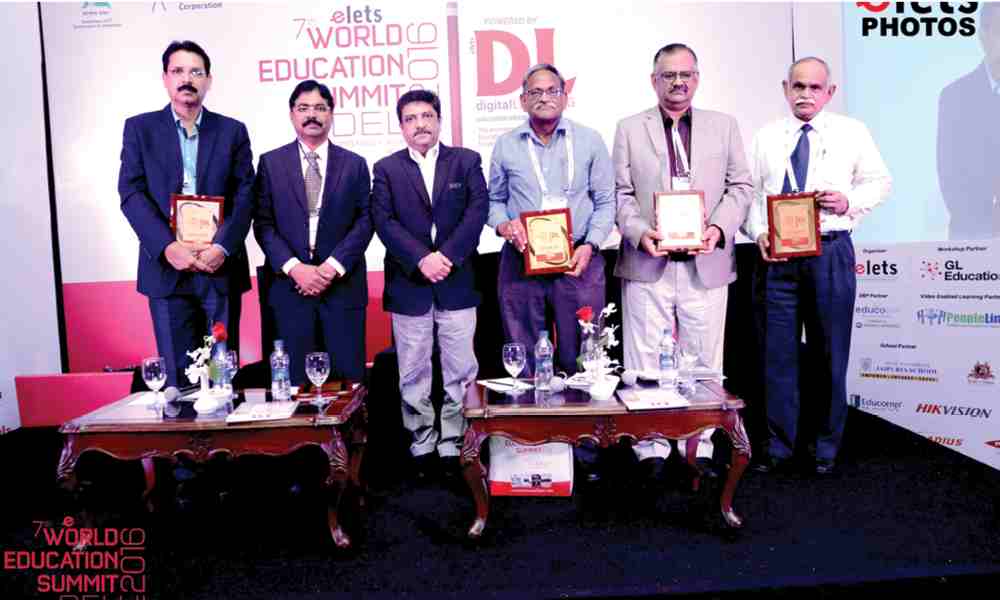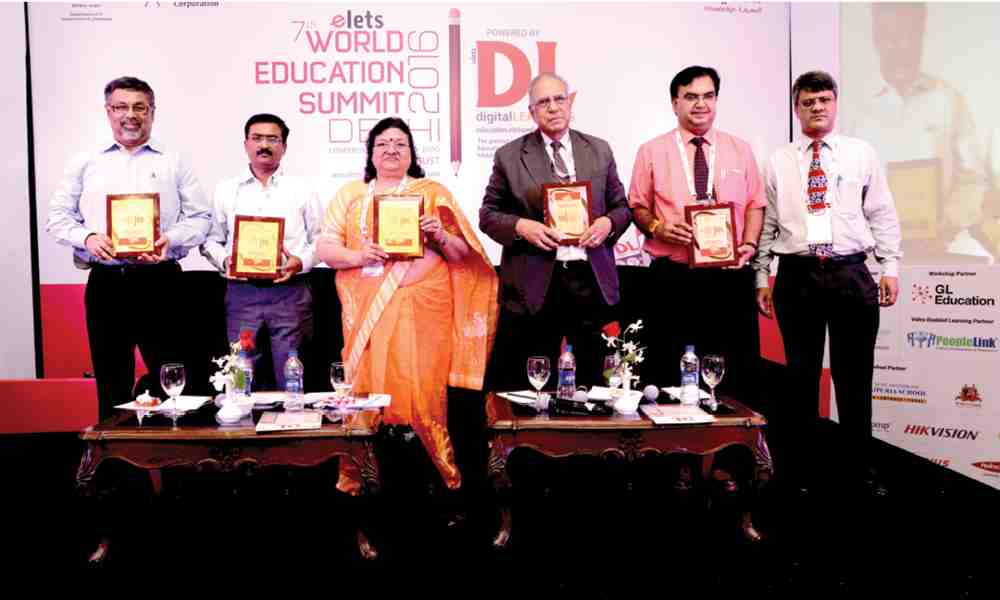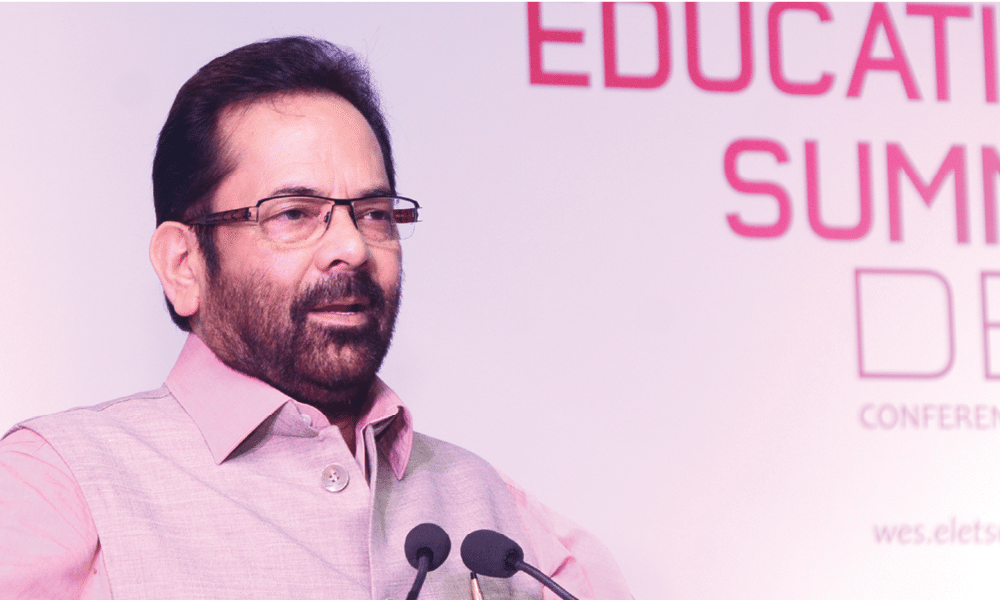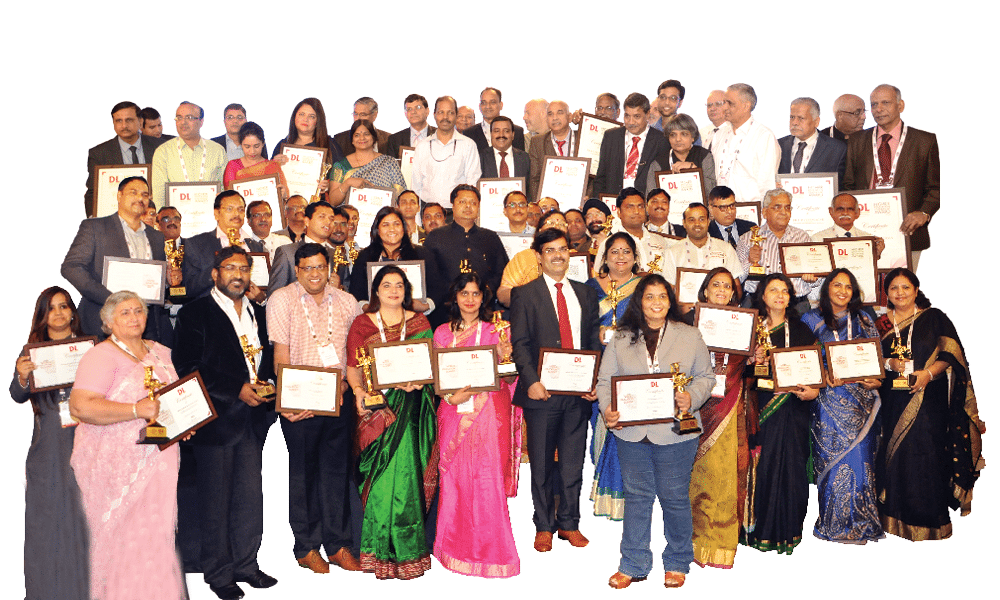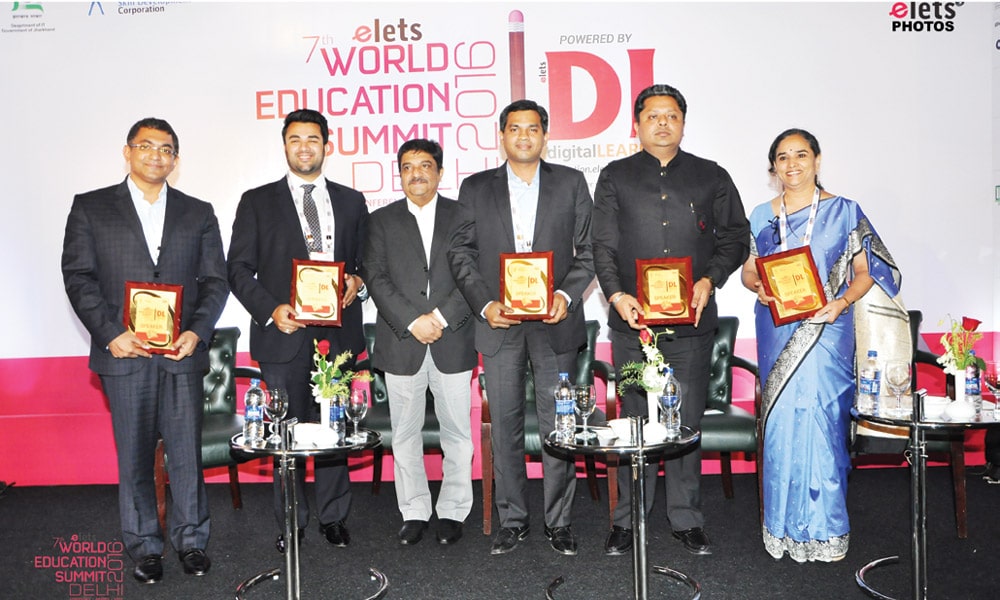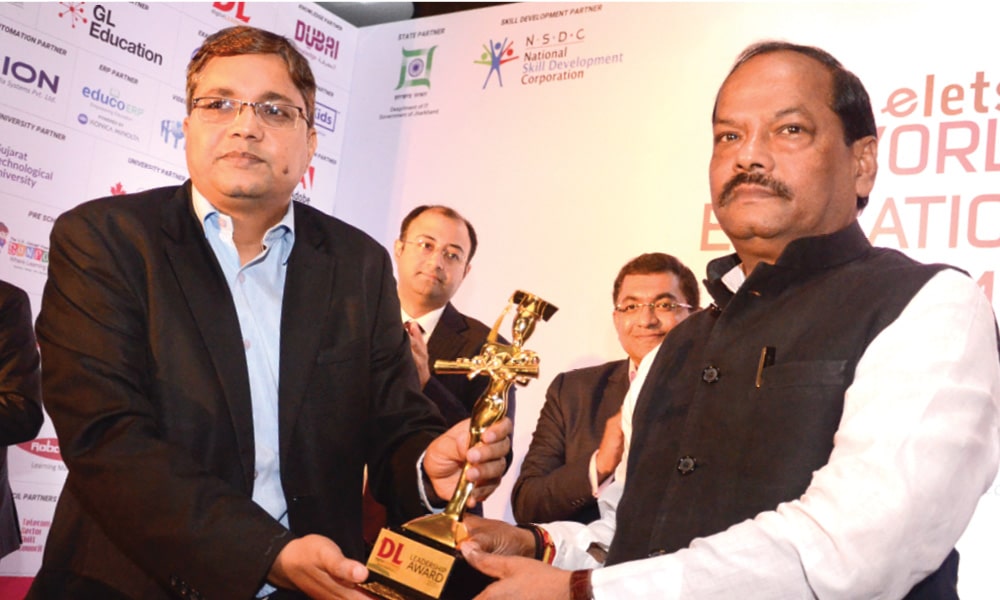

Where Great Minds Discuss Grey Matter

The 7th elets World Education Summit 2016 drew an overwhelming response from the congregation of various highly esteemed stakeholders in the Indian education system. With the participation of key decision makers and global thinkers from across the country and diff erent parts of the globe as vice chancellors, principals, directors, or school owners, the world education conference was truly a confl uence of great minds responsible for shaping up the nation’s tomorrow –the students. Jharkhand Chief Minister Shri Raghubar Das inaugurated the summit at the Le Merdien, Delhi and launched WES 2016 Special Issue of Digital Learning magazine in the presence of Poland Ambassador Tomasz Lukaszuk. In the School Education section, the fi rst day was classifi ed into various brain storming sessions including School Education: The Road Ahead, Rethinking education in the age of technology and a special discussion on whole brain functions. The other section, dedicated to Higher Learning, was classifi ed into sessions like Technology: The Game Changer for Higher Education Scenario, International Education Initiatives: Learning & Collaboratives, Creating a framework for developing a research-ready institutions and Eff ective management of Transnational Education. It witnessed some of the leading lights of our school system from across India. There were also industry presentations highlighting scope of technology and its eff ects in the education sector. Top verticals covered during the summit comprised government, school, higher education, investors, skill and vocational training On the second day, Union Minister of State for Minority Aff airs Mukhtar Abbas Naqvi deliberated on the need for skill development in the country, highlighting how despite several laws intending betterment of higher education, more participation from education fi eld was required. A few glimpses of the educational extravaganza:
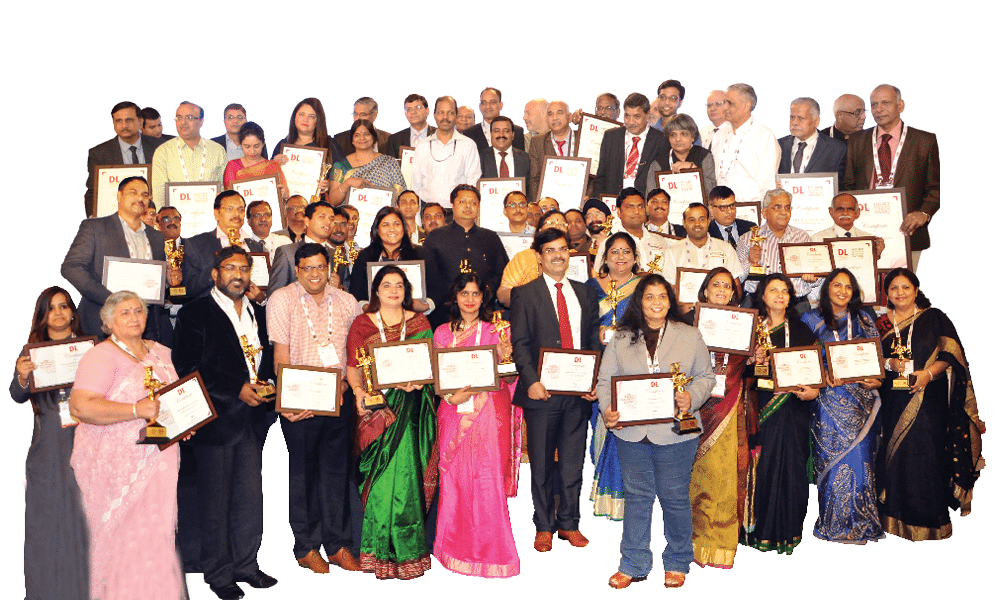
Exclusive Summary
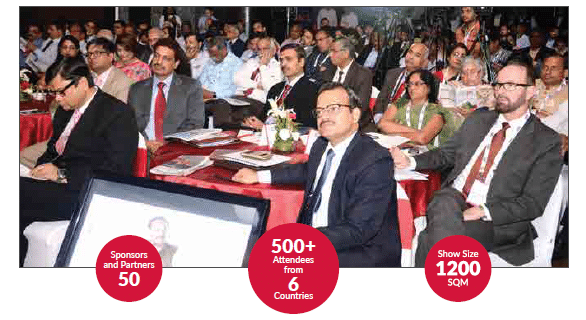
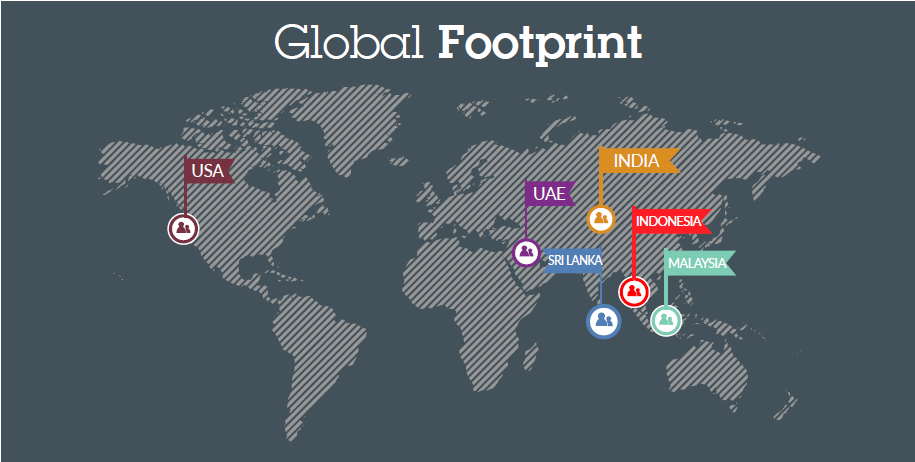


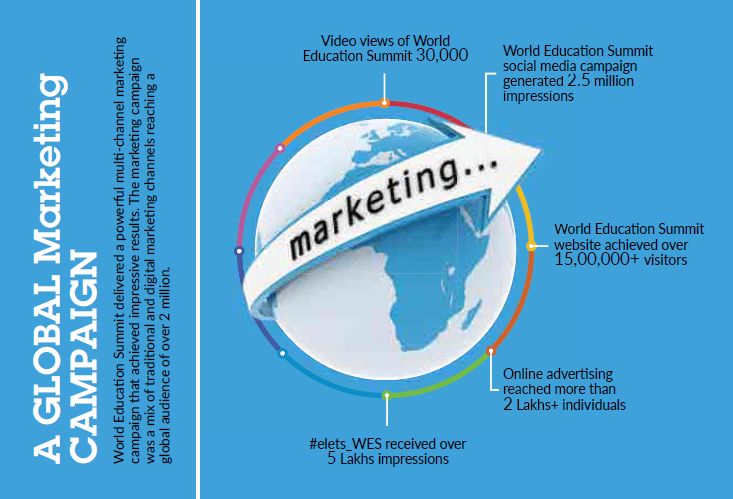
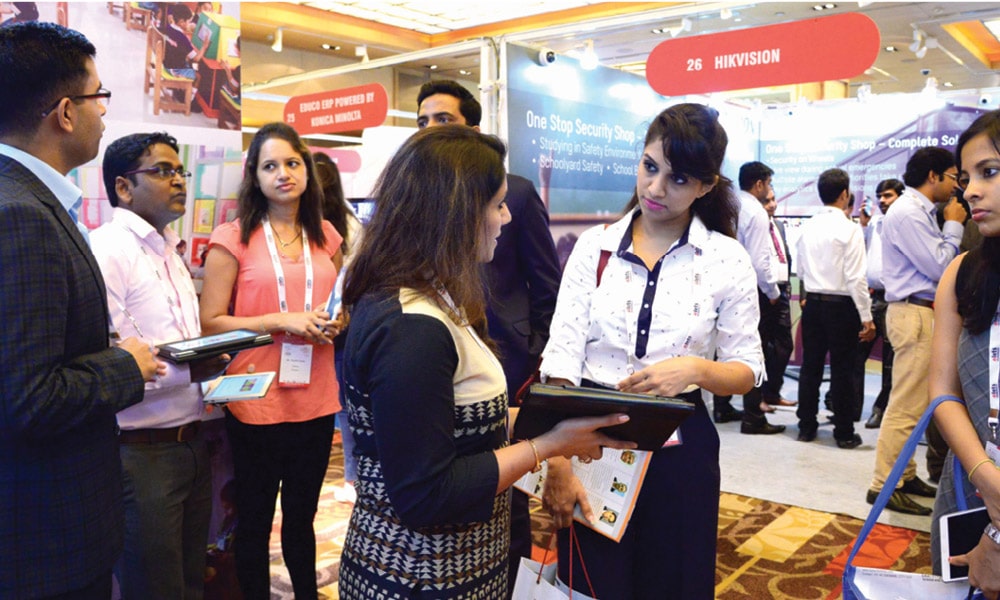 How World Education Summit connected the Education INDUSTRY
How World Education Summit connected the Education INDUSTRY
A key initiative for World Educati on Summit was to strengthen and build connections across different industry verticals, countries and between the public and private sectors.
VISION AND MISSION
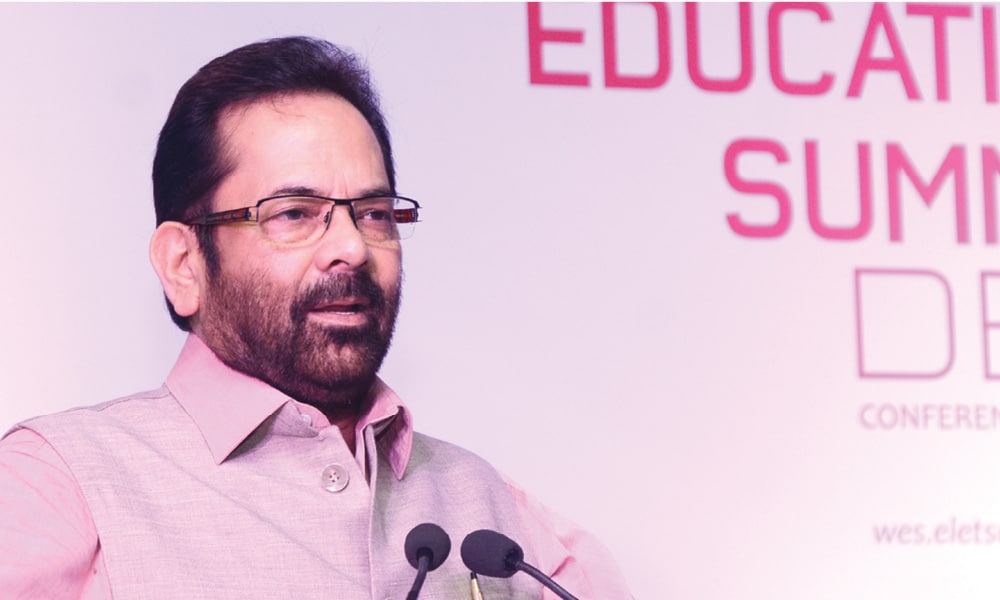
India has emerged as an education hub globally. It is our Prime Minister Narendra Modi and the government’s dream and determination to provide quality education. We are also focusing on skill development. In these two years, we have tried hard for employment oriented skill development. From the ti me of Gurukul to present, India is a leader in education. People present here are trying to make educati on more meaningful, more cultured and employment oriented. It is important that we must have skills along with practical education.
TRANSFORMATION WITH TECHNOLOGY
A tree cannot have a proper growth until it has strong roots. This is the reason why a big question mark exists on our education system. Our Prime Minister Shri Narendra Modi has repeatedly laid stress on importance of technology and encouraged its use to the hilt. This can ensure a transparent and accountable administration. With maximum use of technology, transformation is being ensured across the world. We also need to ensure that it takes place in our country and universities.

I feel due to professional education or the private universities, there has been a lot of improvement in the education sector. Our government will fully support private universities to strengthen the education sector.
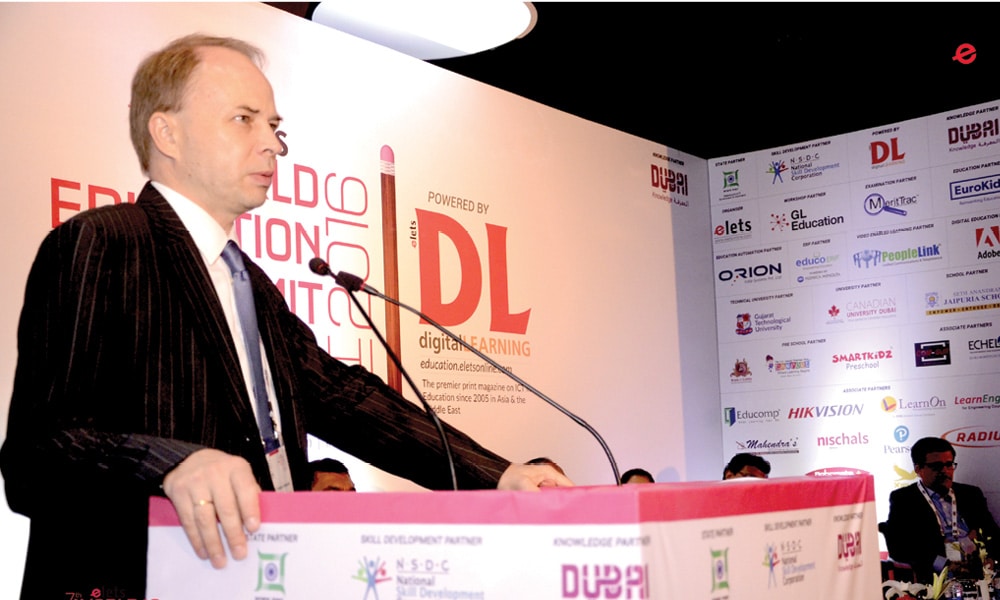
Mining sector is important for India and for Poland as well. I think through cooperation with businesses of mining, we can create a momentum also for education, for technical education between two countries.
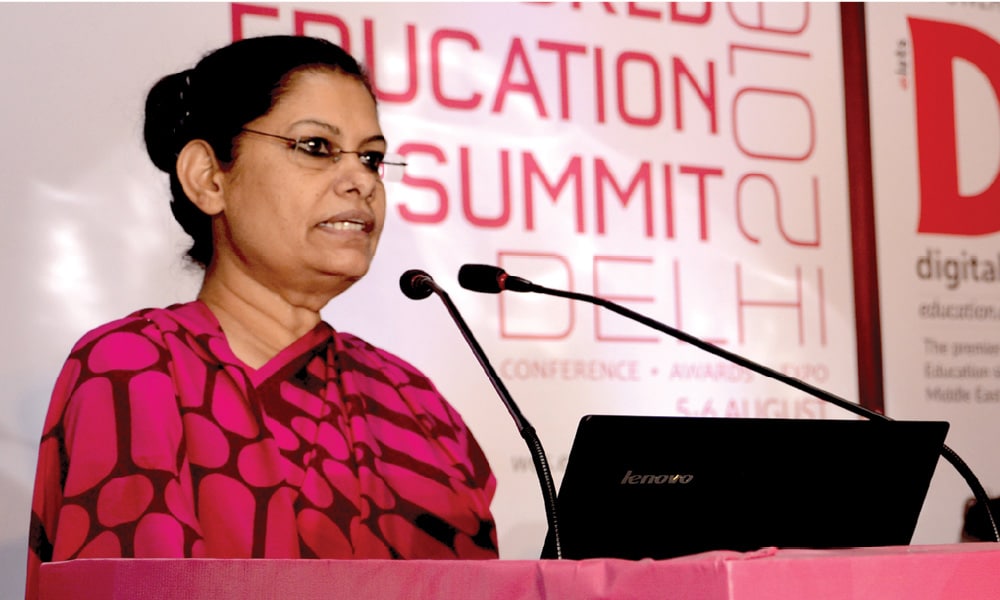
There is pressing need to improve quality and relevance of education in our higher and technical institutions. We invite institutions of excellence to partner and mentor, build capabilities in the existing institutions, also to open new institutions to address the huge demand in the state of Jharkhand.
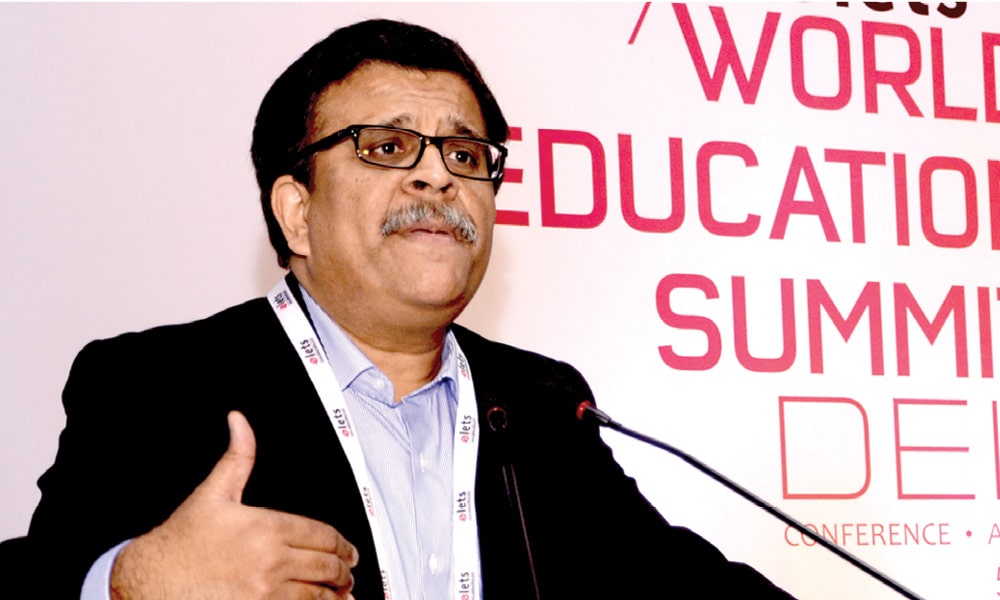
We need to recruit today for 2030. We need to recruit about 26 million school teachers to provide primary education to children. We have 20 million higher education students right now. I was reading somewhere for 370 odd peon positions, there were more than 23 lakhs applications.And, I believe a lot of them were PhDs!
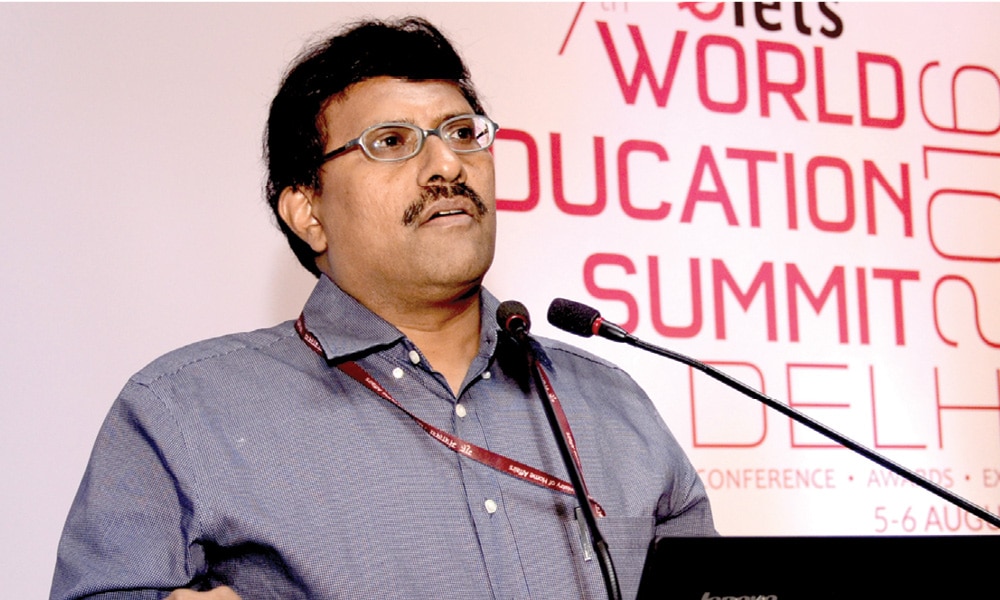
With everybody’s consensus that is building up, we want to build a very strong, robust structure in this country which can help in converting this demographic dividend to our advantage. We are looking forward to using technology in a big way.
The Game Changer for Higher Education Scenario
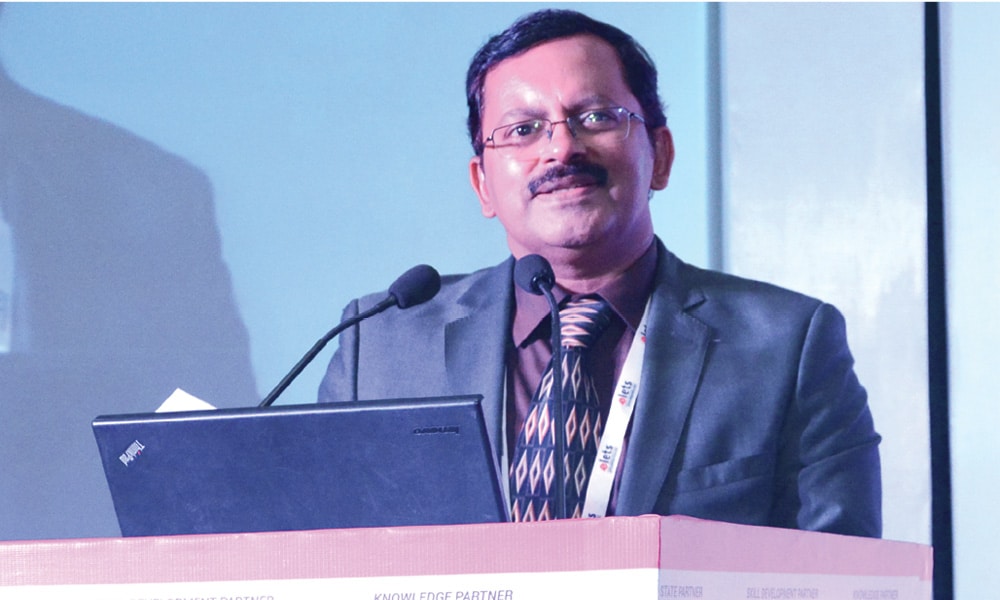
To reach out to country’s distant locations we will have to use mix mode of satellite communication and terrestrial transmission, the FM Radios and put the community radios right in that village, produced by their own people in native language, and teach them primary education or socially relevant themes.
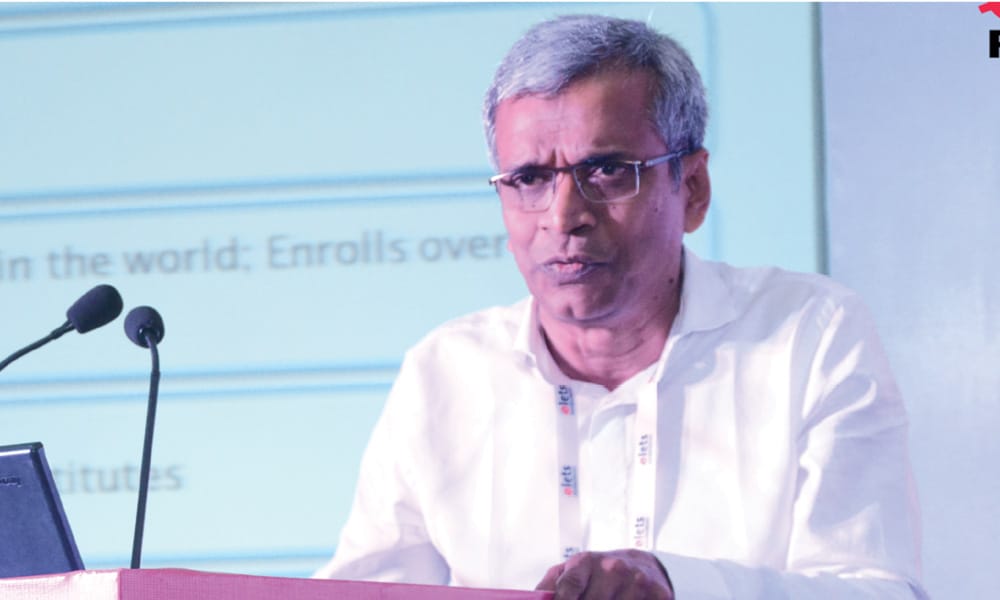
We are the only PSU in education sector in India. We are also a mini Ratna company which doubled its turnover to Rs.175 crore this year. We wish to be a edu-tech company. We believe technology is not a game changer, we strongly believe it is a super game changer.
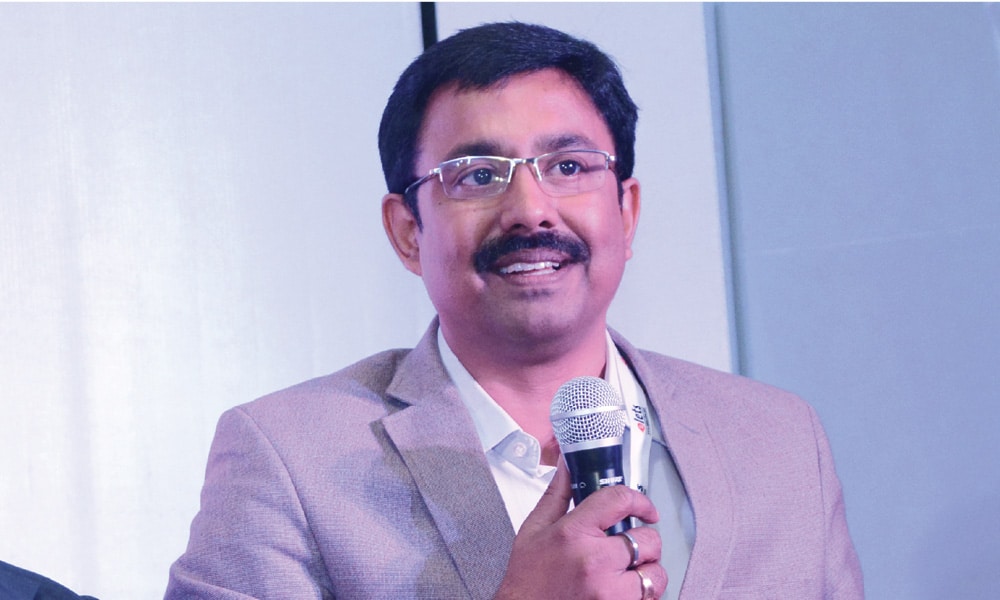
The more penetration, the higher usage of IT system, ICT, in any of your schemes or anything, the better placed you will be, the more stable you will be. In order to bring speed, scale, sustainability, scalability until we have optimum use of ICT, we would never be able to reach out there.
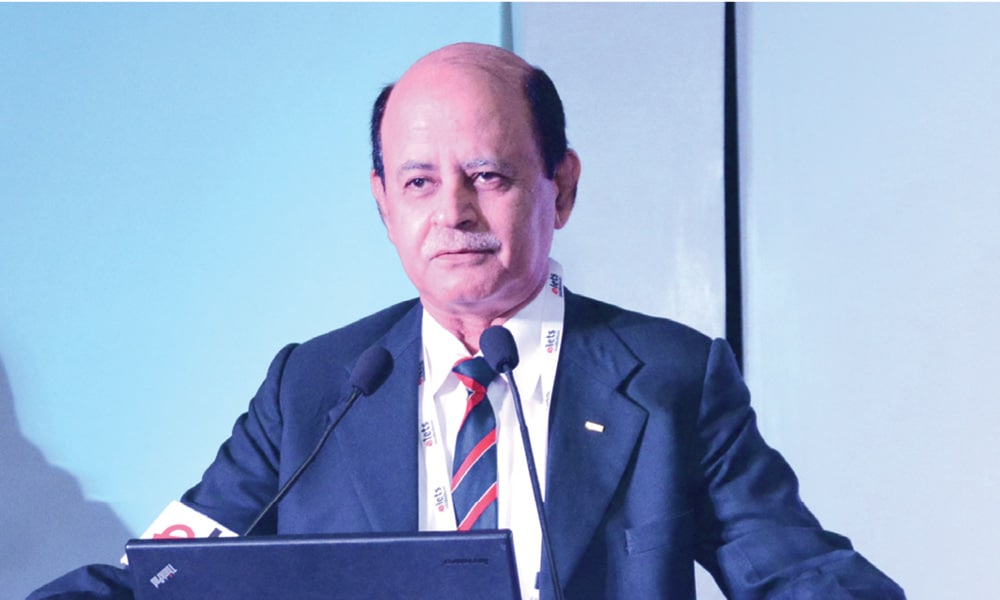
If you don’t have telecom facilities, you are no one, you are just sitting in your own office, own cabin and just doing what you can. Telecom is unseen but it is there. This must be recognized. It’s there and why it is ignored because it is in a state where it can be afforded to be ignored because you know you will get it.
International Education Initiatives – Learning and Collaborative Opportunities
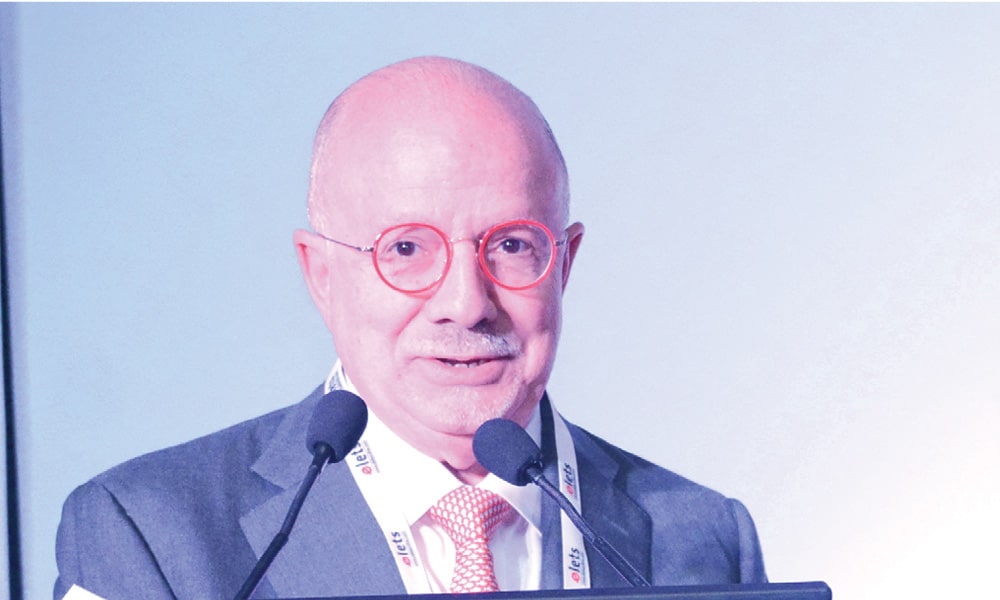
In the US, about the top three skills that our CEOs say are important in people they hire, global competency figures among them. So we all realised institutions need to do something about it if we are to provide students with the competencies that they need to be able to get the jobs that they aspire to get.
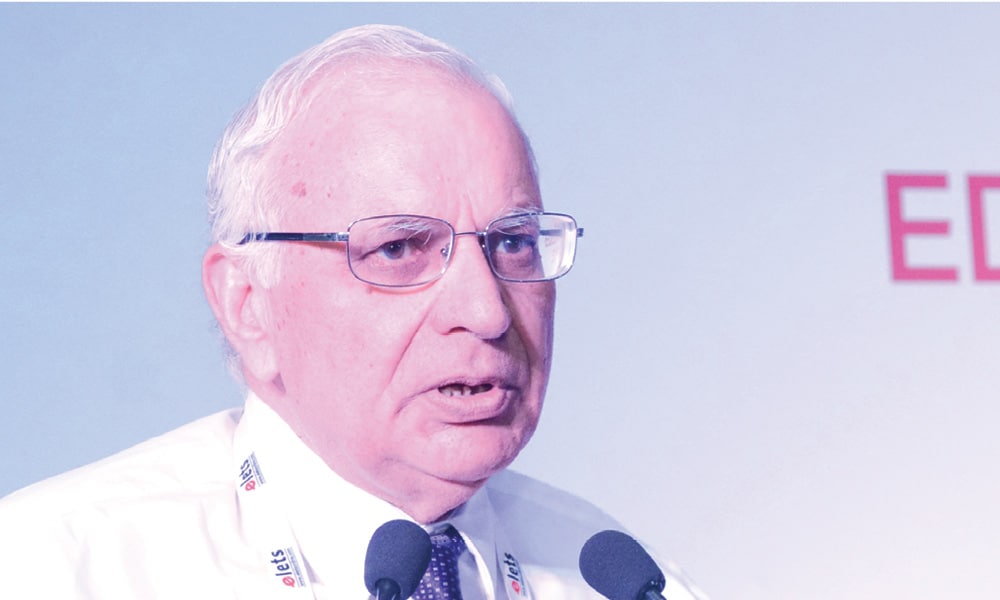
Internationalisation is the process of integrating international perspectives in education. A global mindset is a pre-requisite before thinking of internationalisation. It calls for an openness for tolerance of different cultures, acceptance of their values, food habits, languages, dresses.
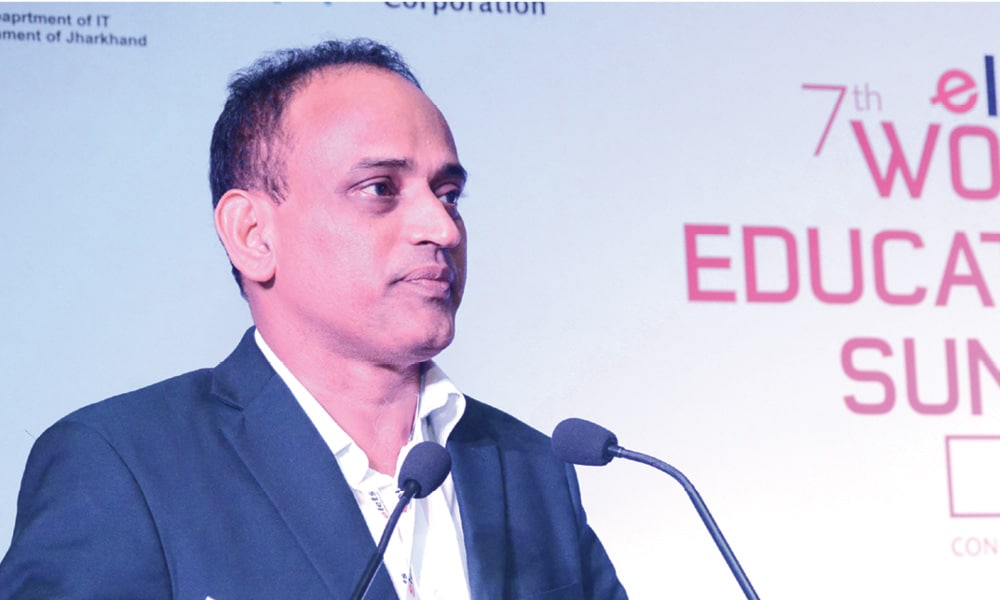
To perform surgery on any foreign patient here I don’t need any permission but to give education to any foreigner here I have to take hundreds of permissions. This is the state of affairs of higher education here. Please give us freedom to make globalization happen here.
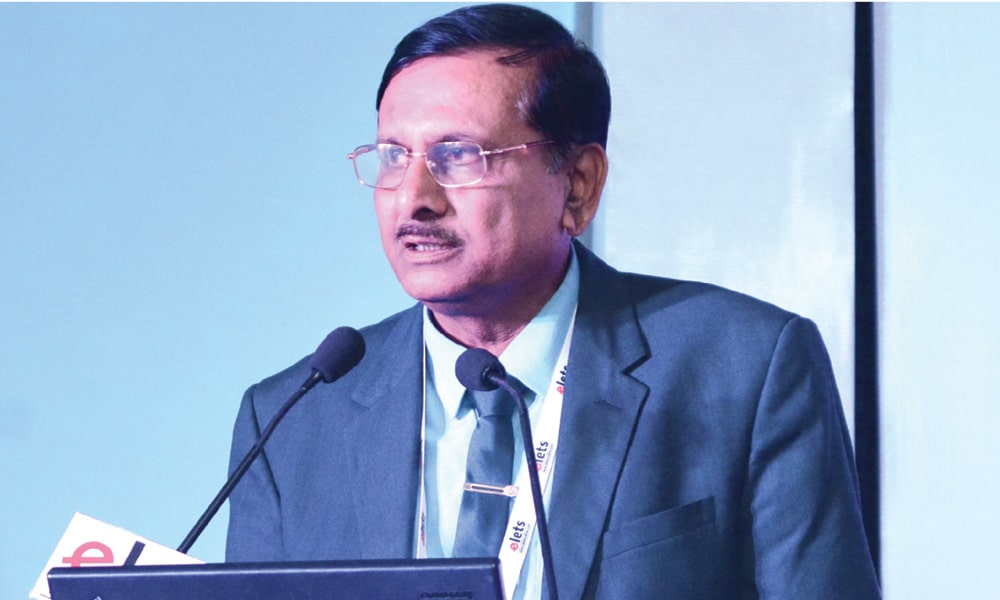
Nowadays we say that the quality of education is dwindling. Without generalizing, it’s true. In comparison to teachers of earlier era, today’s’ teachers have become more materialistic less of educationists. As a result, we will have to inculcate hard and dedicated efforts in our teachers.
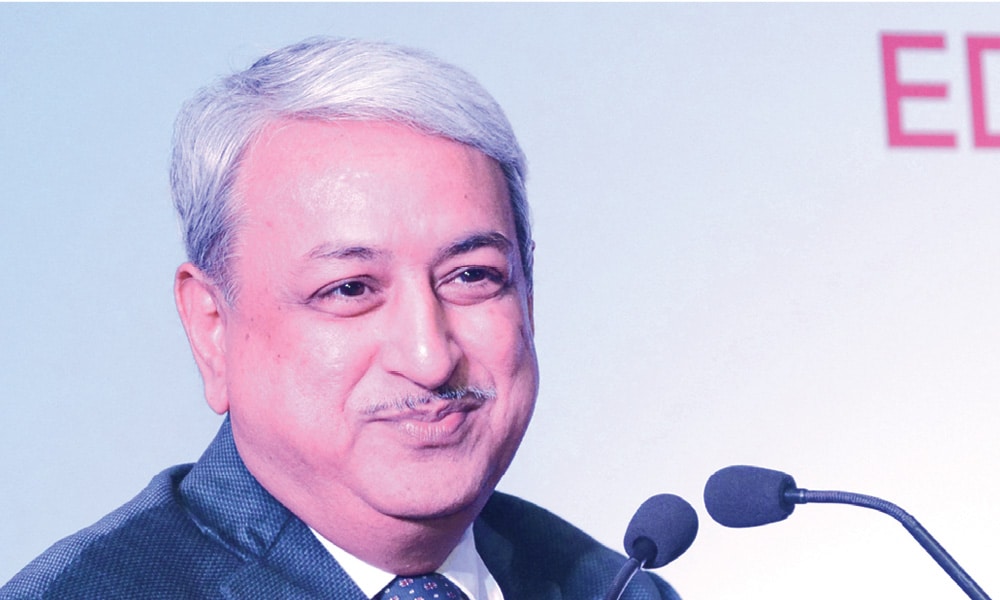
A great civilization has to take its normal place in the comity of nations. The process of internationalization of higher education is on. We have to be fast, productive, resourceful and committed, I mean government, the policy makers have to productive.
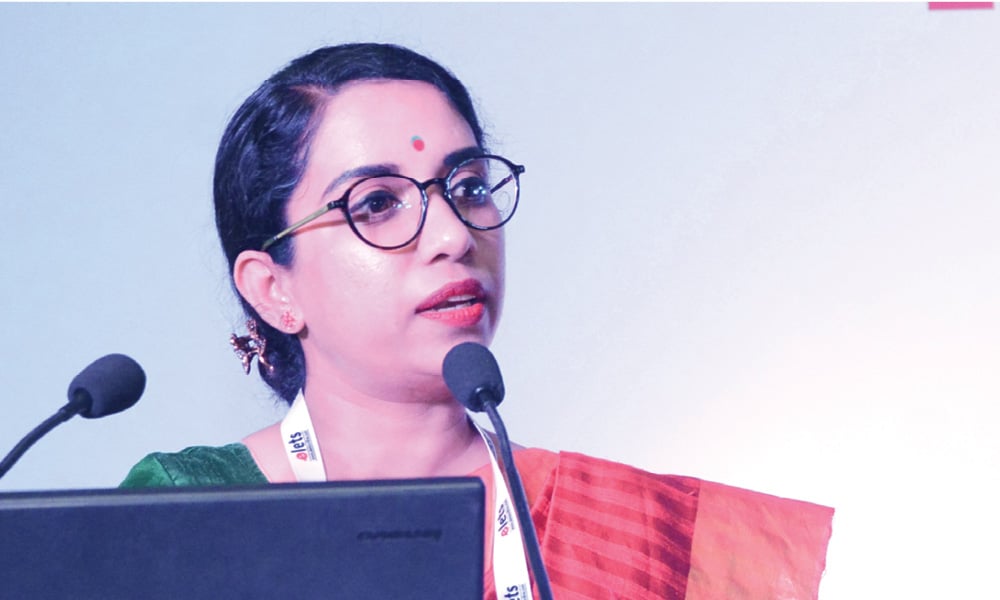
It’s the social, inter-cultural skills to navigate and succeed in today’s inter-connected world that any student needs to have and be there at the globally competent market.
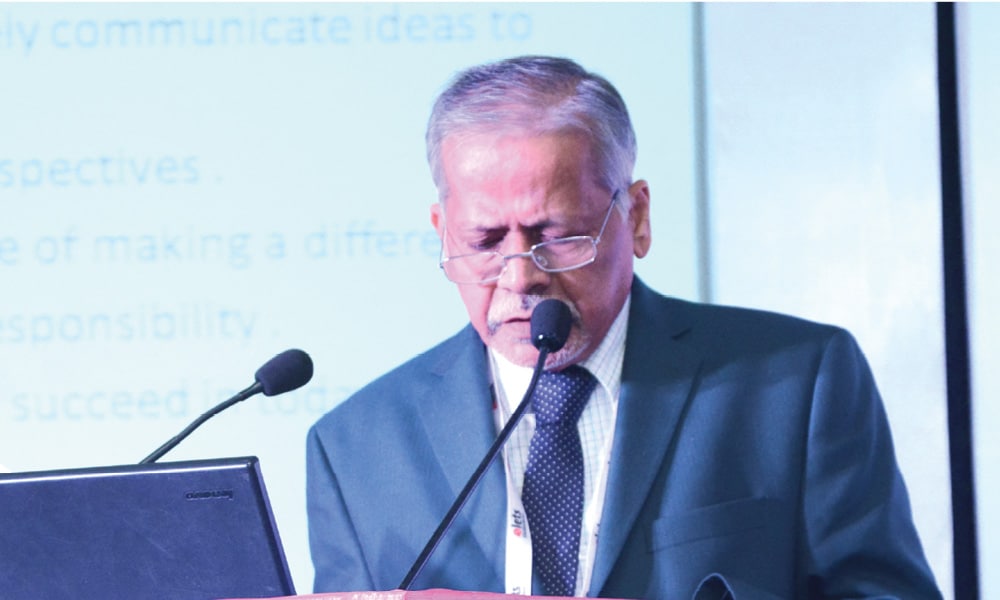
If we want to give world class education, the international cooperation is very much essential. We should have strength to attract good universities. We should be so strong that we attract students from developing countries. Catering for cultural and psychological needs of foreign students that’s where we are lacking.
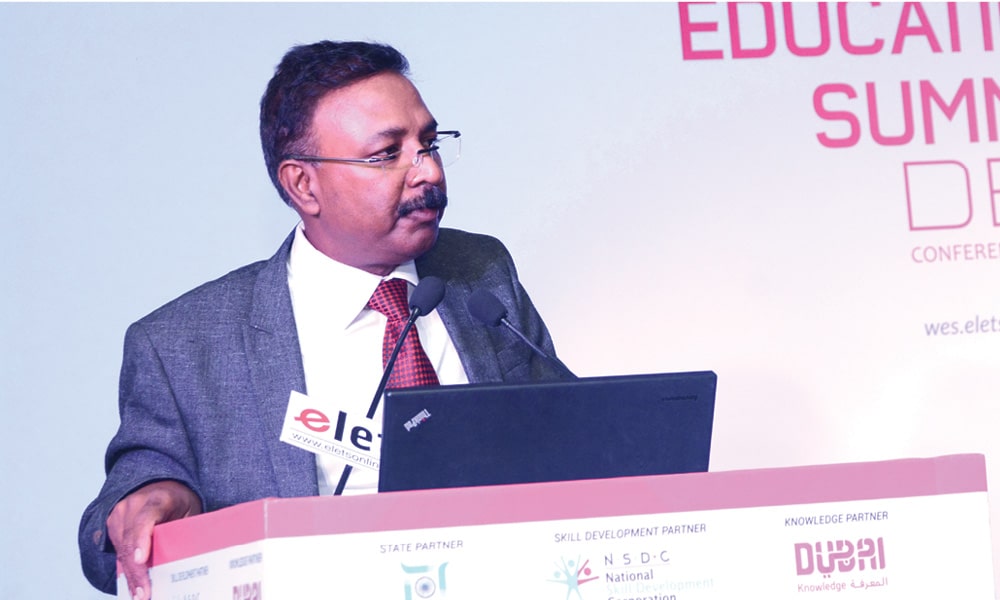
Existence of very few medical colleges has led to a huge shortage of doctors. Government of India wants to fast track setting up medical colleges. Besides investment, a proper regulatory mechanism existing in a liberalised manner is needed like for land requirement. I am sure things will change now. “Students in the east India, aspiring to be doctors are forced to approach private colleges in the west or south India. Since not everyone obviously can afford, not many students from these regions are being produced from medical colleges within these states or from the south or west. This is creating problem in entire health sector of eastern region. Jharkhand is one of the worst affected states.
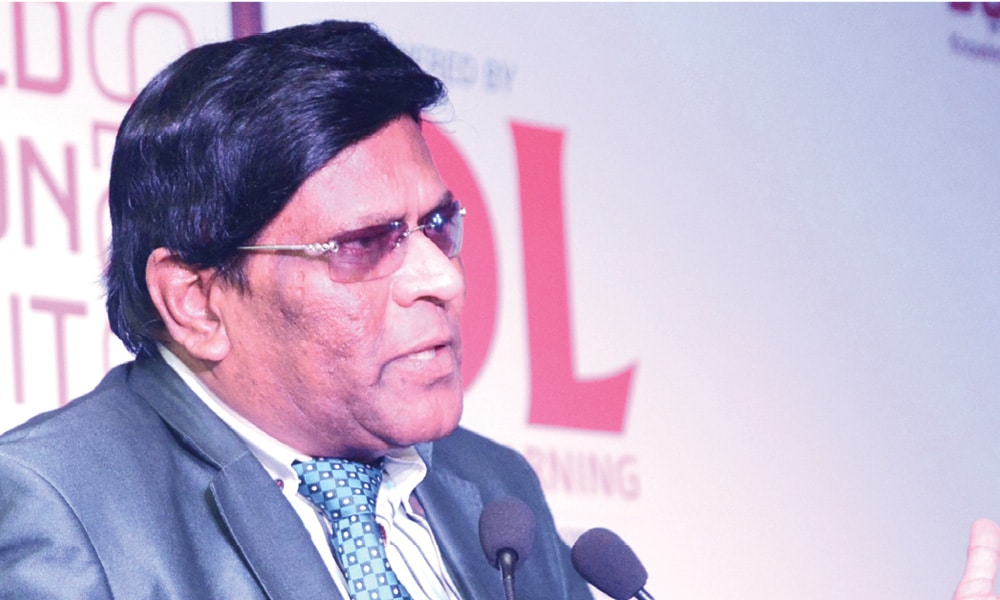
Technology gave us the advance to enforce many reforms and bring about qualitative change in the systems and also in the approaches. Technology blended with academia for better outcomes, we found this is giving us great advantage. It has perfected the processes and outcomes and also enhanced the outcome based learning and made the learning more effective by using more technology.
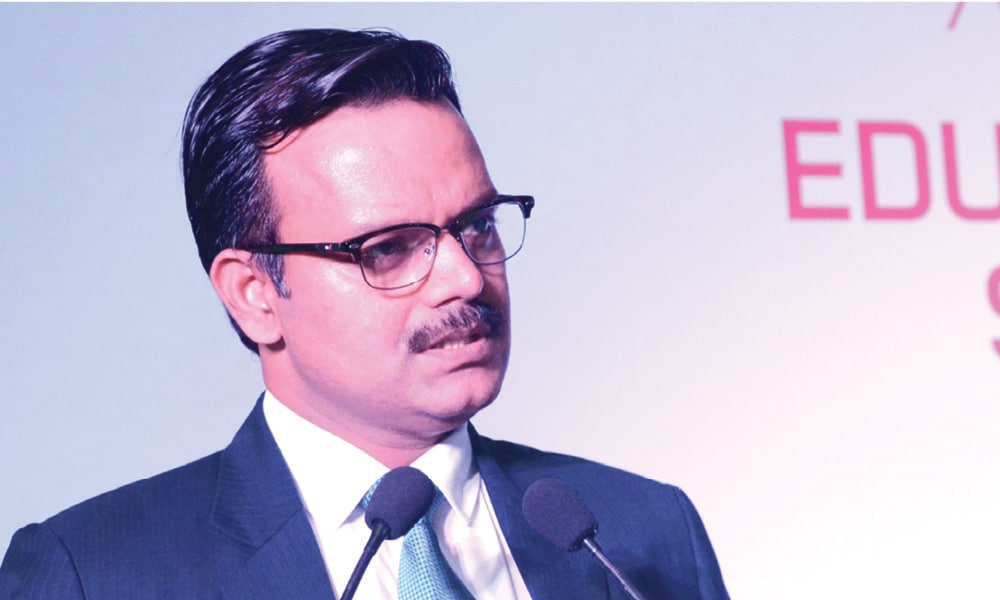
IT is very much central to the government in Jharkhand. Not just one sector but in all sectors the IT is taking precedence. We are creating conducive climate in the state for anyone looking for investment in India to keep Jharkhand in consideration. For IT infrastructure, we have marked land for developing IT city and creating IT startup ecosystem.
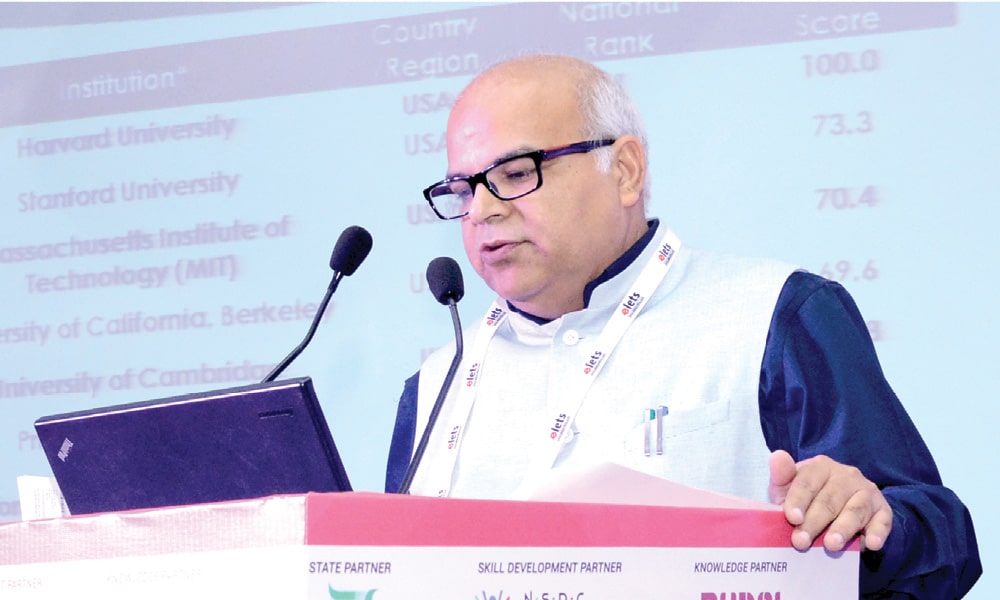
Ranking’s signifi cance is to improve the quality of educational institution. The existing ranking systems are in fact helping the already highly ranked universities because students apply for top ranked universities.
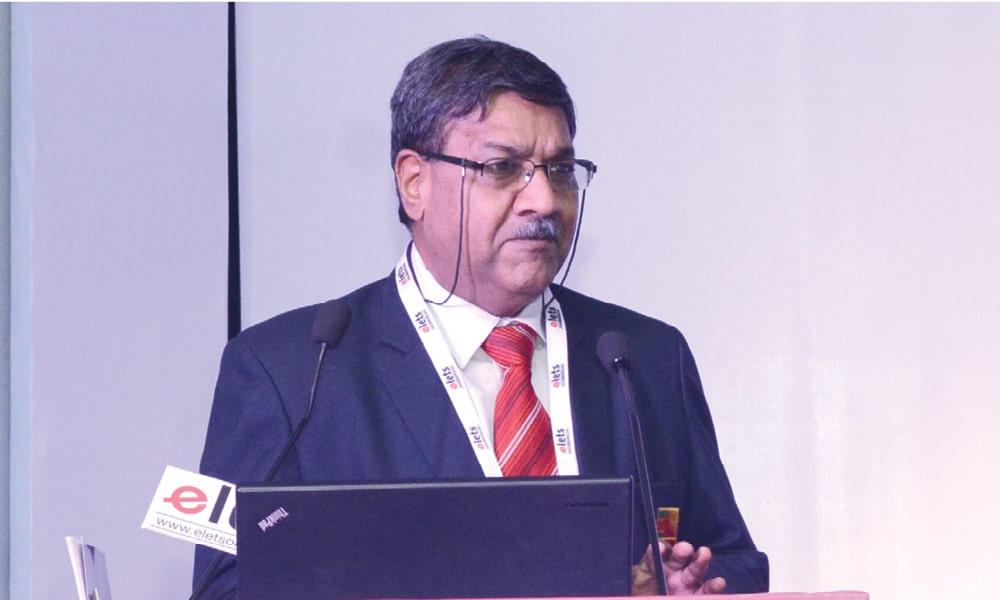
The majority of contribution is now coming from the private institutions that are highly placementcentric. People will join me at my university if they are placed, not because their research papers are published in high impact international journals.
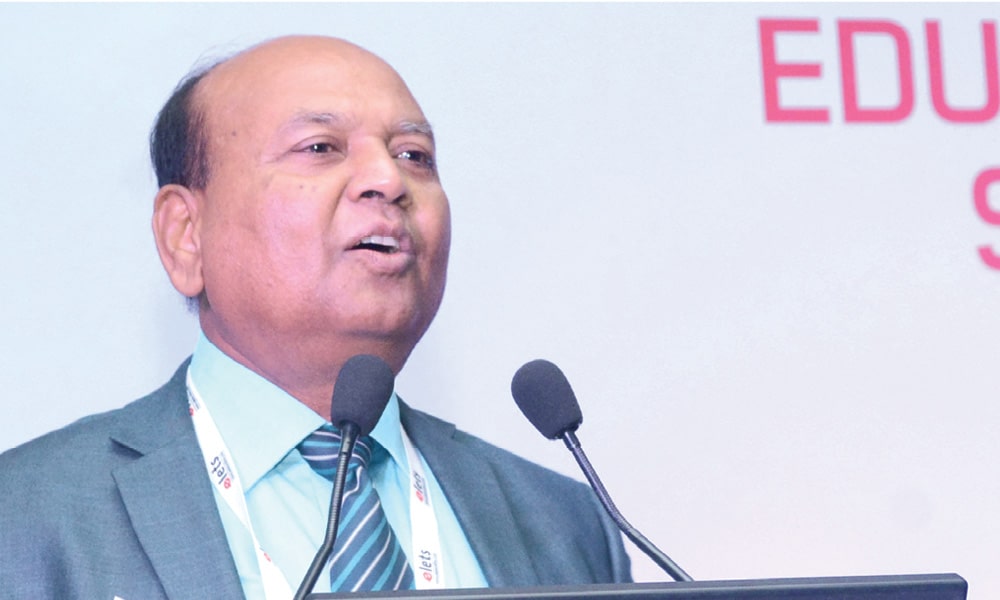
Finance is as important as it may be but the other factor lack of academic leadership that’s really posing a bold problem and when our desire is to excel then that poses a bold contradiction… Data reflects probably we are not very serious about research that’s why we are failing in world rankings.
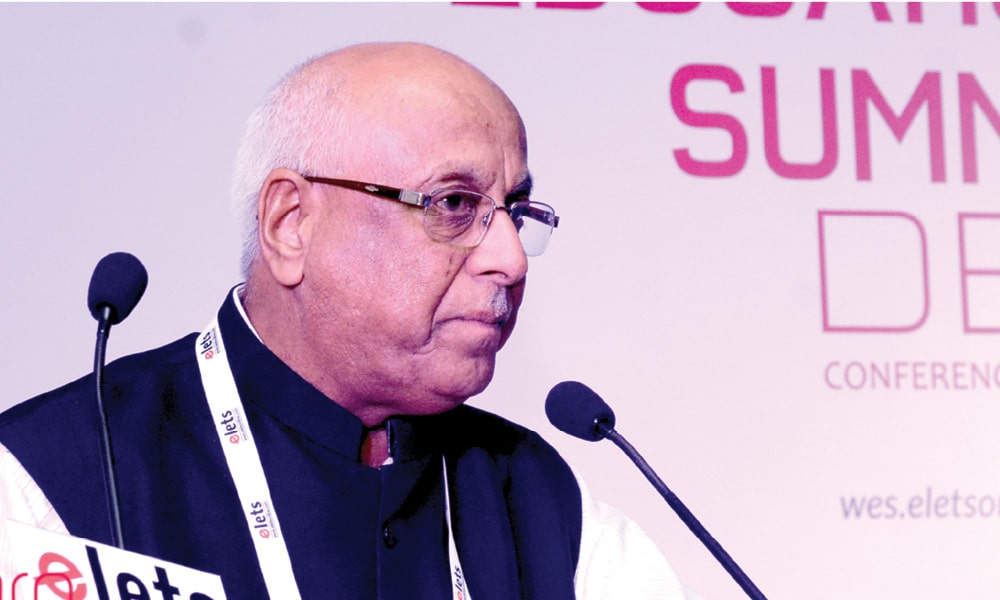
Research comes from thinking. I don’t say people coming from outside the country are only scholars, within the country they have scholars to give better leadership to the department. They should be given the autonomy and freedom to select their own team.
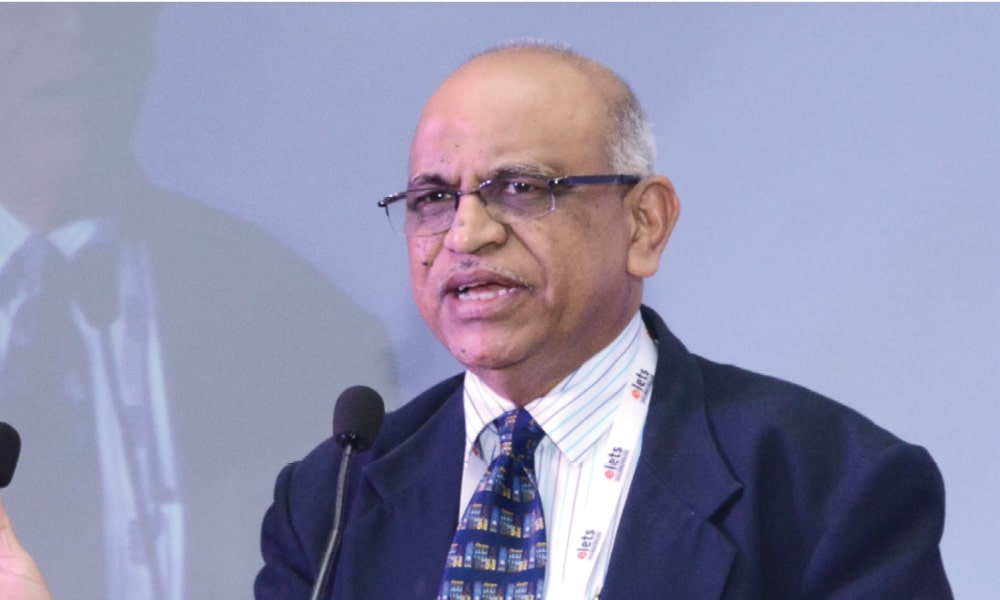
Whether or not we are interested in the global rankings, if we need to produce universities…we need to create an intellectual contribution. The university has to be different in creation of intellectual capital.
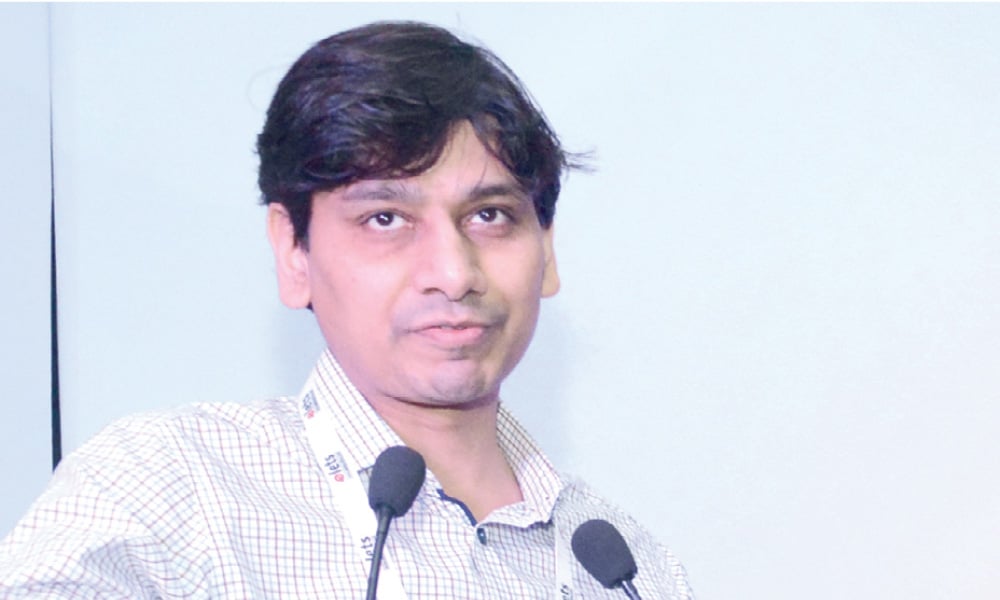
For India to become Vishwa Guru, the need of the hour is to invest, to calibrate, to work upon, to innovate and create model systems and frameworks whereby we can impact the higher education.
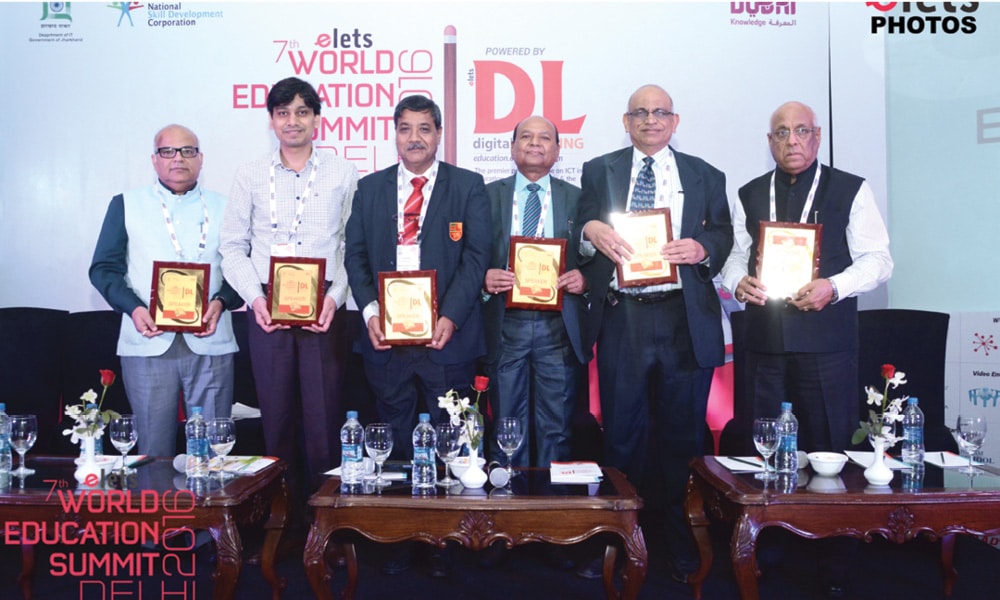
Industry Presentation – Using technology to motivate students to improve their diversity and effective management of transnational education
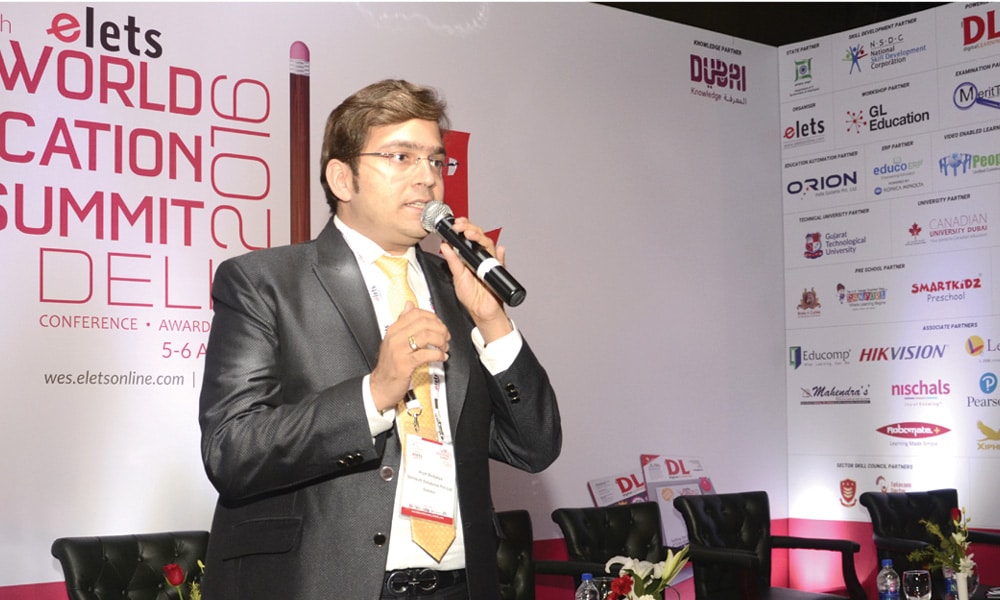
One of the most critical tools in adoption of technology in higher education and school segment in India today is about ERP for educational institutions because ERP is the nervous system for an institutional technology ecosystem around which all your components can play and this can sit right in the middle for efficient operation.
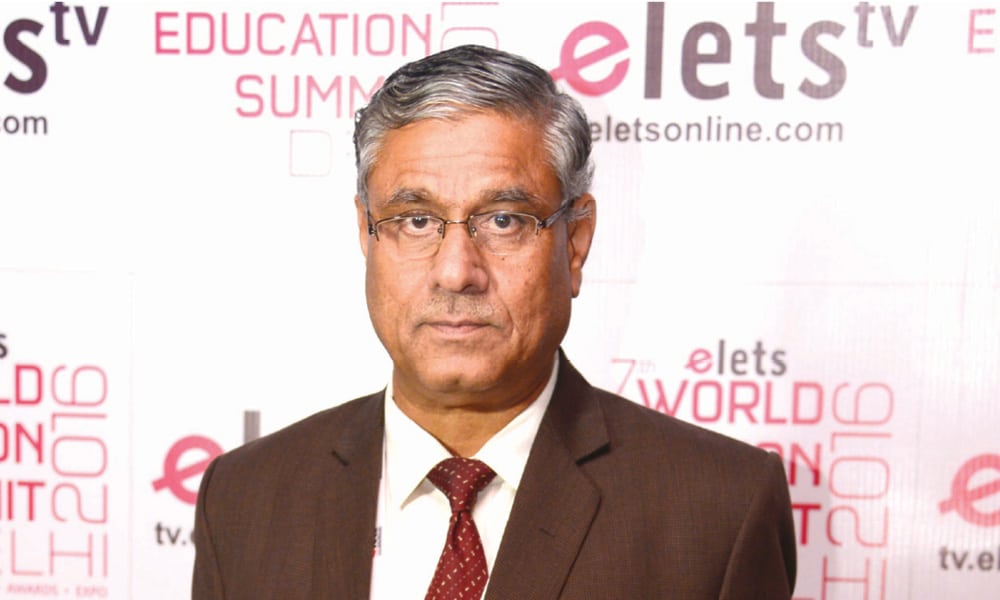
If you say our universities are not doing well, how do our students do well in foreign? We have potential, just need to identify methodology where a guru and student can understand and learn from each other, get values of Indian heritage and bring back Indian pride.
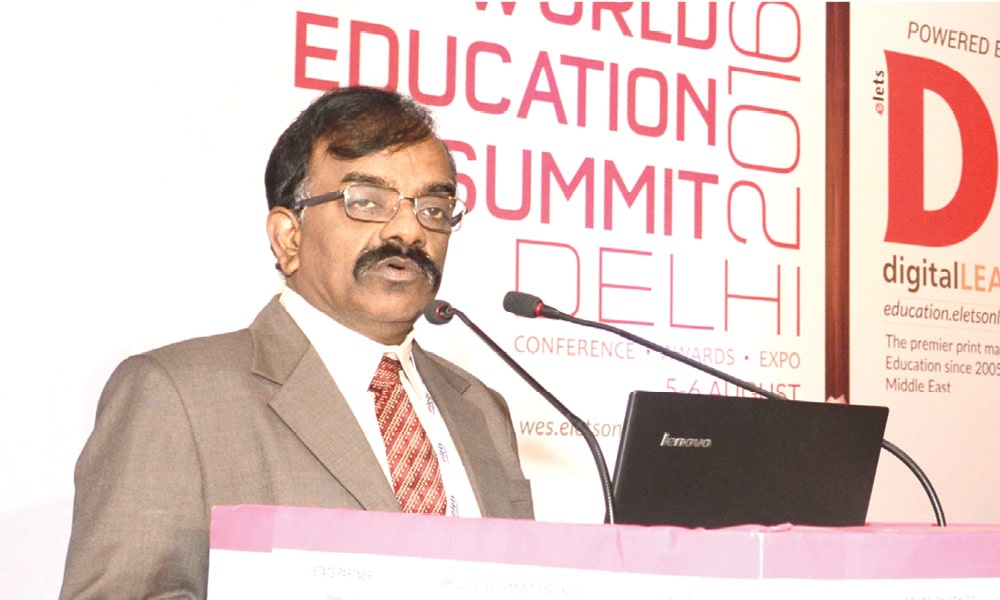
We need to apply technology to reach the unreached, to reach the disadvantaged population through the development, application and evaluation of systems, techniques and aids to improve the process of human learning. Technology brings education to people instead of bringing people to education.
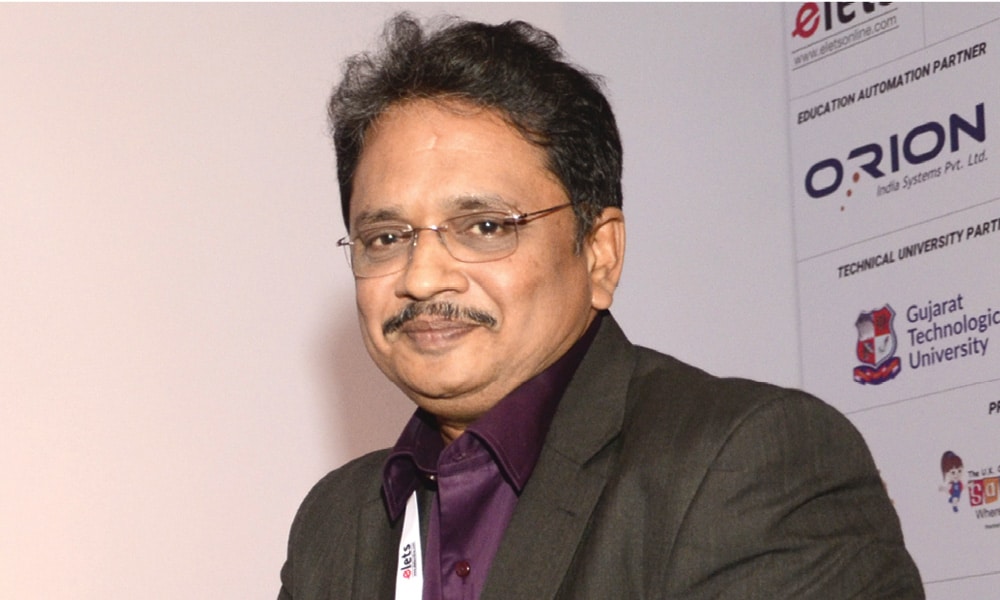
We offer one-stop e-content for technical education for branches and for all courses. It’s a high quality digital content, exploiting technology on the visual side. We use a lot of 3-D models that industries are using. We also use all personalised devices for that.
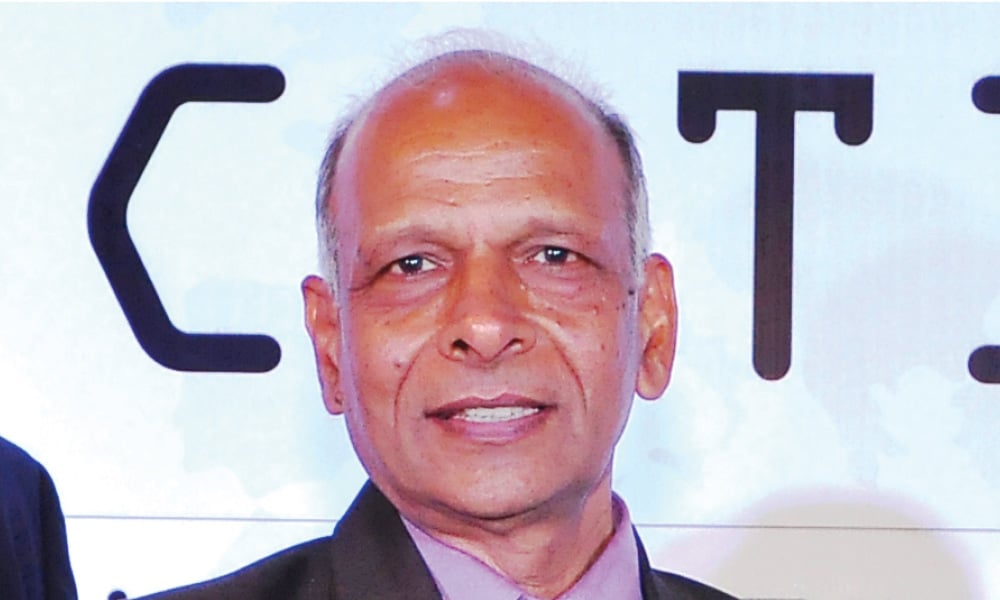
In transnational education, the reduced cost usually also sees decline in quality. Regulatory framework is another aspect because the providing country doesn’t have any control where it is being imparted. These issues need to be sorted out in the regulatory framework.
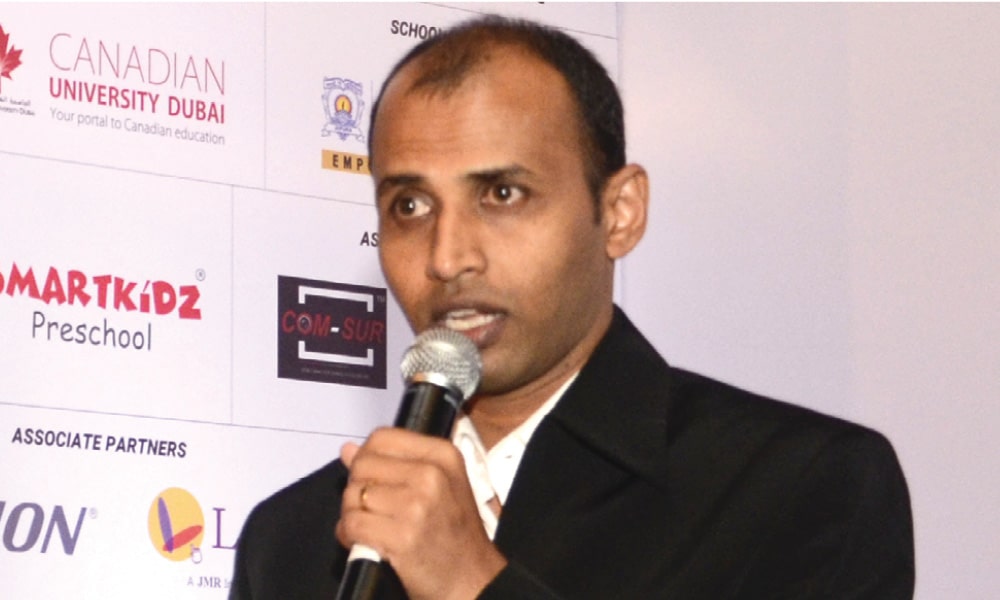
For Information Security, we have a transparent system to enable you to access your database anytime, using your own key just like pincode for debit card/credit card. With secret key pins, you make your system or solution three-layered secured so that your ERP solution is running absolutely fine.
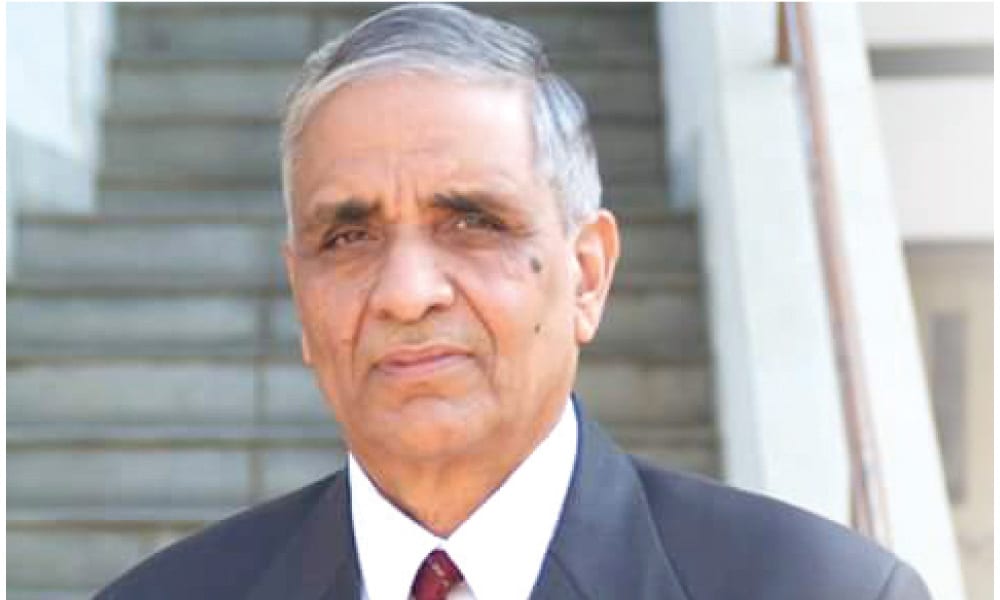
About transnational education, there are various serious issues like quality, financial part, recognition, student satisfaction. So its effective management is very important. The question arises, do we really need support from foreign institutions to promote our quality?
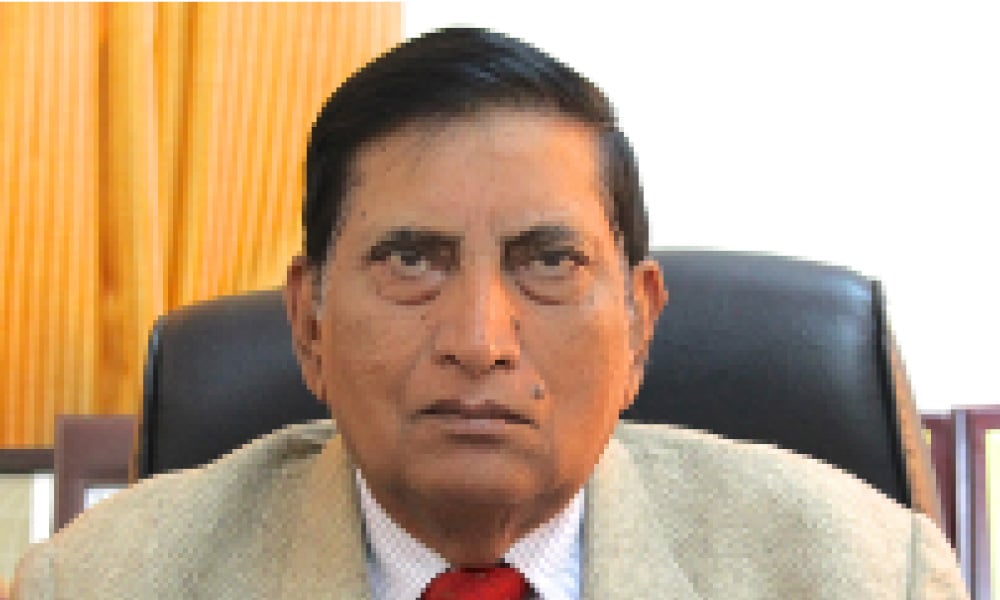
Knowledge should come from wherever it is possible and we must accept the knowledge, it maybe from other nations via trans-national agreements. And, environment must be created where they can safely embark on this exploration.
Round-Table – Innovation and Entrepreneurship for Fostering Growth
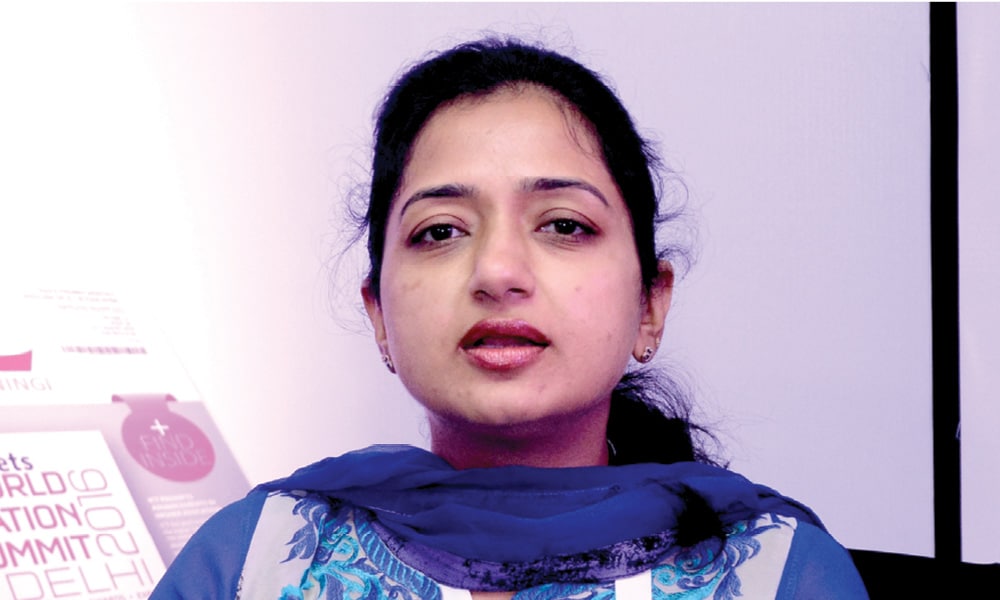
The main obstacle for a college in remote area is of fi nance. Paying capacity at ground level is not as much as we can sit here and discuss. It’s very easy to discuss the problems at round-table conferences. We discuss the problem and leave them here only but to solve them we have to be at the ground level.
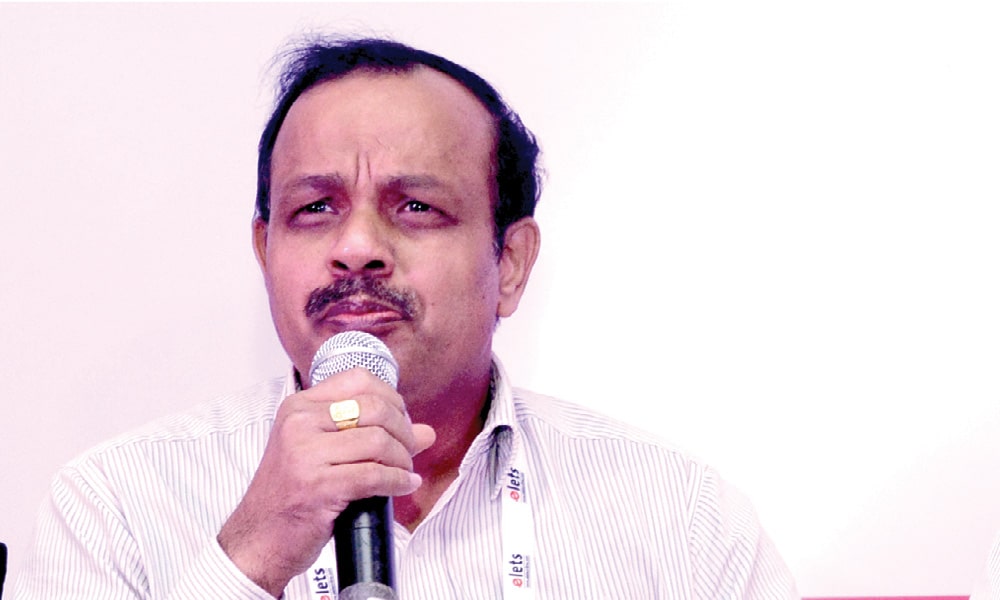
We have to think about making the life of our people better. It must be done while keeping in mind the Indian perspective. We must also focus on research and development of new products rather than buying them from the other countries.
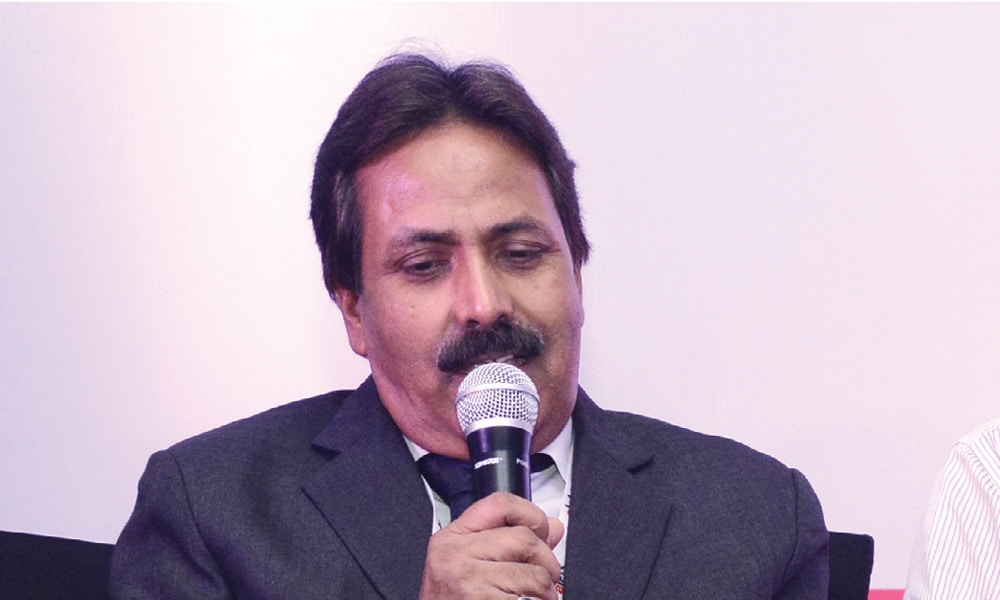
So far the education system is concerned, more modification is required from school level to the university level. I also think that the moral education must also be the part of school level education upto class 10th.
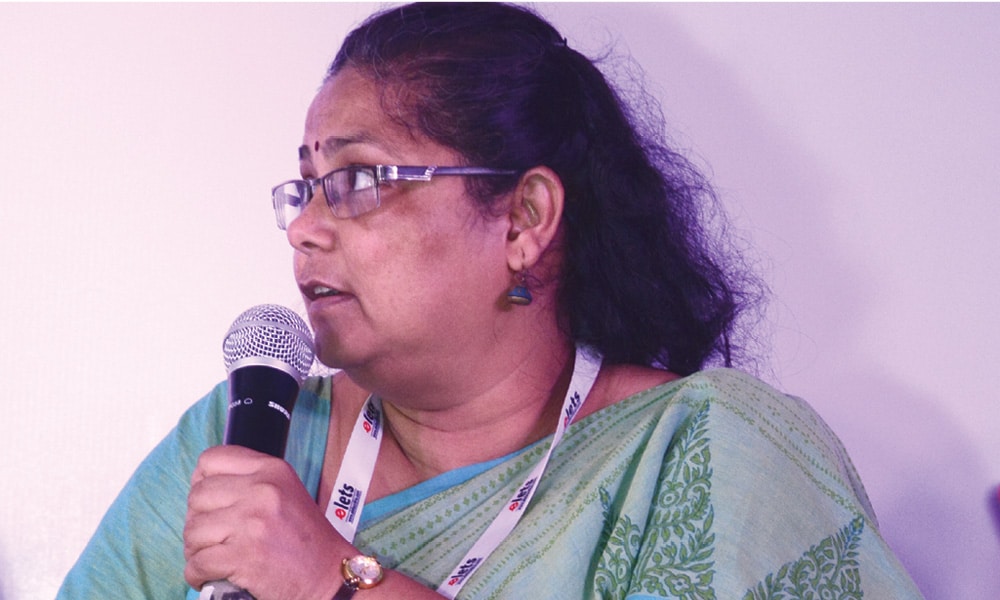
We have a mission of promoting entrepreneurship. I always feel that all technology people and management people are pillion riding onto somebody else to get an opportunity for themselves whereas entrepreneurship is what is opening doors to them and they are able to create lot more opportunity.
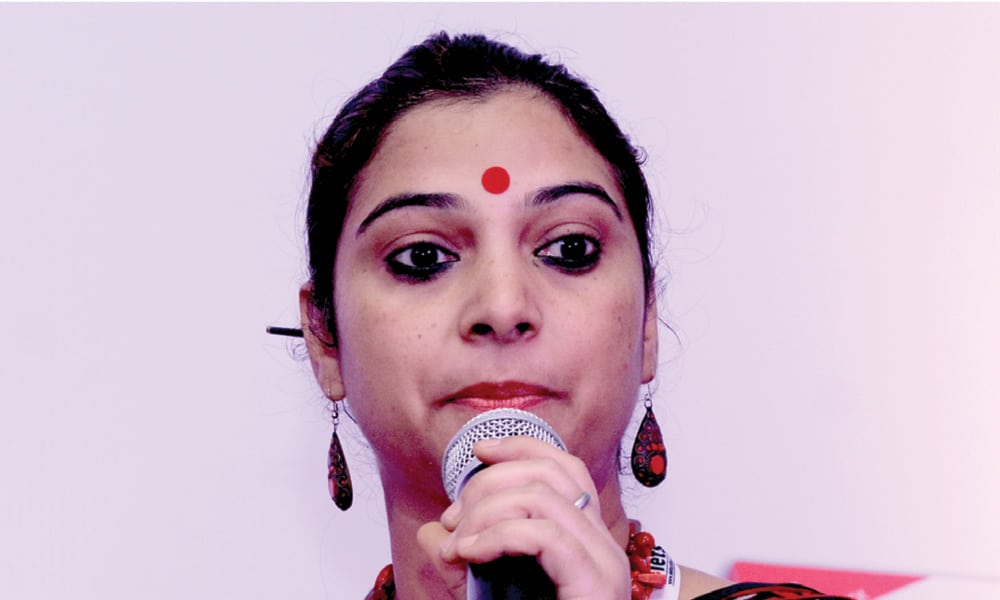
Whether it’s a private college or a government college, working hours for faculties are so long that we are so exhausted that by the time to do research and publish it, it’s a long way to go for us.
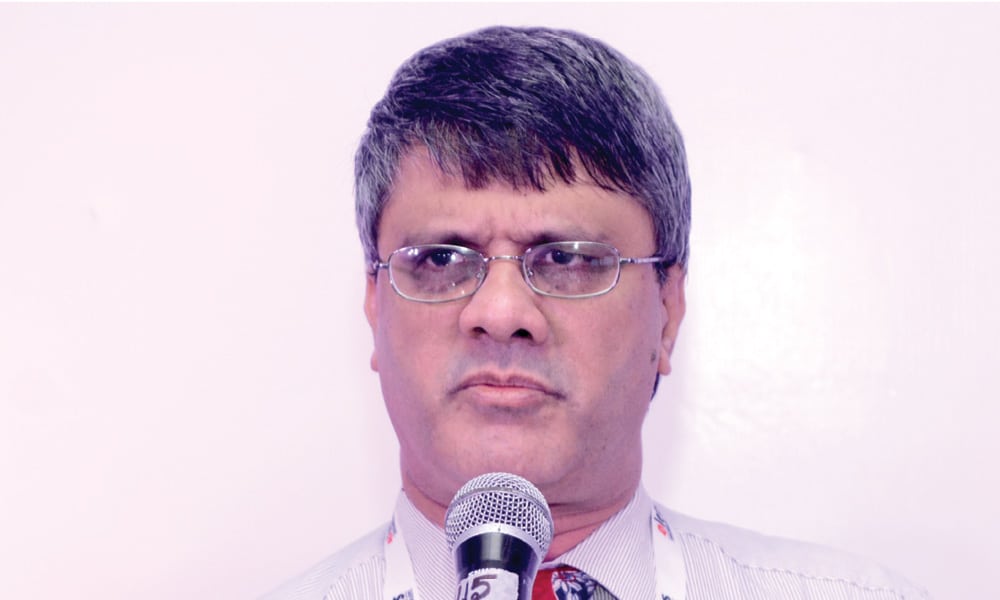
I see that the research and the innovation and the kind of involvement that should happen in the higher education system has not really taken root in the private universities because expectation of stakeholders that is of students, teachers, managements and administrators are changing.
Higher Education & Skill Development Scenario in India: The Road Ahead
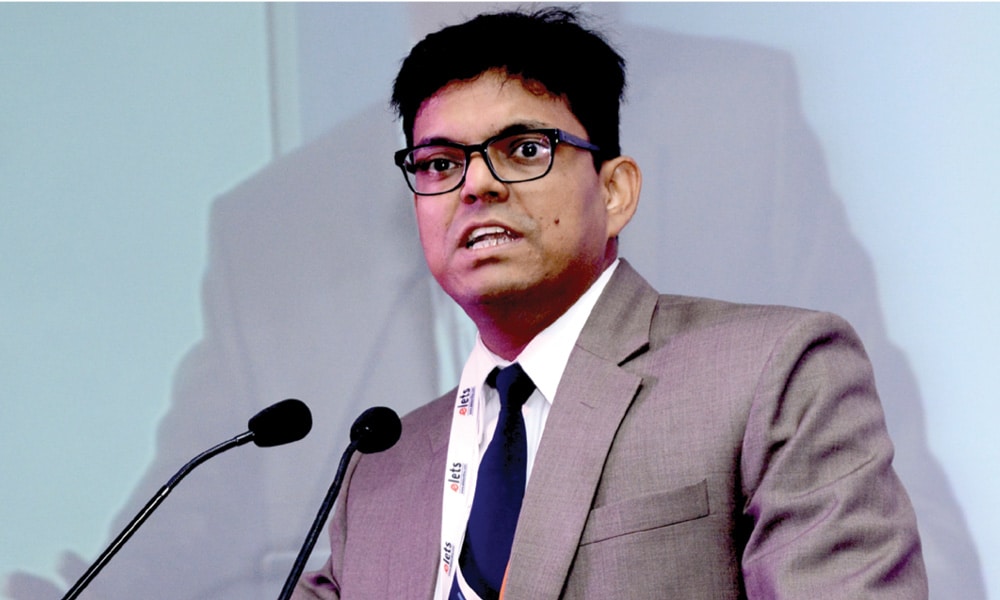
Skill development in India is going to be a challenging task because education alone can not fulfi l the requirements of skilled workforce in future. Skill development must be a parallel initiative along with education. There is a potential opportunity for India to become a talent pool.
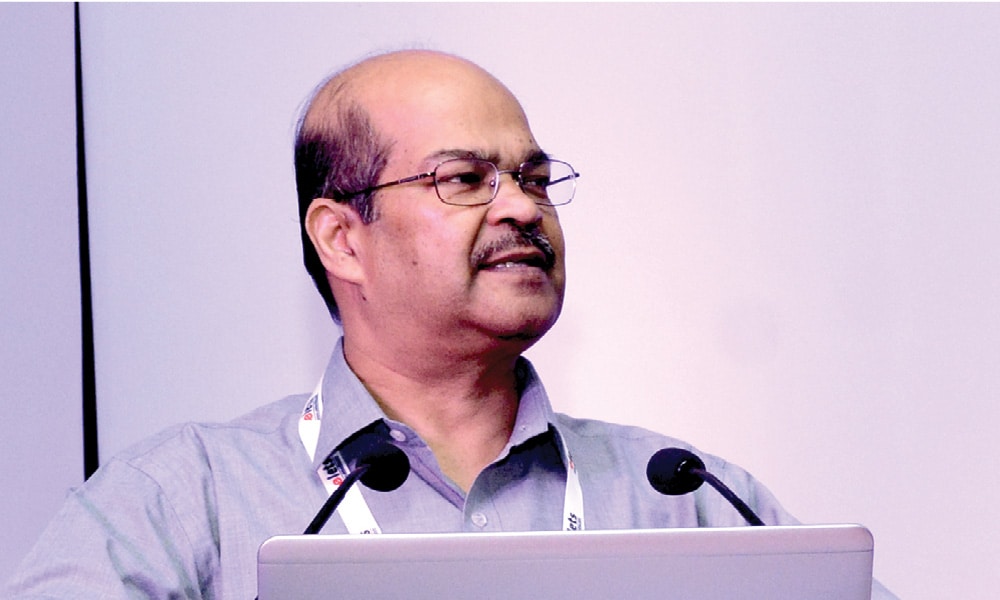
India itself is a huge market and with the passing of GST, the economic unifi cation has been assured. It will throw up large opportunities. To drive that, essentially we need to have skills in higher education.
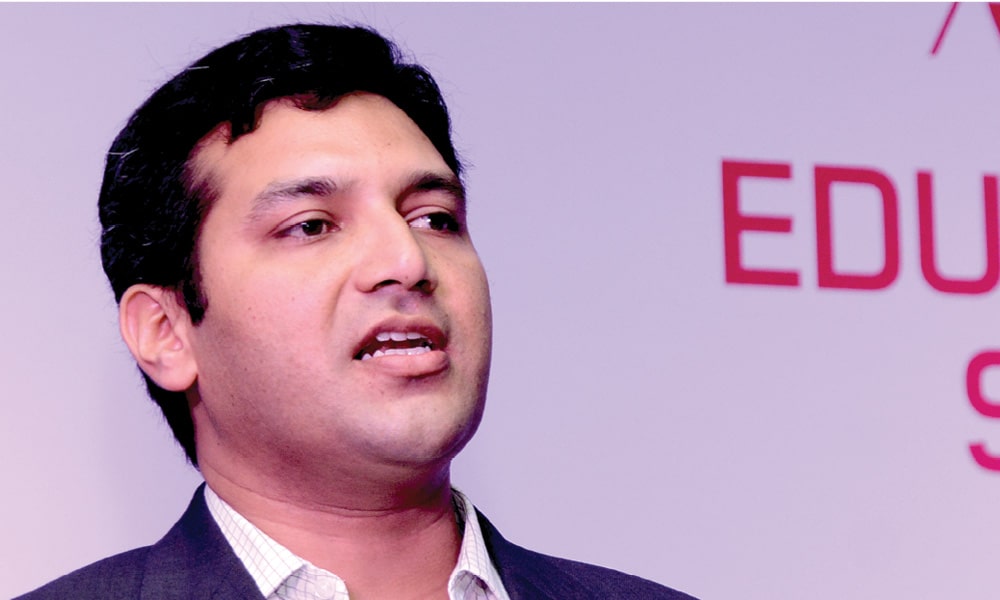
It is important to ensure good mix of students from gender standpoint, from geographic standpoint and also from various strata of interest levels in the industry standpoint.
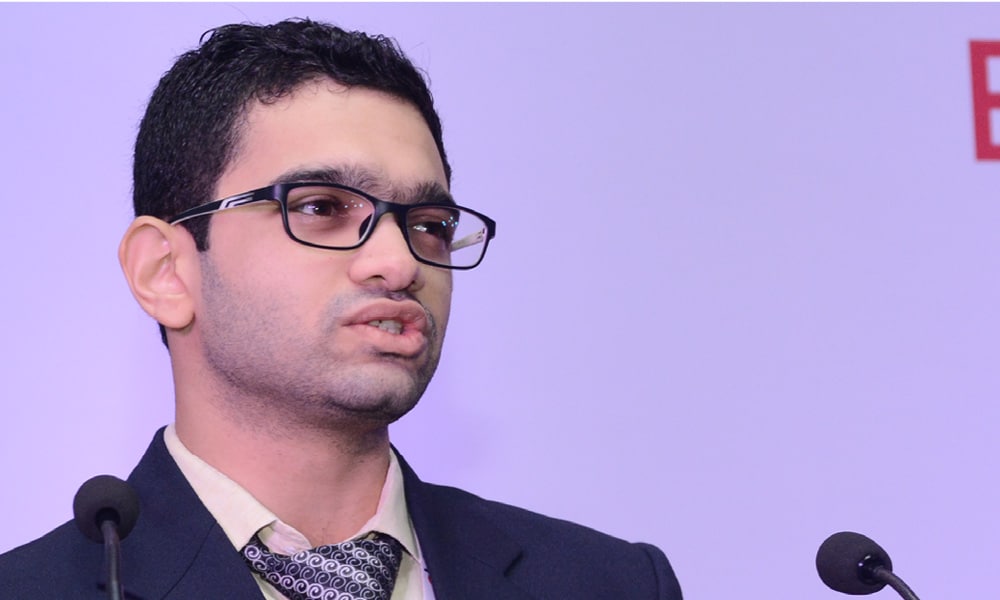
Time and again we are told that securing good marks in your board examination virtually guarantees your berth in higher education but it is not the case as always. A student has to worry about two more factors, timely result and accurate result.
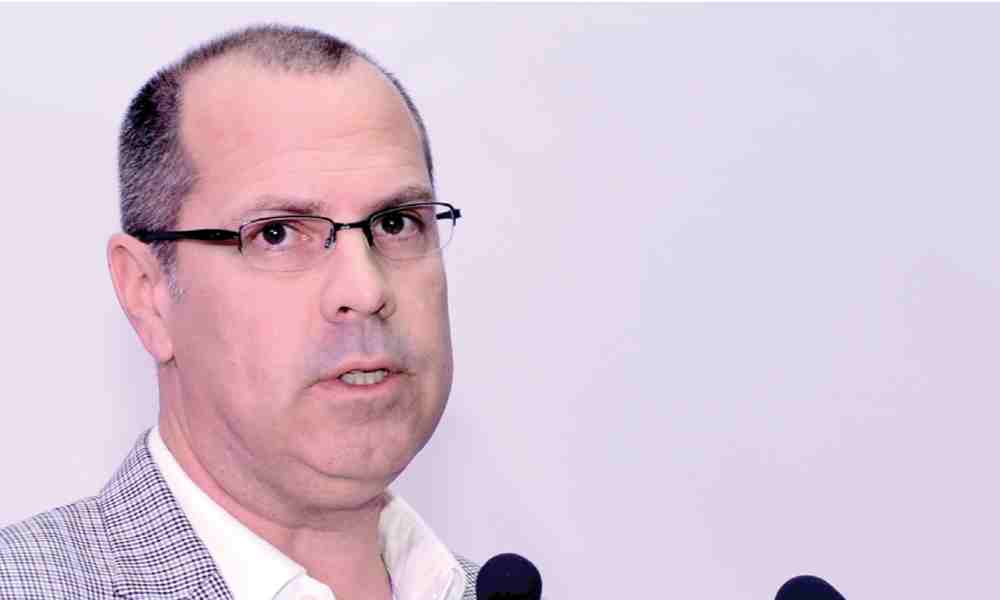
Perception of student is, what value does my degree hold? Is it recognised or not recognised? Am I gonna be hired because I have a piece of university paper or not? So, yes, it gets your foot in the door but eventually if you can’t deliver, if you don’t have skills, you are not gonna stay in that company.
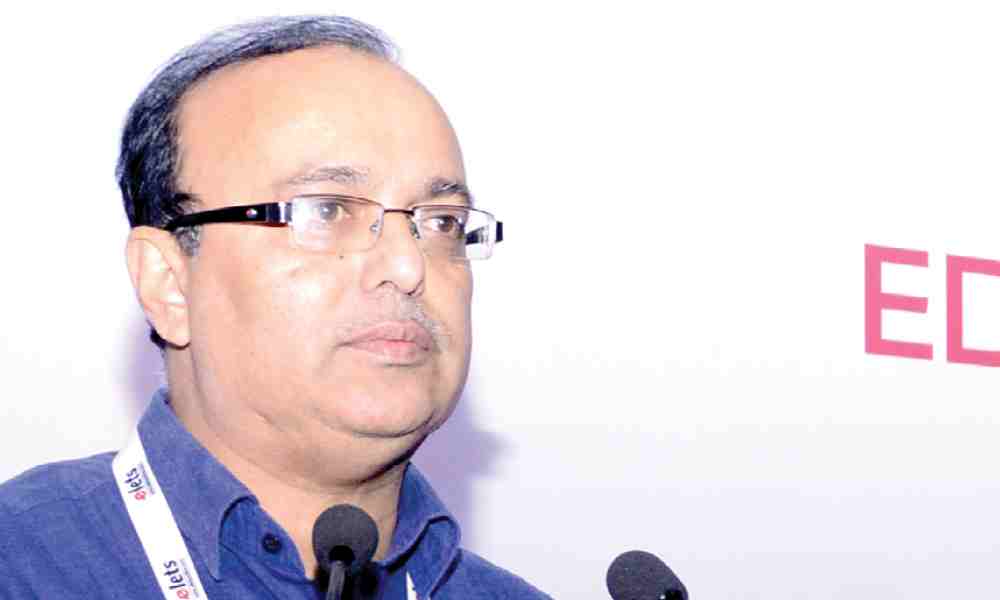
Our students should not only be the jobseekers, they should also be the job providers. If this is so, then innovation and incubation centres are to be setup with the industries in all the institutes along with IITs and NITs.
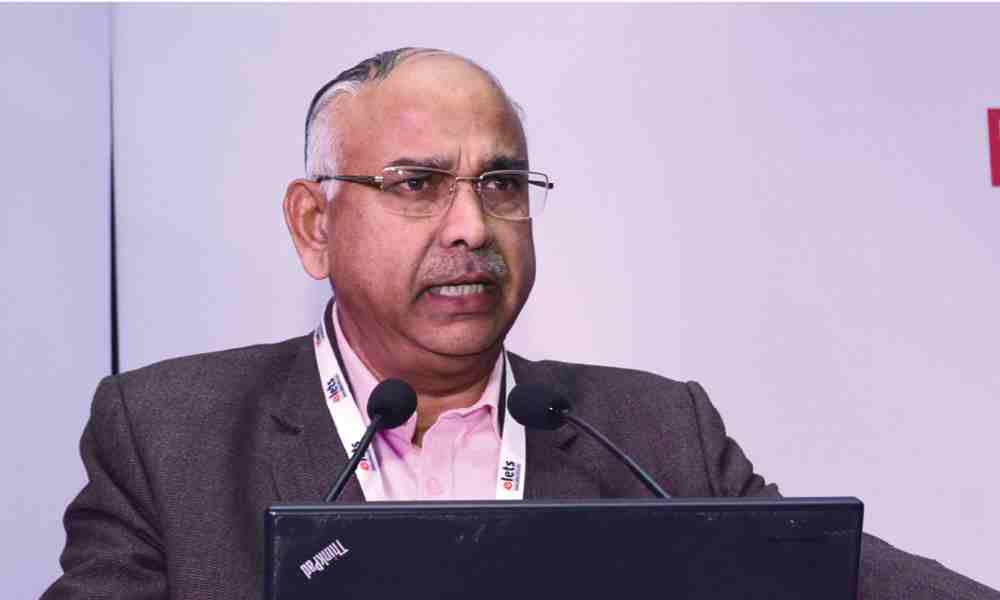
I request all industrialists that you must help the society or you must help the curriculum preparing. So that these things can be utilized by students, so that there is a bridge between the universities, the industry and the government.
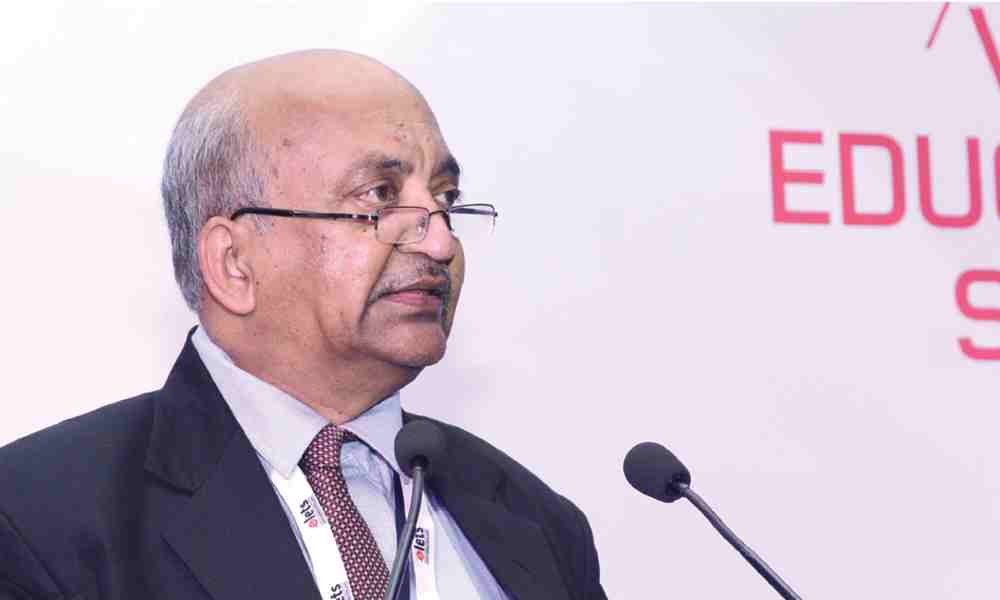
National Law School of India University
The education’s aim should be to emphasize learning power not earning power. Education should be for well being not well off. Instead of depending on industry for employment opportunities, can we ask industries to discharge their corporate social responsibility in a more meaningful way?
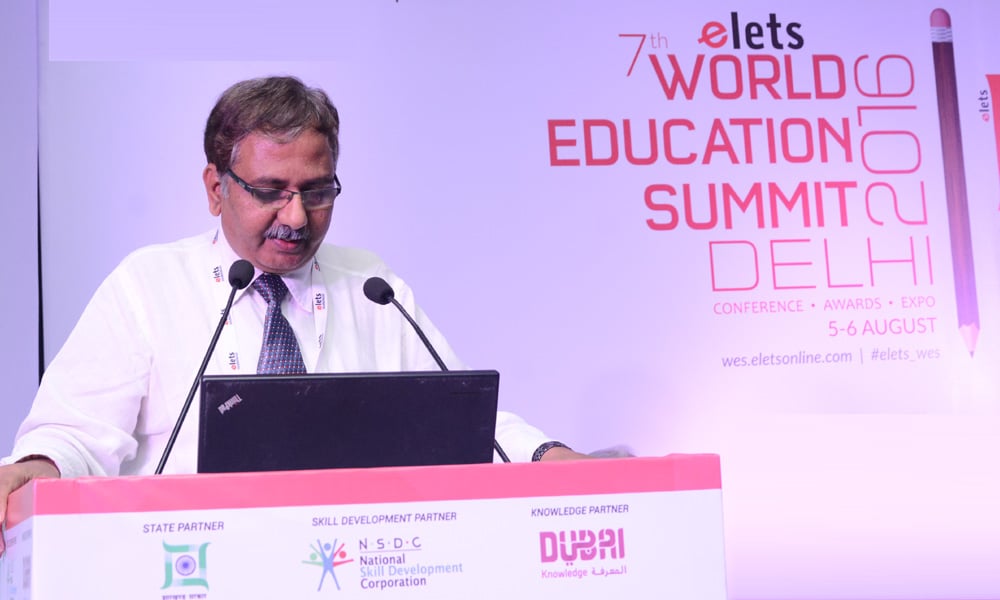
At GTU, our vision is to make a hub of research, technology and entrepreneurship. To meet with our vision, we have varieties of initiatives on our campus right from international collaboration with the leading universities in North America, Europe and all other part of globe. We have collaboration with all major leading associations including chamber of commerce, CII and FICCI.
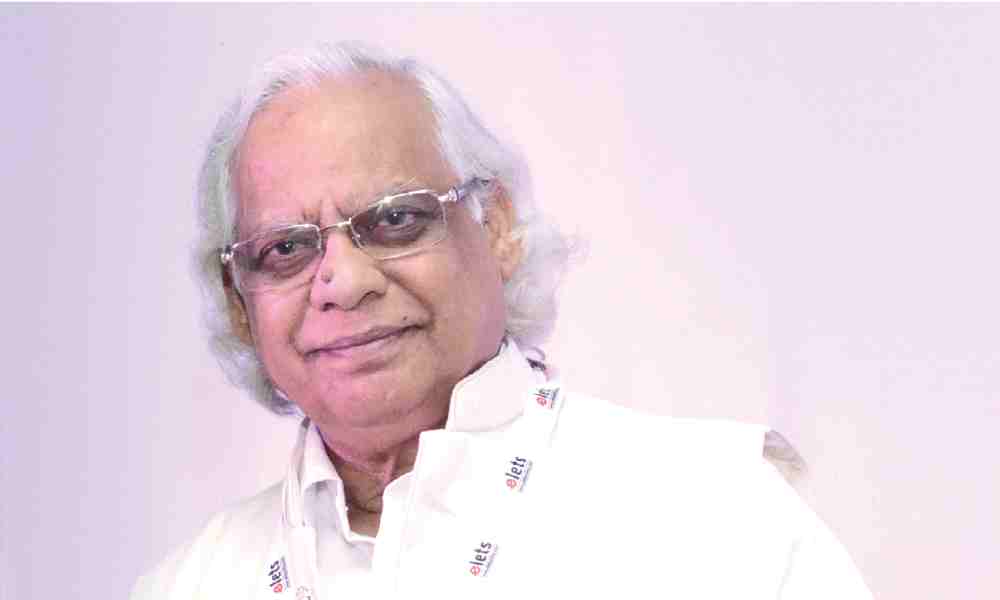
Are we making value plus people or value less people. If a person is good enough than the person will fi nd out the ways, how to get self employed or how to be an entrepreneur or how to be employed in one or other organisations.
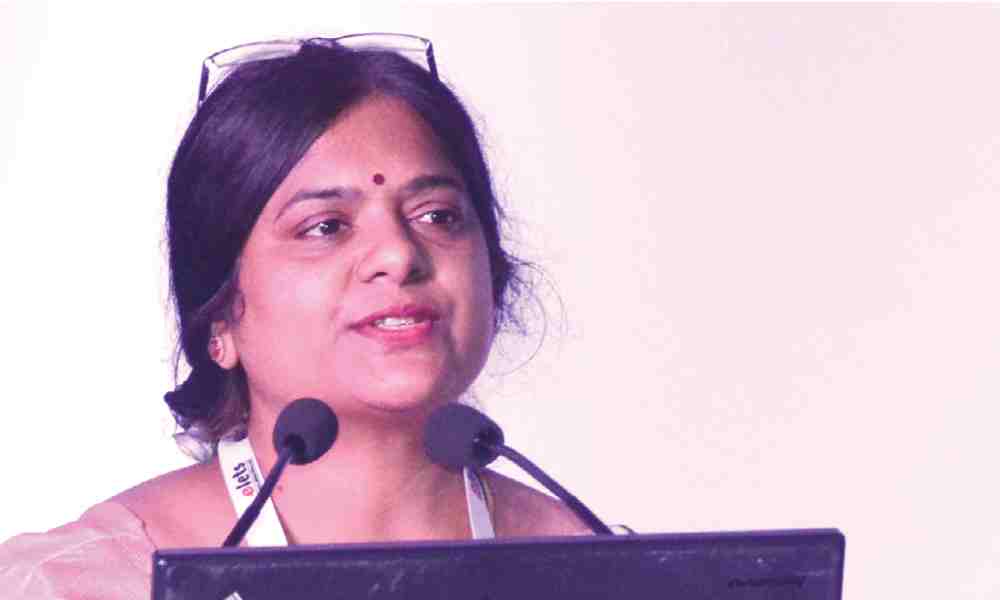
At University, what we have made the vision is “Make in University” concept wherein we will be giving the raw products into the finished course to our students who are employable.
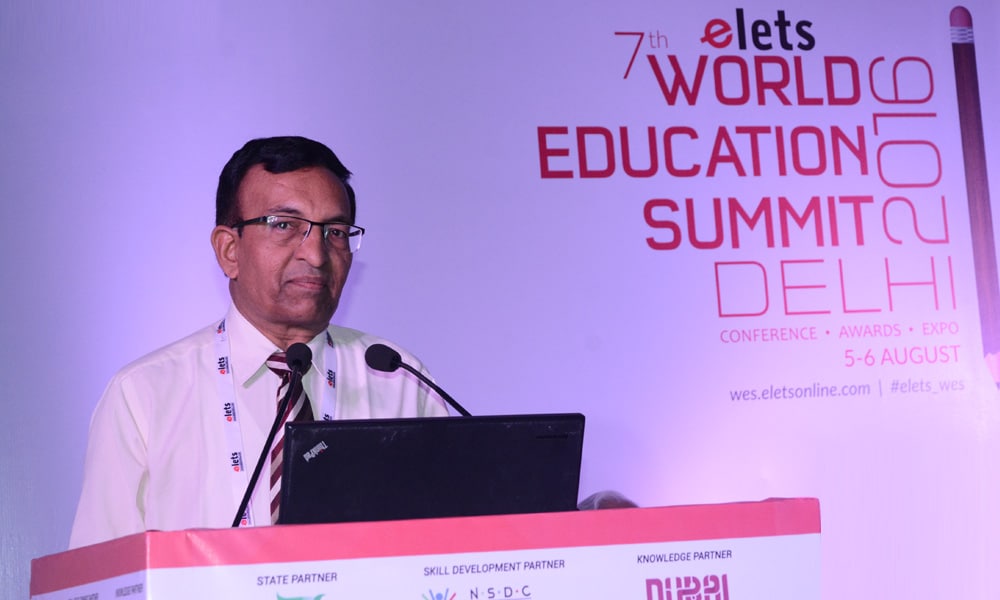
NSE and CBSE have joined hands together at 9th and 10th level and at 11th and 12th level. All NSE certified financial market professional modules are integrated into the curriculum of CBSE. So that the students after class 12th, when they come out, they have a choice either to go for a job or they can go for higher education.
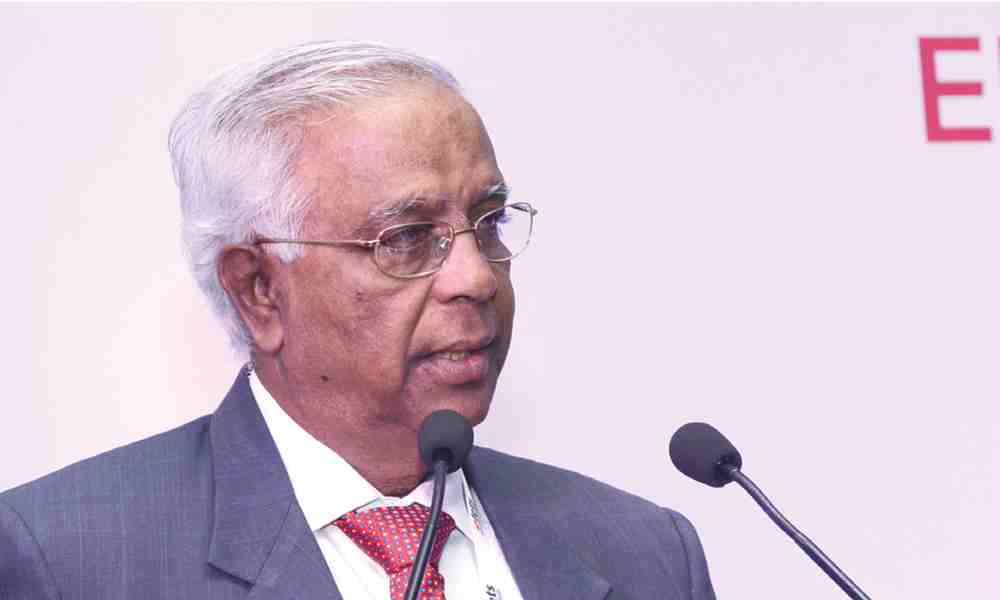
Whatever excellence we want to bring in education particularly in India, the requirement is giving importance to psychology of child. If one mind is improved, both conscious and subconscious mind, everything goes very well.
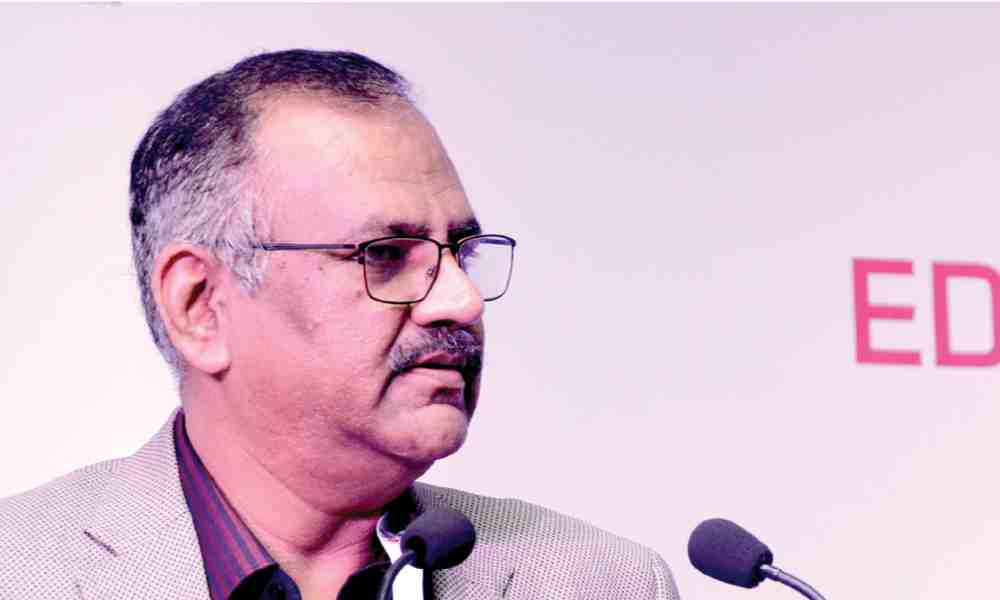
Additional skill acquisition program of our institute is widely accepted. And our students who have completed the skill training program and are having certifi cate for it, they get maximum opportunity than any other institute.
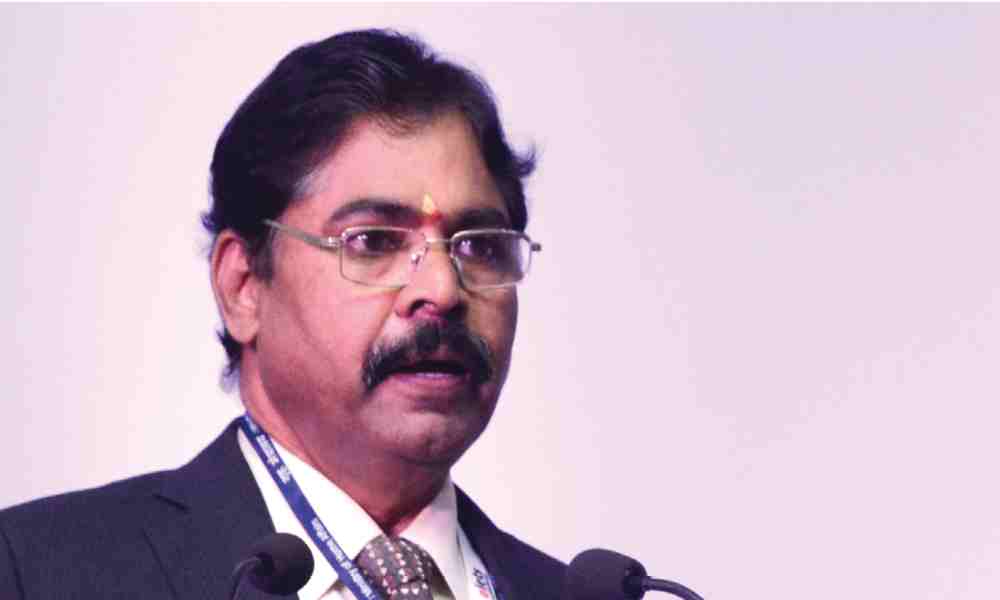
If you wanted to acquire knowledge in different spheres it is important to nurture creativity, innovation and entrepreneurship. These are the three pillars apart from the value system imparted to students. We need to revise our curriculum addressing these issues, then only we will be able to contribute and we will become one of the innovative nations.
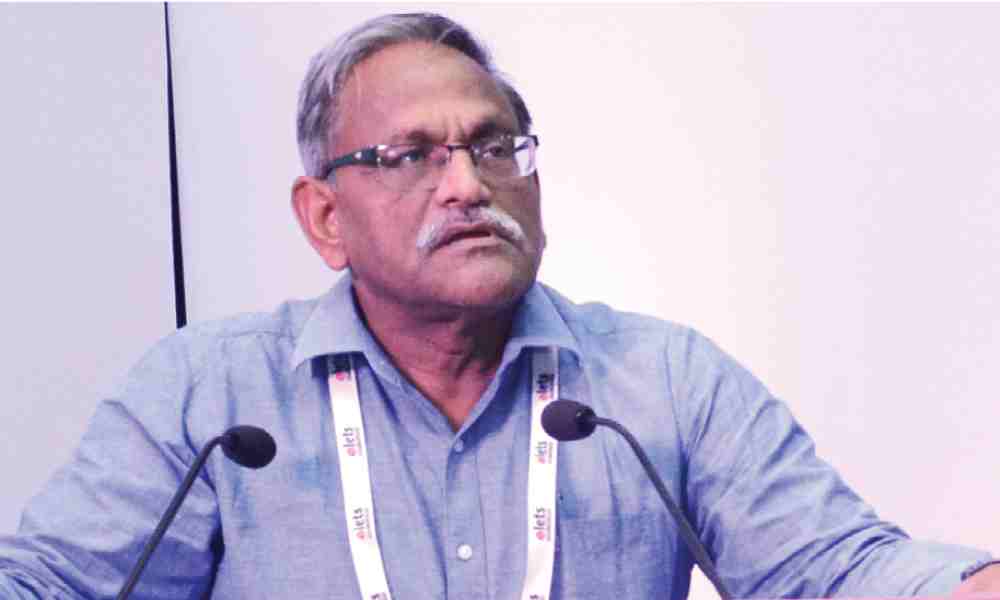
Why anyone acquires a skill? Whether a person upgrades his skills or a new skill but what for? For getting a job in case if he is fresher or a starter or to improve his livelihood opportunity if he is in mid of career?
Mind the Skill Gap – Arming Students with the Skills They Will Own Tomorrow
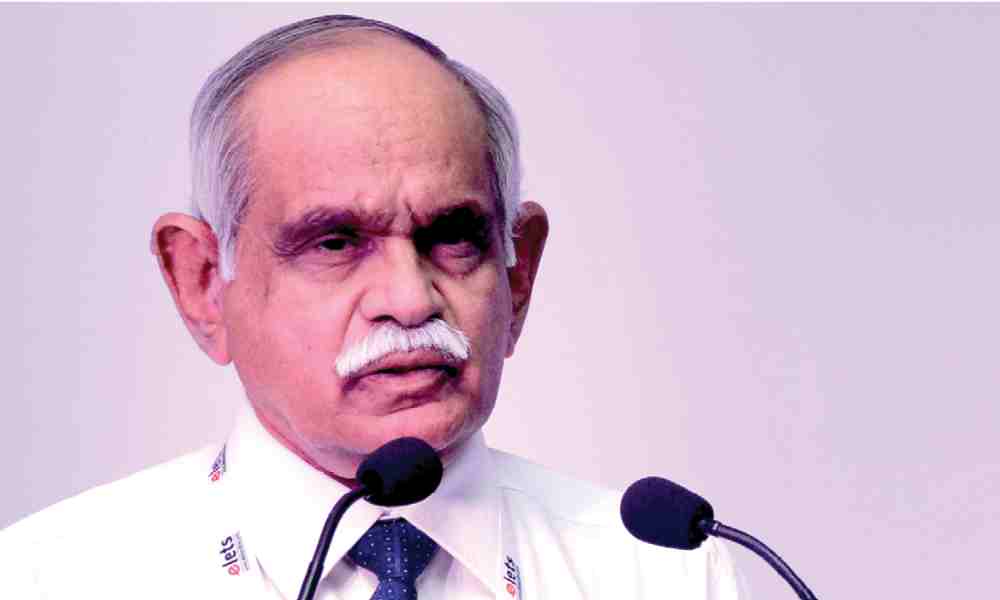
India is such a large country. Farmers are of different categories. How can we convey the latest information, the latest advisory to them. I think we need to exploit Information Communication Technology to fullest possible.
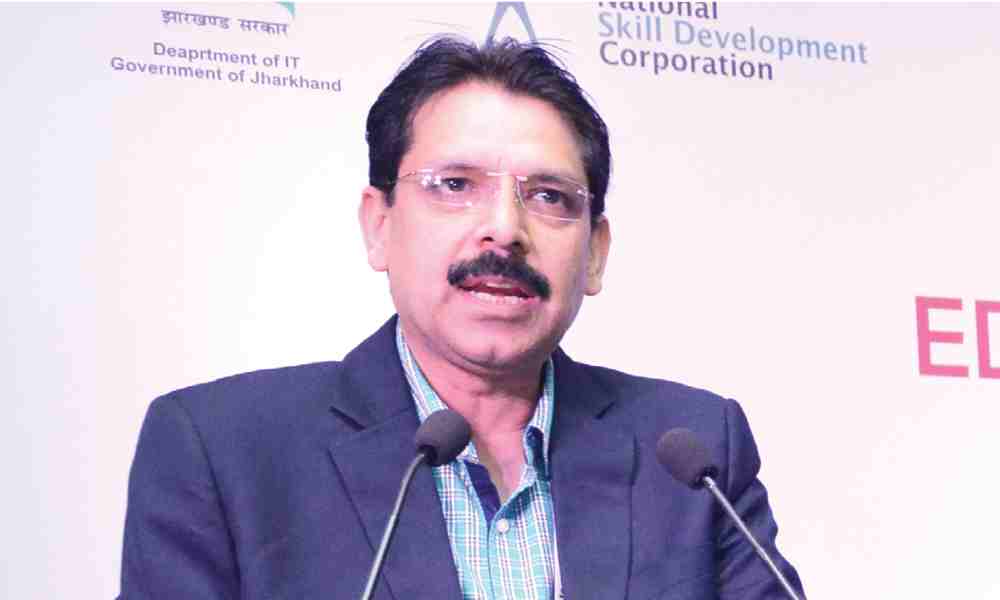
If we look at our demographic dividend, 65% of the total population would be between 15-29 years of age in 2020. How will we really take care of this population — The youngistan population. The only solution is which we talk about giving skills to everybody.
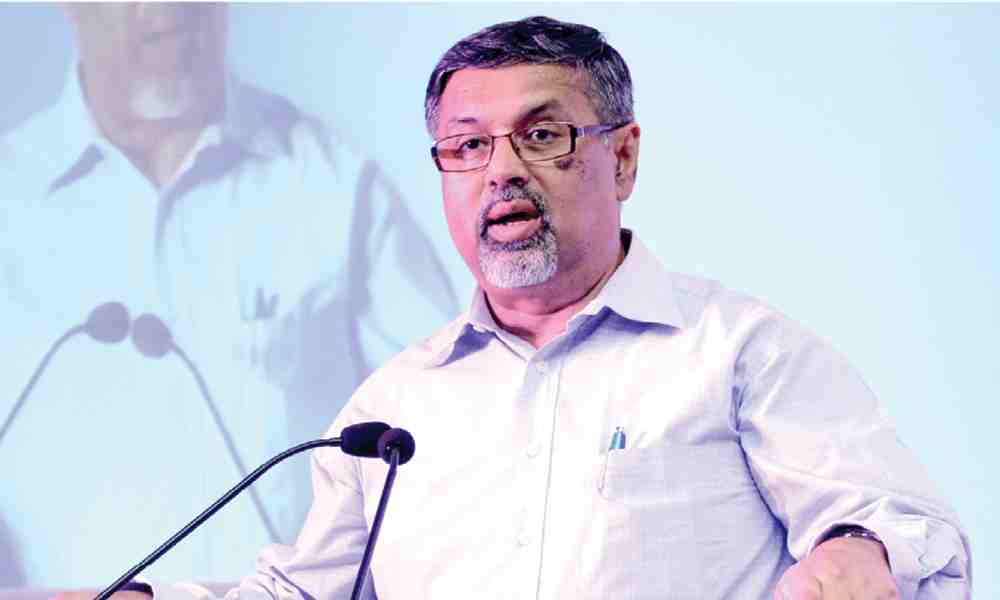
No, one solution is the optimal solution in today’s world. MOOC’s and the traditional format of teaching should coexist. Massive Open Online Courses (MOOC) have a very great role to play in equity, considering the demographic dividend of our country.
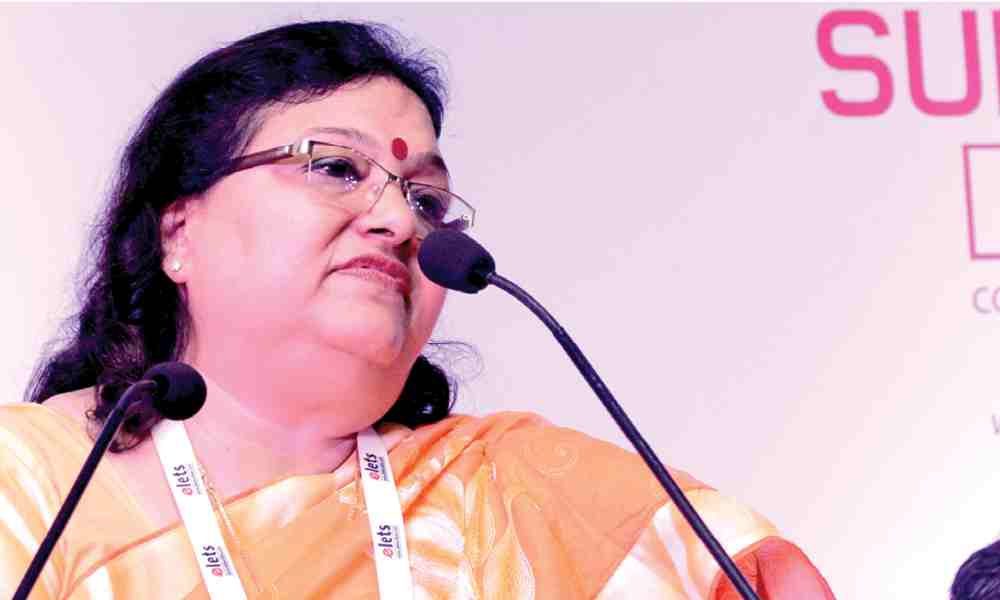
We must have clarity about whom we are talking? Are we talking about the urban or the rural population? When we talk about Massive Open Online Courses (MOOC), what content are we going to provide them? That is one of the major questions.
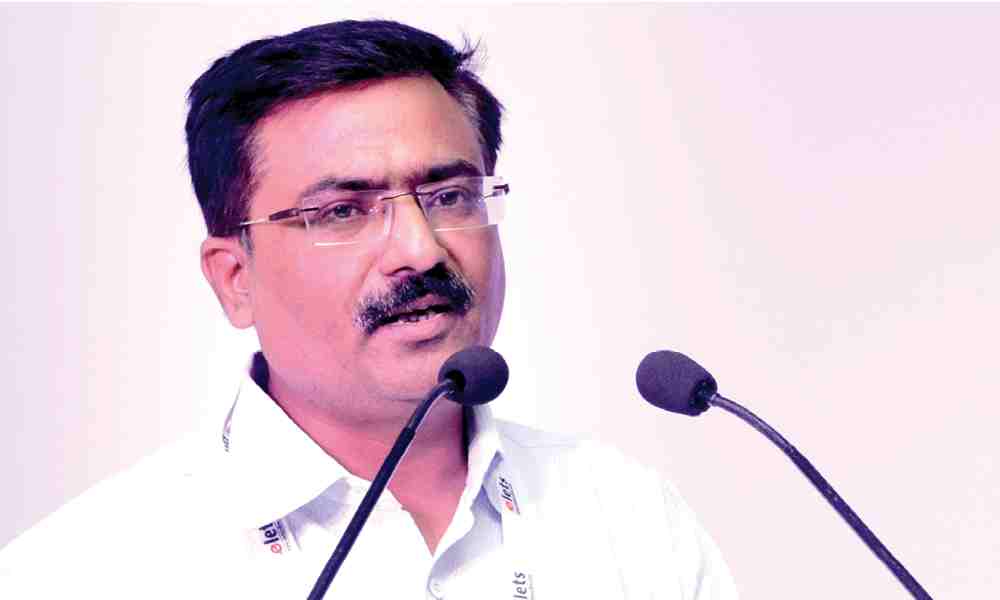
If we want to give world class education, the international cooperation is very much essential. We should have strength to attract good universities. We should be so strong that we attract students from developing countries. Catering for cultural and psychological needs of foreign students that’s where we are lacking.
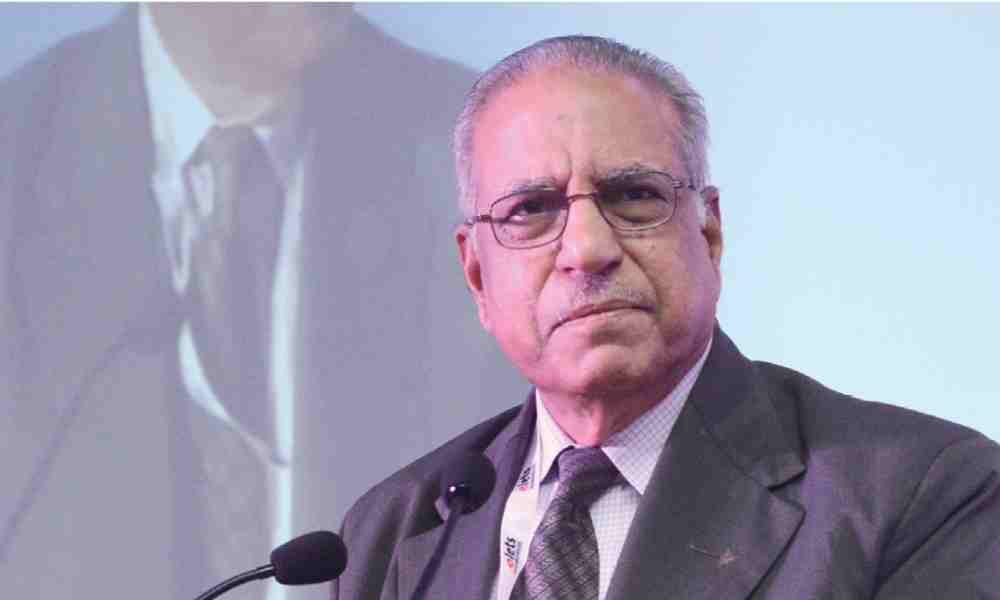
Which is better, online learning or traditional university coaching? I feel both should supplement each other. It’s impossible that one can replace other. We shouldn’t even dream of having that type of situation where complete university education is replaced by online learning classes.
When School Education
Matters the Most
The other section of the education summit, dedicated to the School Education, witnessed various school principals, owners, and other stake holders discussing best practices, suggestions, and upcoming challenges and their possible solutions suitable for the new generations.
School Education: The Road Ahead
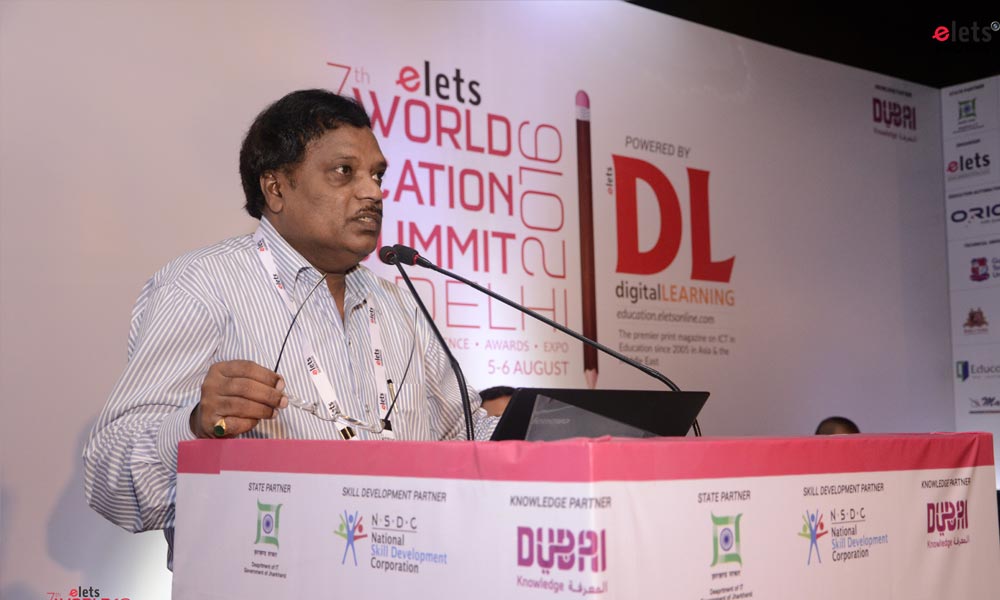
Technological development has doubtlessly done a revolutionary change in the entire world but the way the technology has grown, the child’s mind has not grown. We are now interested in producing the quantitative result than quality.
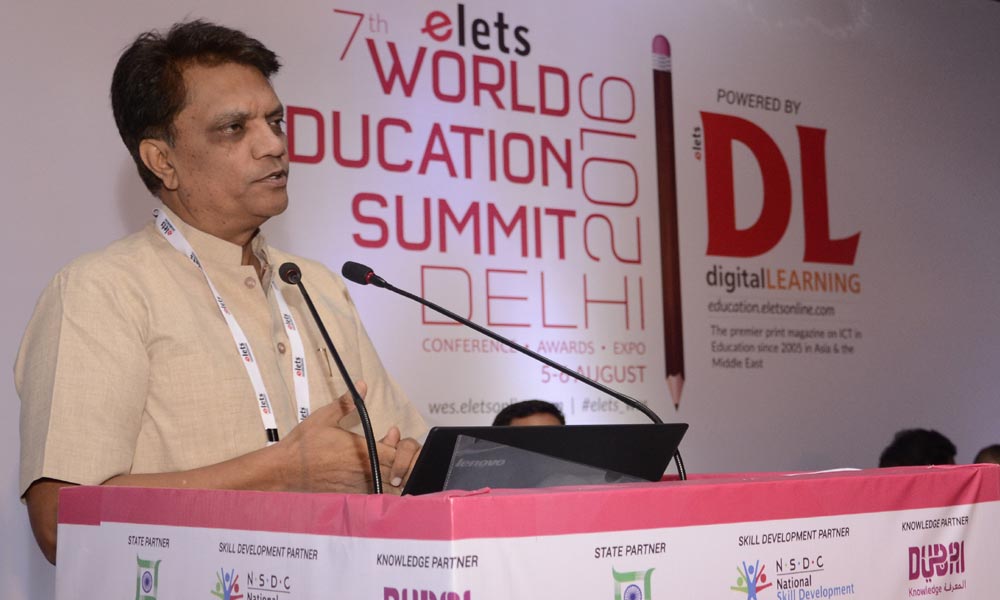
The NIOS is the largest school system in the world. We are also partnering with government of India for MOOCS (Massive Online Open Courses), where online programme will be available for anyone interested. If desired, they can take exams. We also have life enrichment programmes for those who wish to learn for their joy, there is no need to take any certification.
Industry Presentation
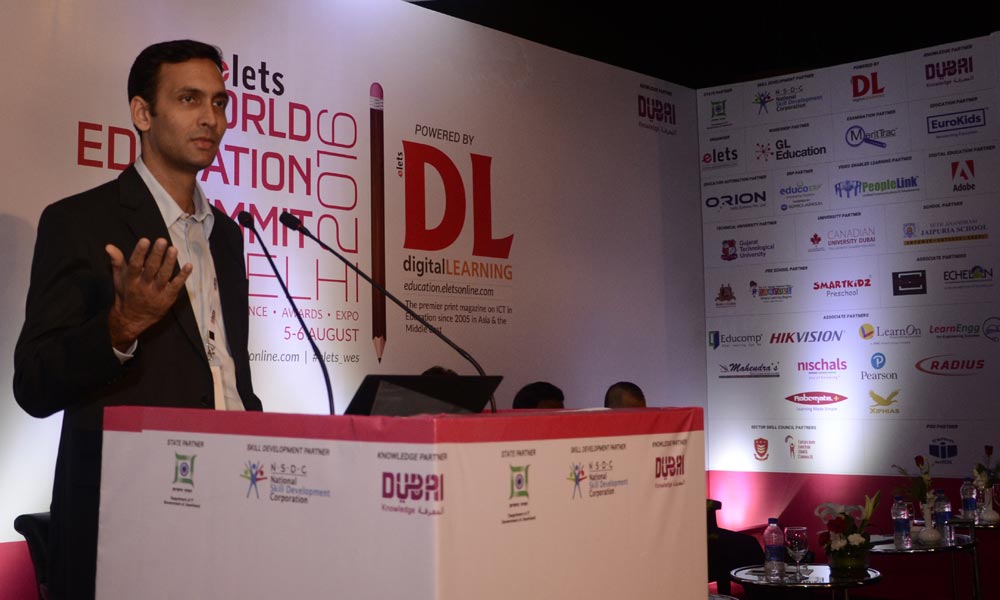
Differentiated learning helps teachers to identify students’ needs in classroom itself and address them based on their learning styles and levels and track progress. To meet the 21st century students’ needs we need Closed Loop Instruction System. With learning platforms of tomorrow, we can in effect improve the learning process and this could lead to higher achievements.
Industry Presentation
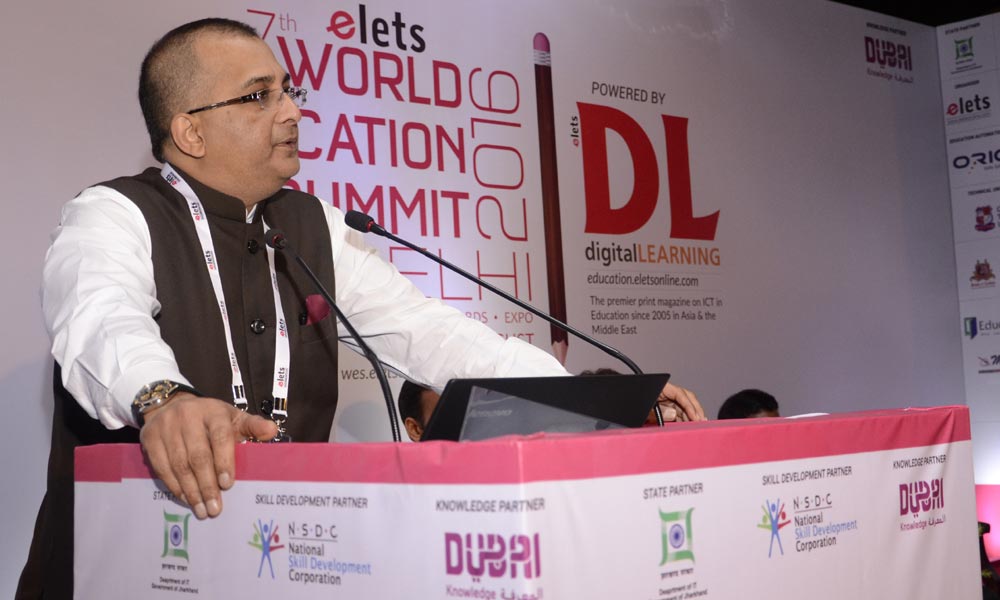
We want you to think about a new concept of surveillance which is the angle of auditing CCTV. We want you to audit not suffer. The recent major terror attacks had commonality of being covered by CCTV. Avoid suffering, start auditing CCTV. Have a standarised system of reporting incidents so that you derive intelligence out of any incident.
Industry Presentation
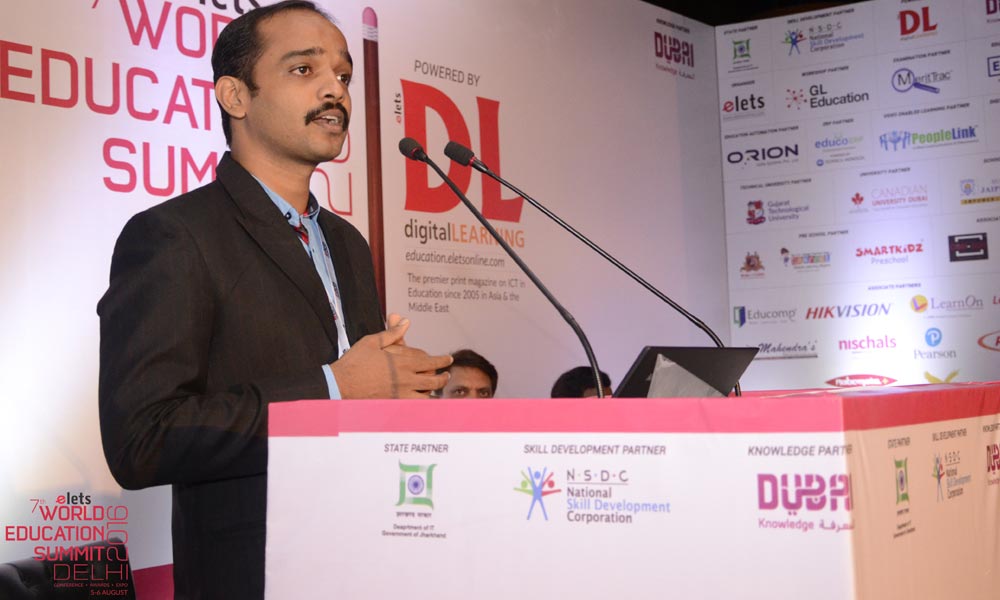
We are essentially looking at what is that idea spark that a kid has to bring out. That’s why we call it innovation. We want to bring out that spark of the idea that every kid has in him.
Rethinking Education in the Age of Technology, Special Discussion on Whole Brain Education
Industry Presentation
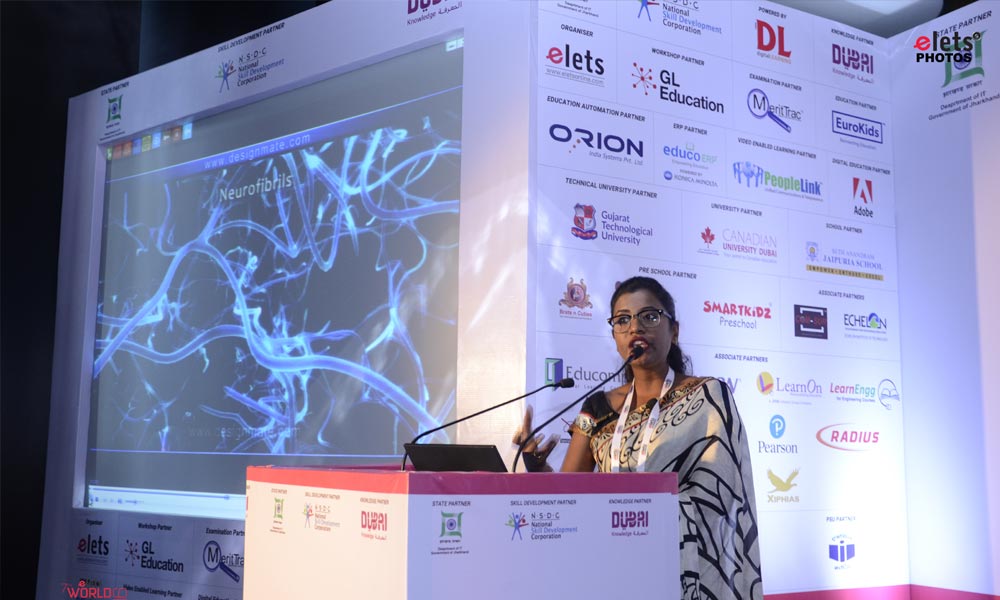
We have tried to integrate Educomp’s revolutionary product -Smart STEM in school education system in an integrated and applied approach. Smart STEM is a cohesive learning paradigm and deals with the real issue related to the learner and learning context which is far away from rot or didactic learning.
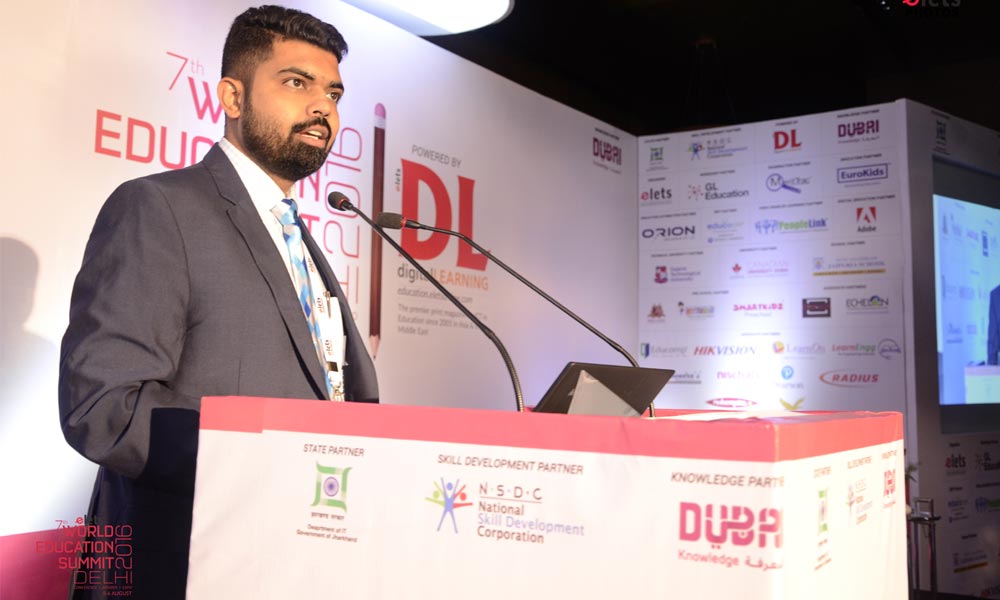
Rethinking Education in the age of technology how education can be executed inspite of technology. Technology may not replace a teacher but enable him or her in classroom.
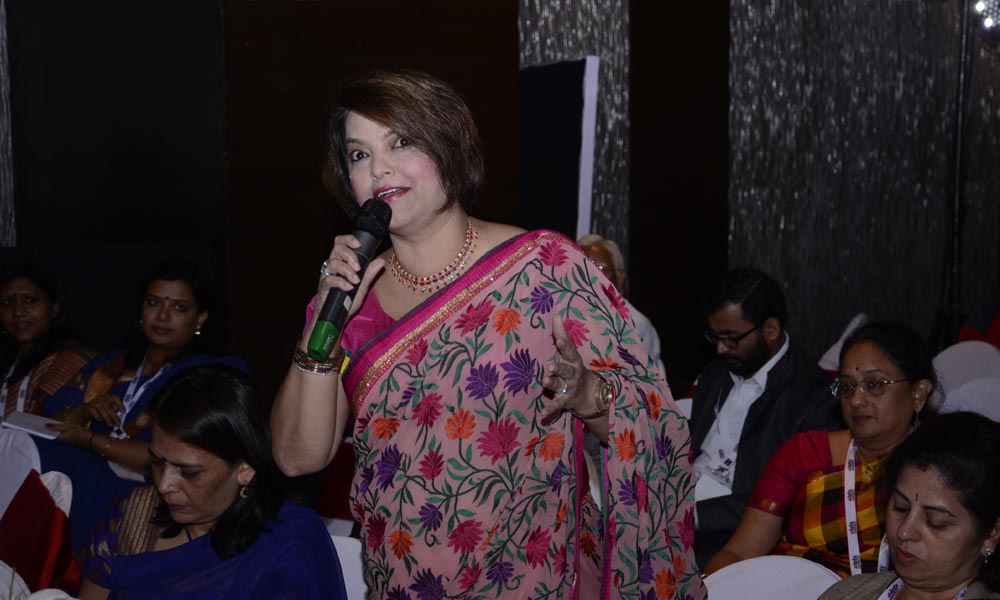
The latest research around the world no longer talks about right and left brain. It talks about the whole brain teaching and learning. So it’s historical and they say there is a connection between the two. It’s now about whole brain teaching approach in teaching and learning.
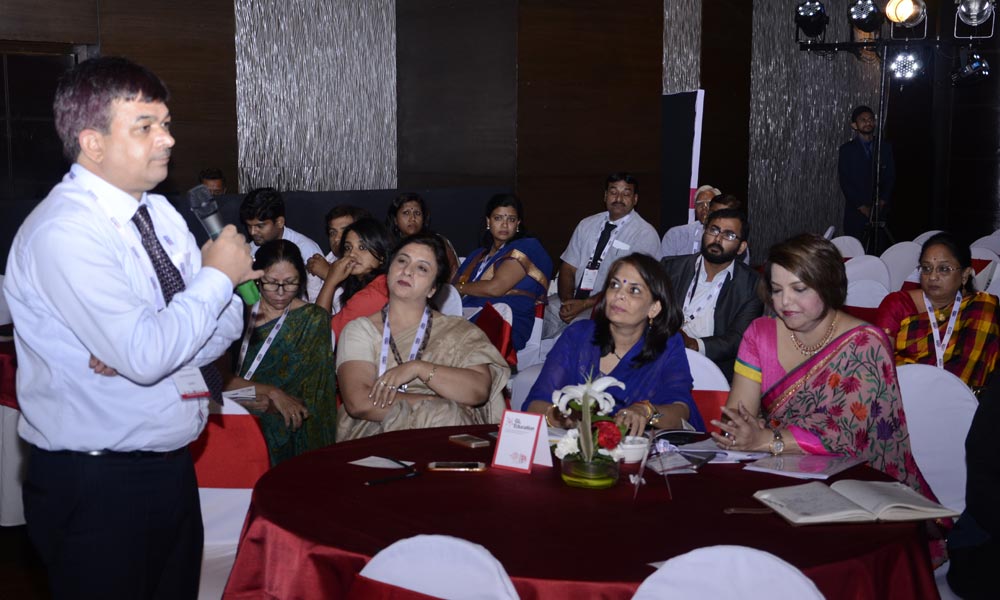
To introduce technology, first we need to give schools autonomy. It’s very important for students. I am running green school, using latest technology. The entire school is driven by students. It is most sustainable, affordable. The operating cost is less than 70 percent in normal school. There are no sick leaves, 100 percent teacher retention, and community involvement.
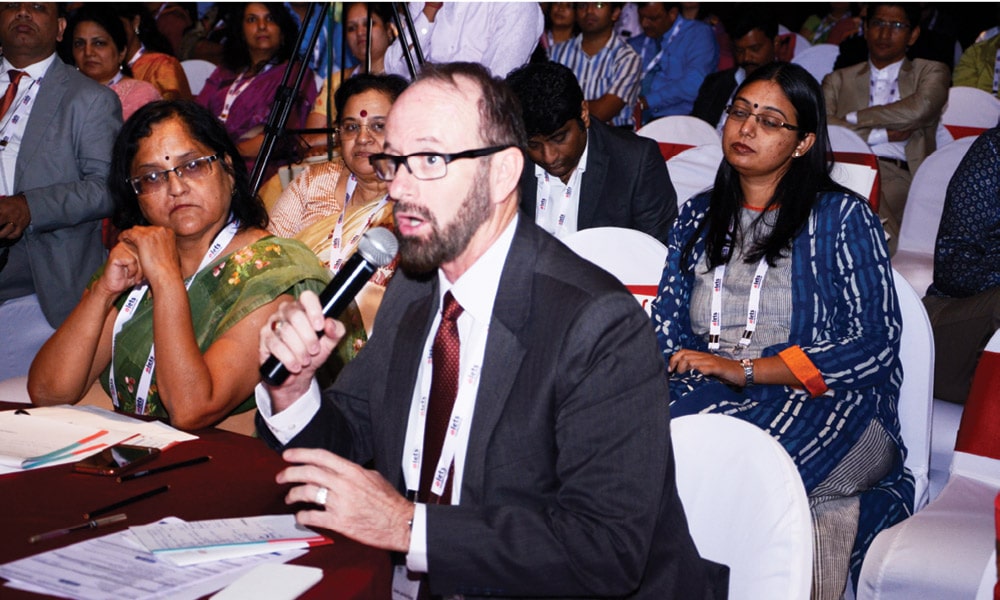
If we really want our students to take responsibility for their learning and to circumvent all the issues mentioned so far, we need to be able to present students with real life situations to solve. It doesn’t matter which subject area they are working on. Because then we motivate them to fi nd solutions.
Early Childhood and Common Core: The Impact on Young Children and the Opportunities for Expansion in the Preschool space
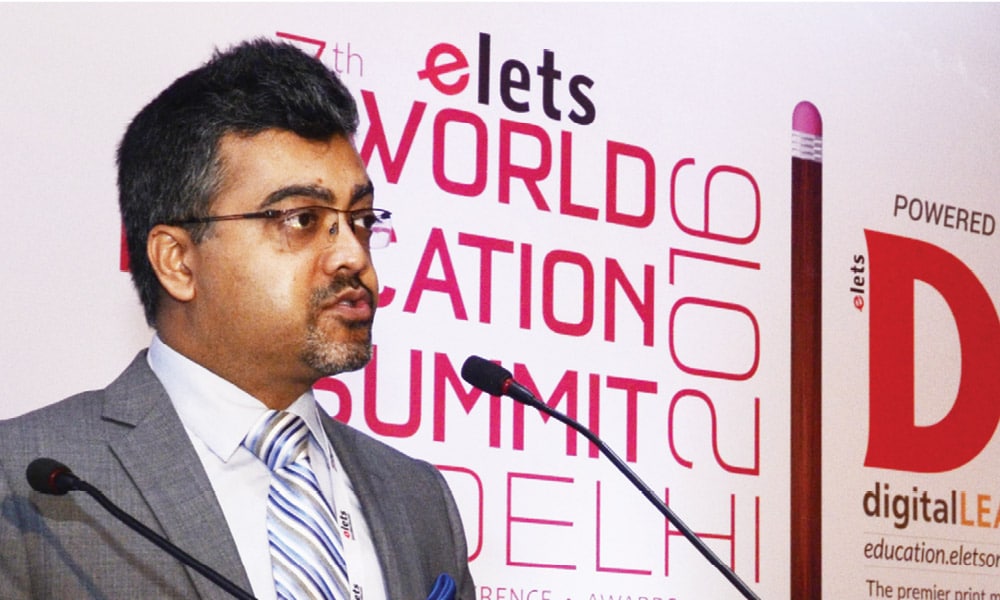
It is not just about the curriculum, it’s not about what we teach ABC, colours, shapes, counting, rhymes. It’s about how we stimulate the child’s interest to come to school to be engaged in learning process.
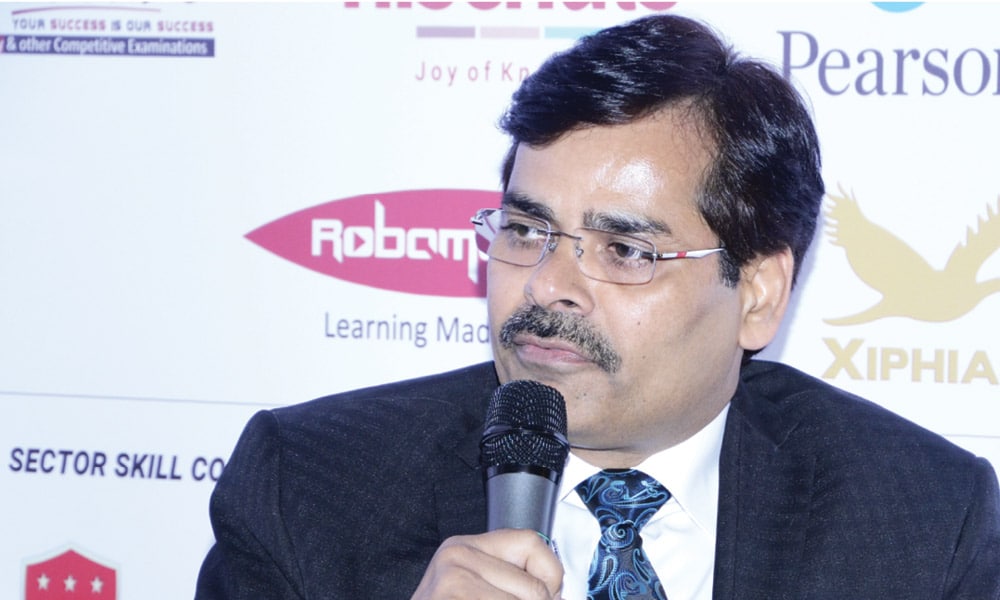
We are doing work for the skill development of a child, we are preparing children for the next level/senior secondary school level. When we talk about quality of pre school it means infrastructure, activities. We need to create an online platform also for teacher training, we have created in our system because if we have number of branches in particular city then we can conduct teacher training frequently.
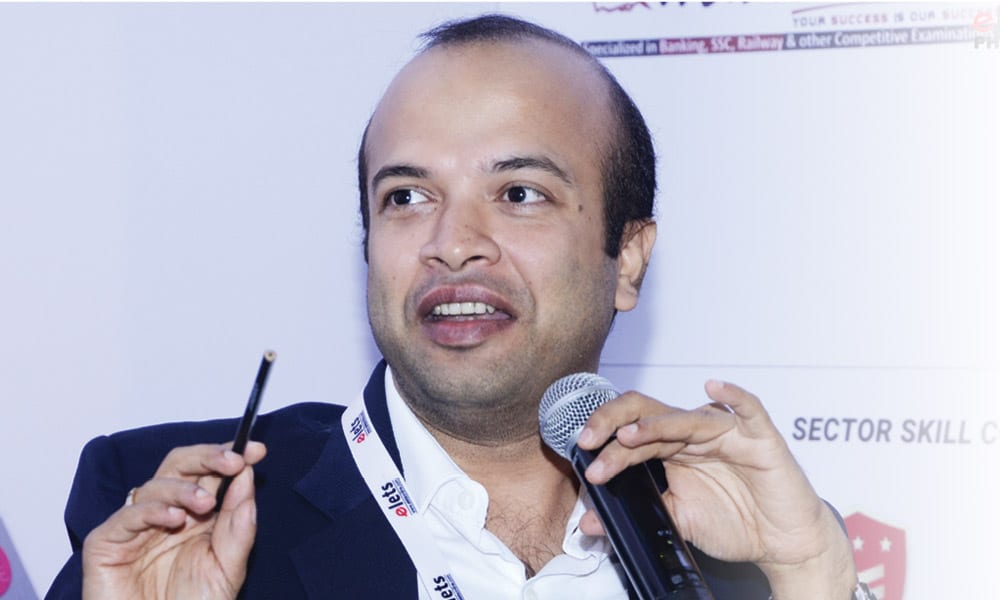
We invest in early stage companies, we do it across four sectors and fi ve countries. We have done investment in over 90 companies, investing over 100 million dollars. In India, we are very active in education. Regulation by definition means to regulate not control, with the new education policy I am worried as an institutional investor.
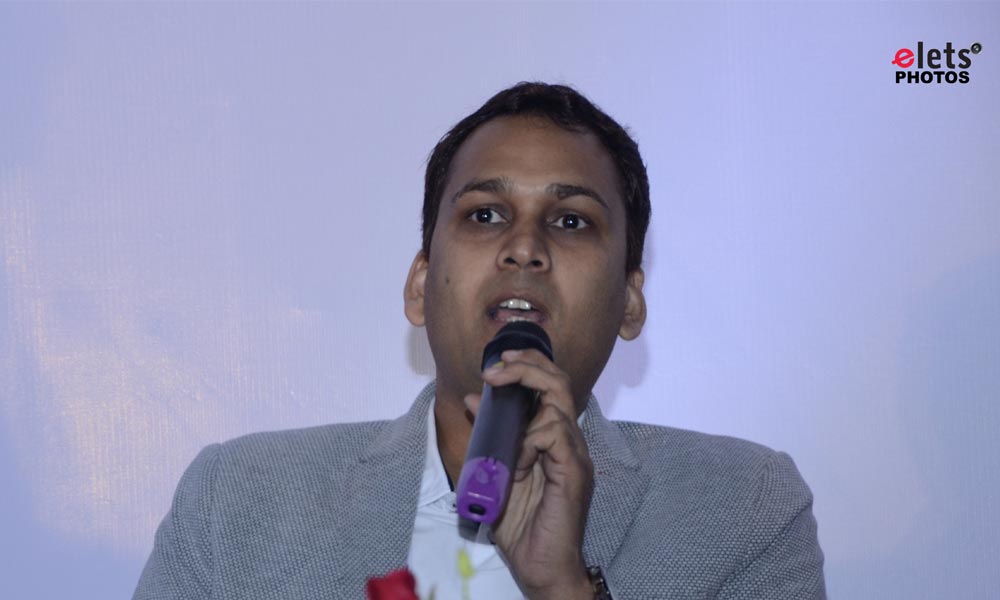
If the standard Preschool ratio is 10:12, each and every child gets a good 2-6 minutes of individual attention time. We need to think what kind of quality teachers we need to have. What kind of training we have.
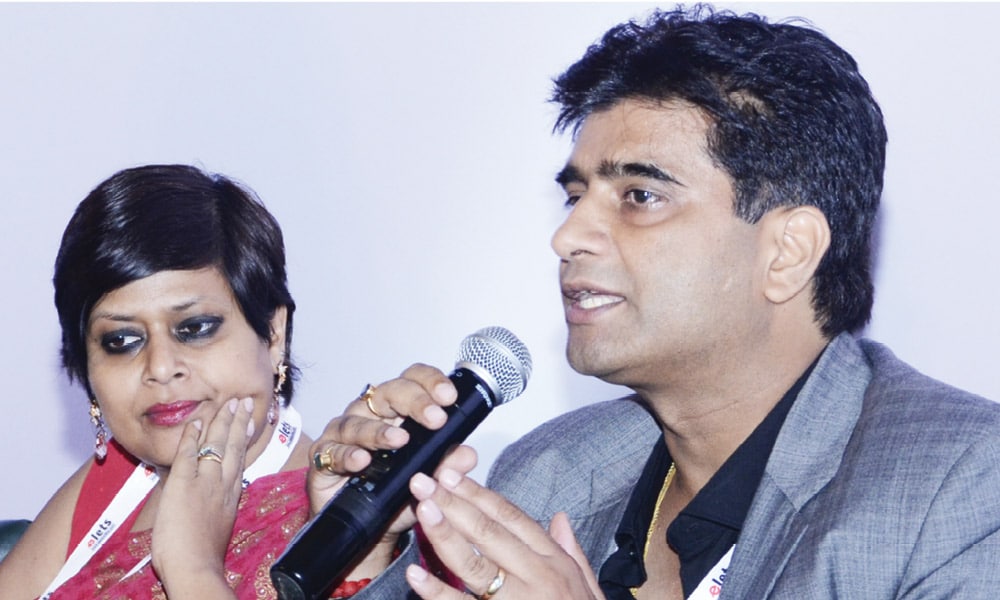
Any investment institution will feel much more comfortable investing in a brand which has ethos and clarity about how to take it on a longer path with the surety that innovative ingredient in a system will counter all kinds of pressure from formal schools dolling out their own preschools.

Maple Bear is a Canadian preschool elementary chain. It’s a global brand presented in many countries. Preschool domain is so important that the society is placed on us. This is the first time the child asserts himself in outer world with self control, independently.
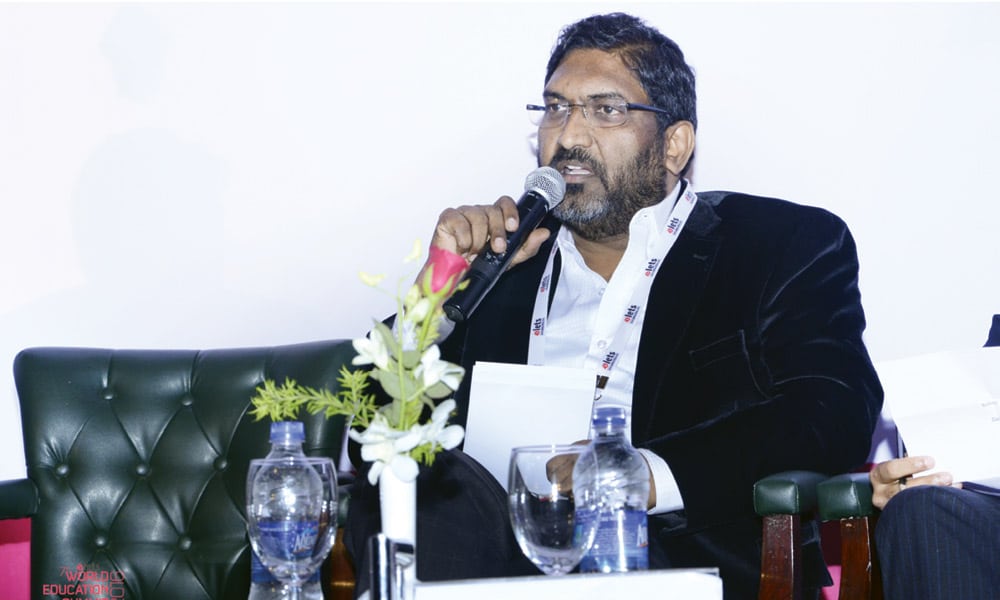
How to maintain quality in preschool is a very big challenge because the investor makes the investment and he expects to make profit from the beginning itself. Quality of the preschool can be defined with effective implementation of curriculum and quality of teachers who must be stimulating and supportive.
Special WorkShop – On Using Data to Support Teaching and Learning in Classroom
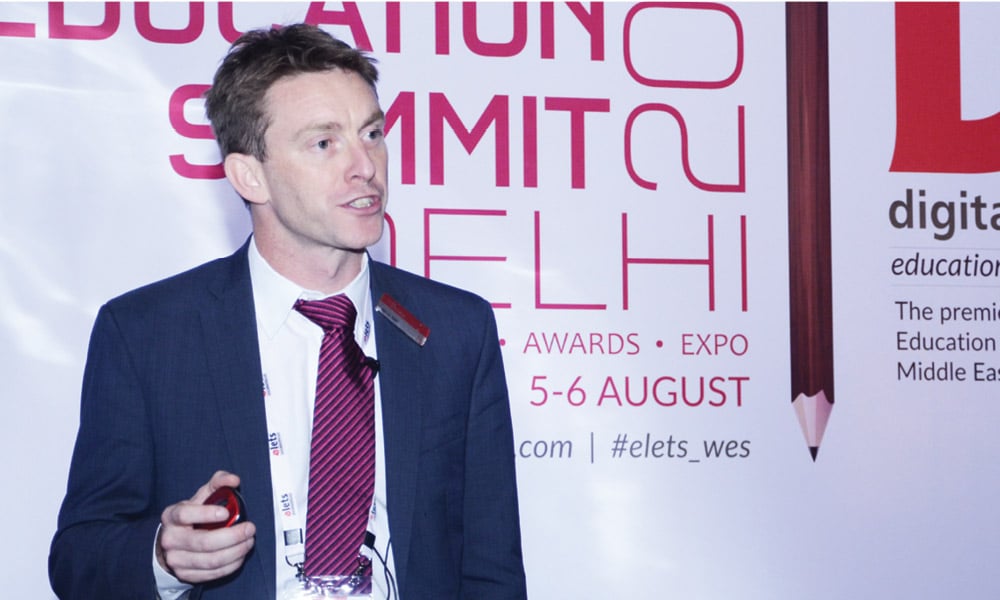
If we use some data to understand our students, we can make our teaching more personal and more engaging and we can raise the outcome of those learners. So the benefits of using data to understand not just the potential but attainment of progress of our students, is the key.
Improving Efficiency, Operation & ROI – Industry Presentation
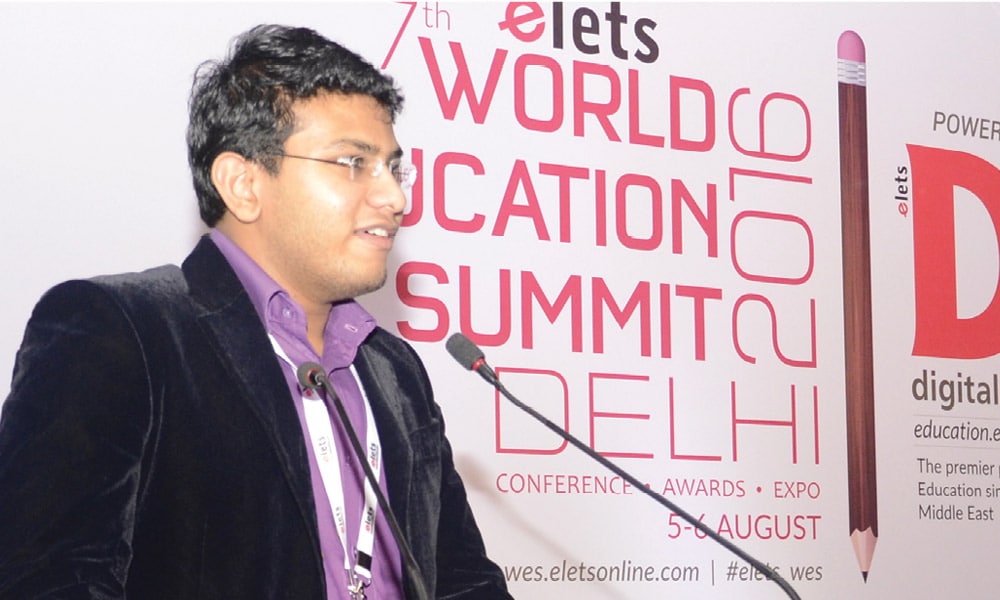
We have developed Portable and Micro Skill Laboratories for mathematics and sciences. It is antidote to traditional approach of taking child to lab in a school. It is being in a lab itself in classroom. So everyday, every concept can be taught in the lab atmosphere with hands on experience. We can inculcate habit of experimental learning in classroom itself.
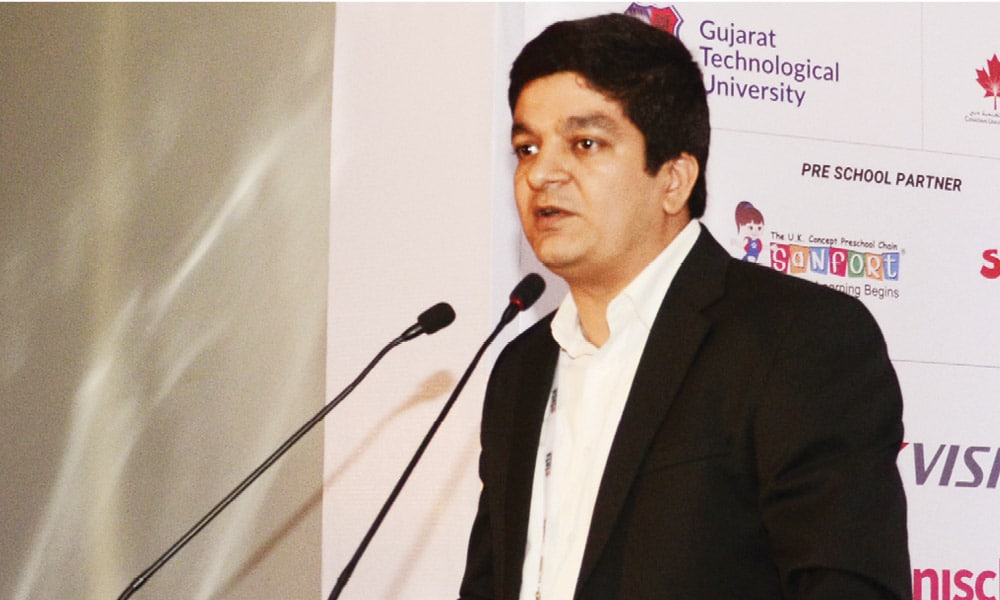
Curiosity, imagination are very important for learning. For learning, it becomes imperative when students understand this part that they are learning something not because they are forced to learn but because they love to learn or do things differently that’s where students are more than happy learning on their own.
Industry Presentation
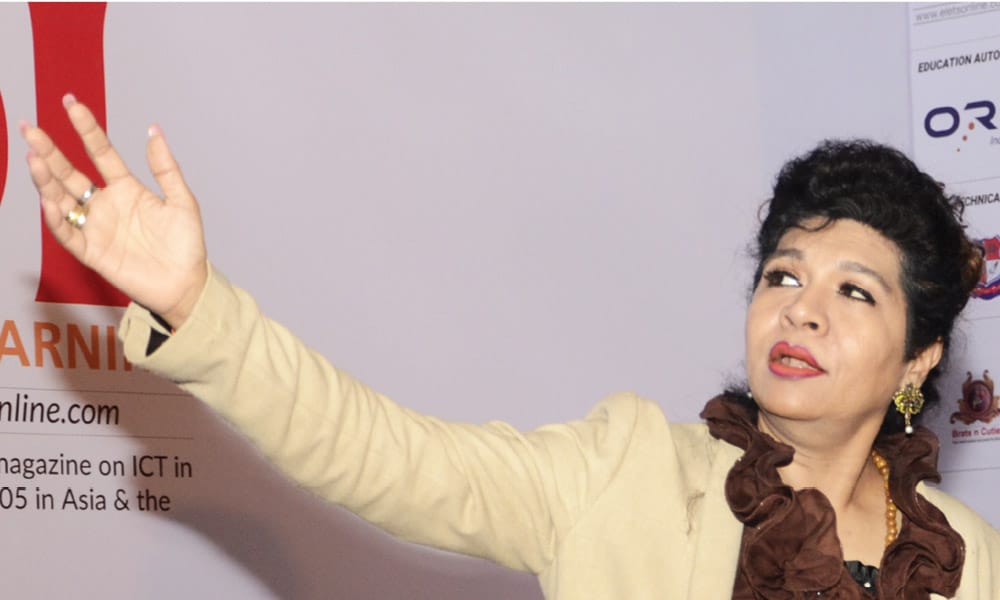
Robomate has a two-way use. One is student actually uses it before the exam. It’s a revision tool. Second, it’s a platform where there are so many components for institutions to use as an administrative system. Hence, there was access and every activity was mapped like attendance, class performance, test performance.
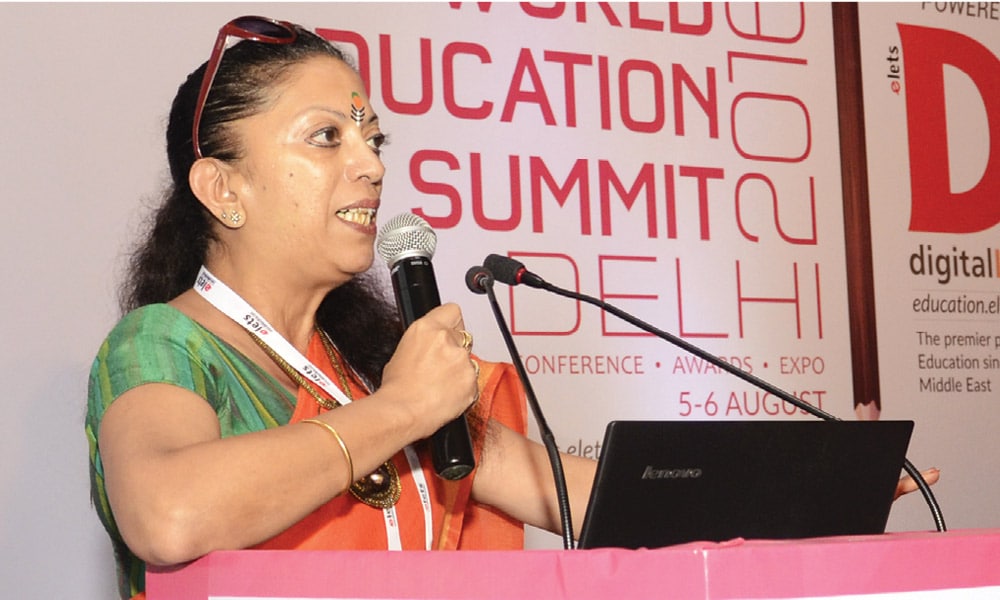
If you leave the children in a room with a set of books, research proves they will learn faster than if a teacher is there. They learn faster than us. Trust them, as you know you start picking up things, when you know there is nobody to help you.
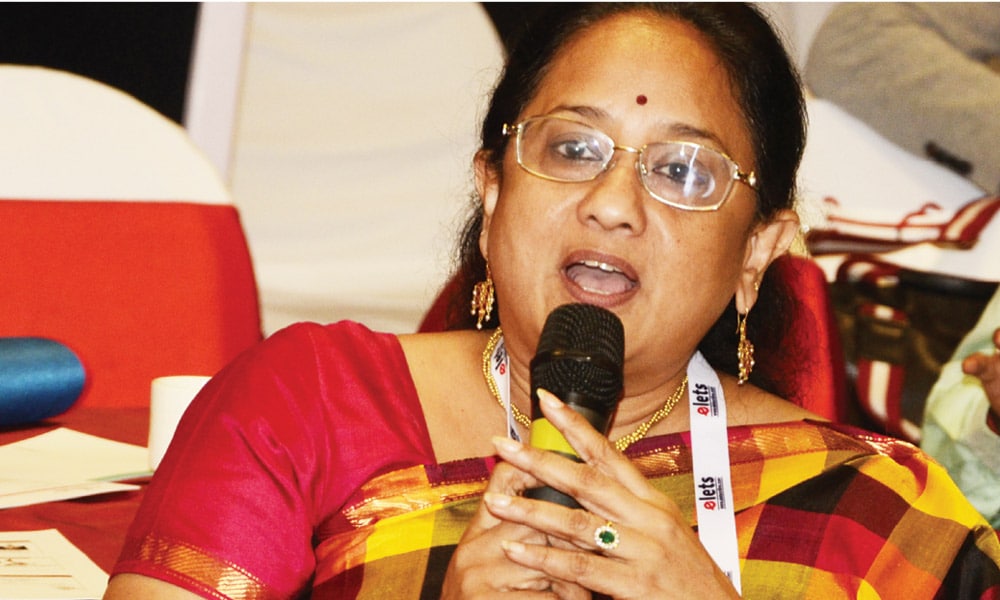
If we have school owners here, obviously everybody has got reason to invest in technology. There are many schools who will take up this and ensure they have it in the class. But where they fail is because they haven’t trained or empowered their teachers. Unless it’s done, it (technology) will remain a very fancy article in your classroom.
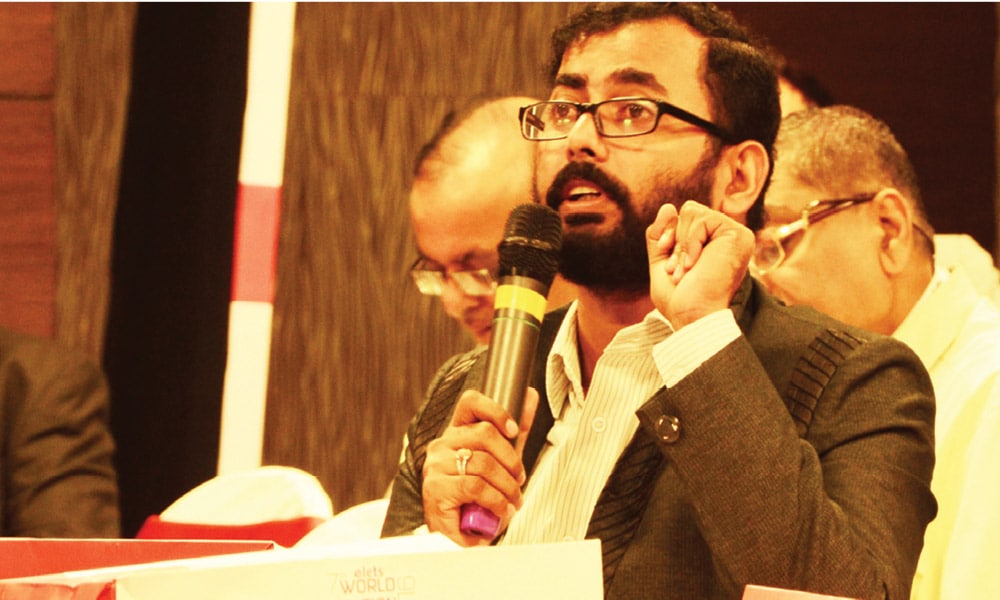
Expectation from technology will always be higher…technology should not be blamed for destroying values. But even if we try to stop this thing we will not be able to stop. Technology is only way to do things today. Technology should not be our masters, we should master technology.
Visualising the Future of Learning in Schools
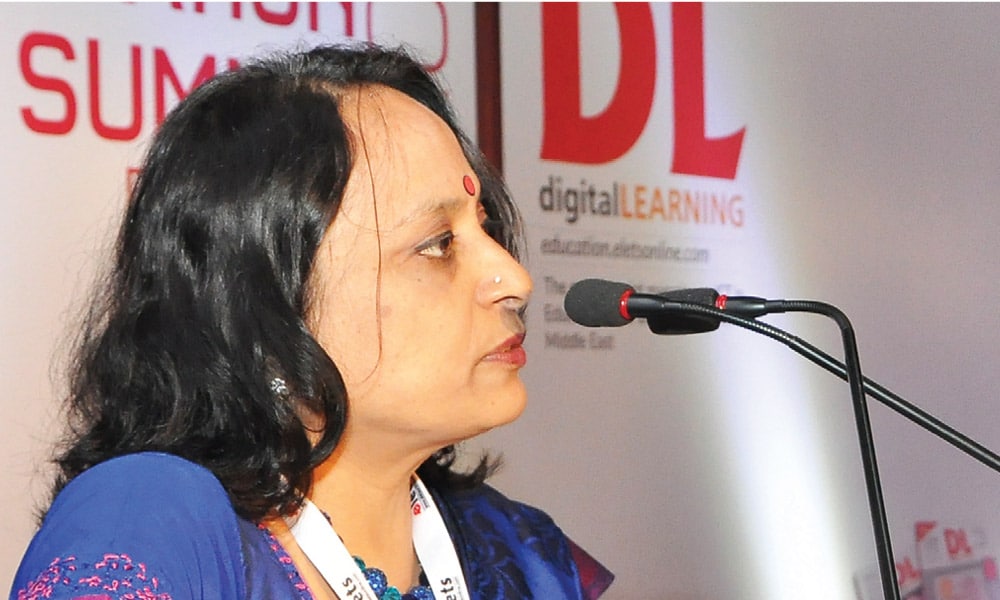
Considering the kind of schools that we have in India and variety of the schools coming under various board, it is important for us to have a broader perspective of what education is and what learning is? So, while talking about technology, I have to think in terms of how do I engage that last child who does not have a computer at home.
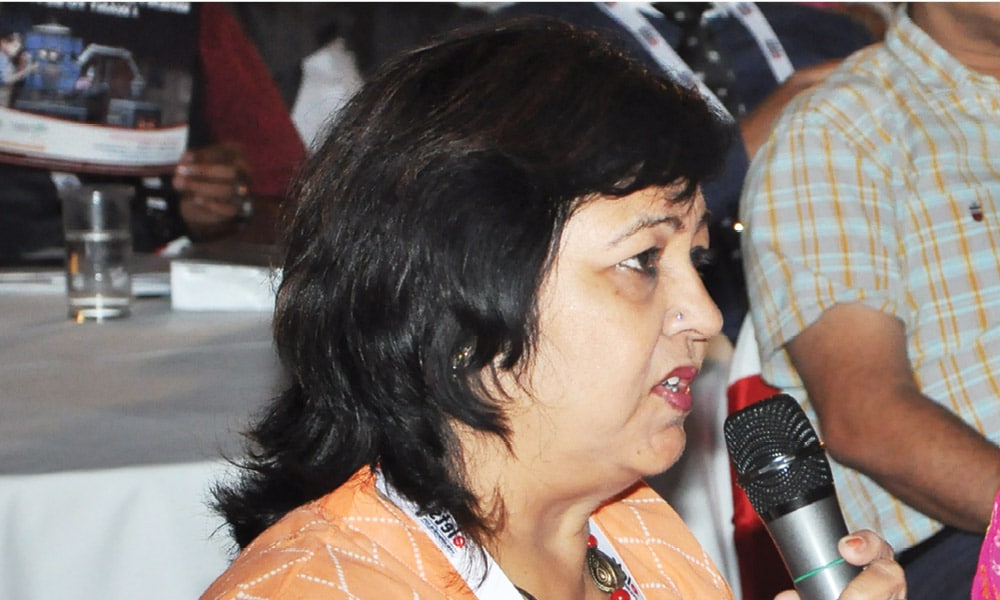
Schooling must be a blend of values and technology.
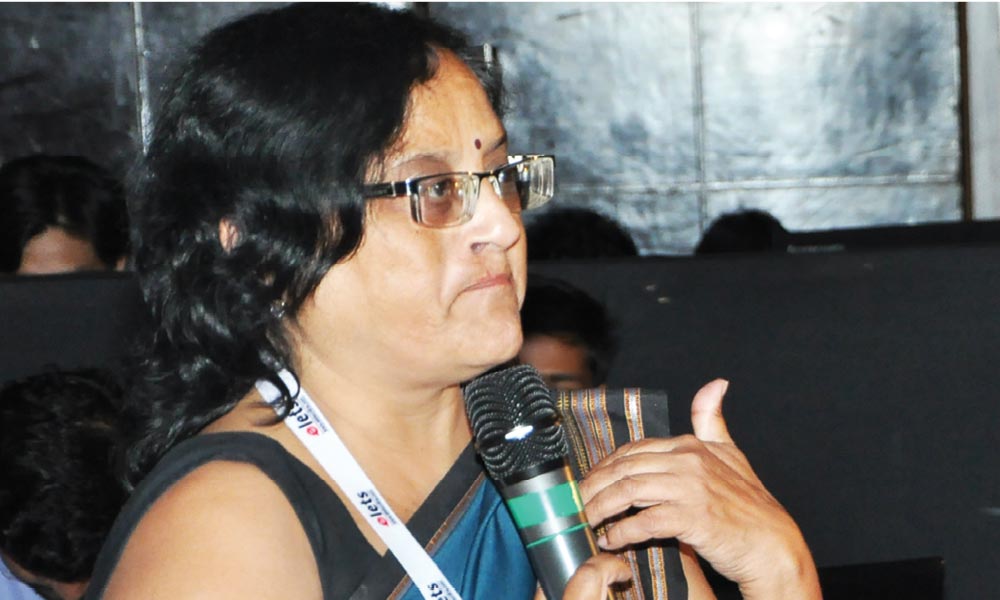
If we provide “In Service Motivational Programme” for the teachers, it will be beneficial for the teaching learning process.
Succeeding in Change Management Managing Technological Change for Schools of the New Millennium – Industry Presentation
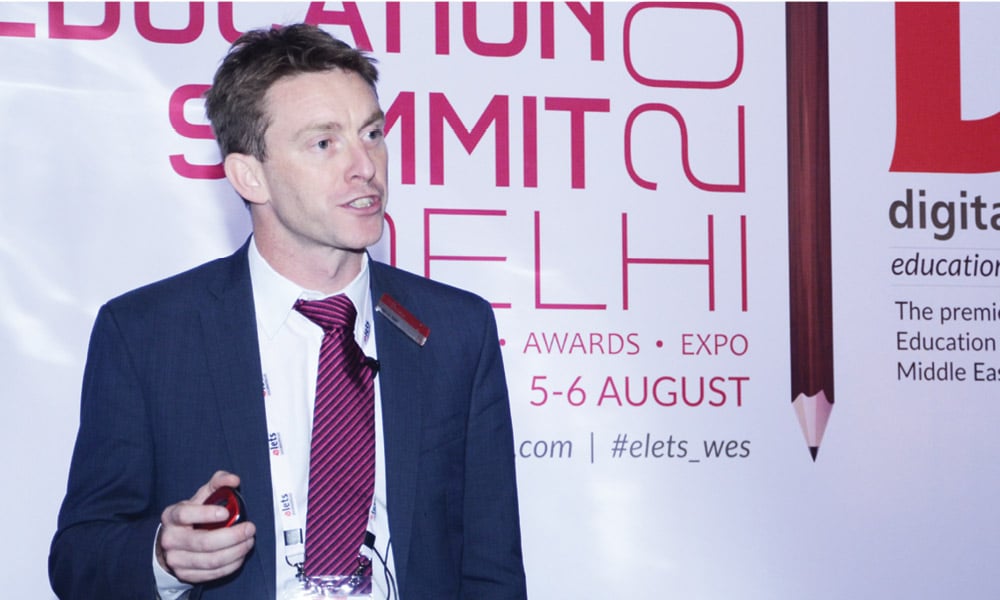
I have been in education sector for almost 22 years. I am working with schools around the world, 750 at the moment. What makes me want to do my job and get ready for every morning is making the difference at these schools.
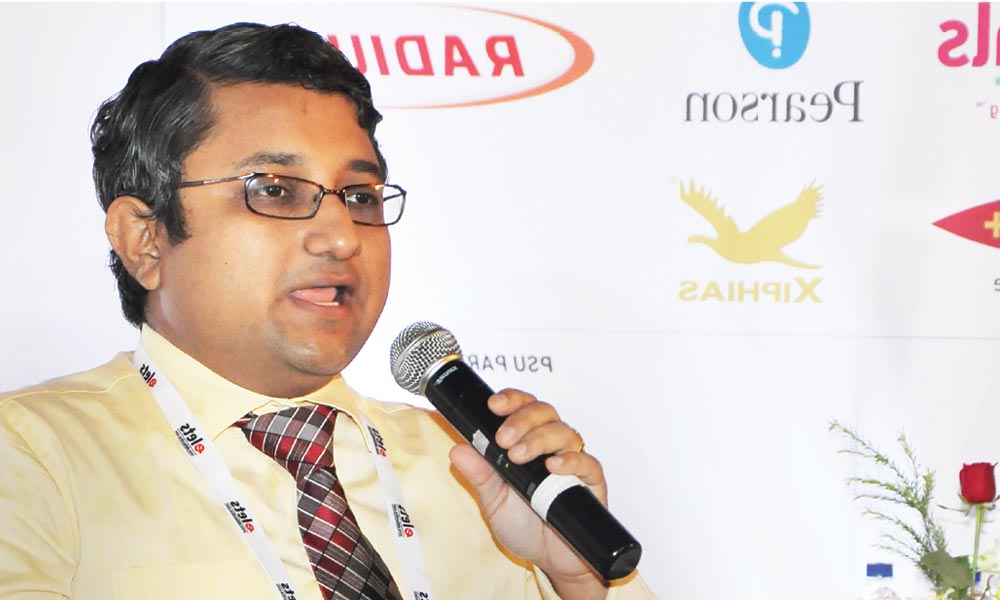
The role of teacher is heading for a marked change as it was possibly five to 10 years ago and it has already started to change with the advent of technology.
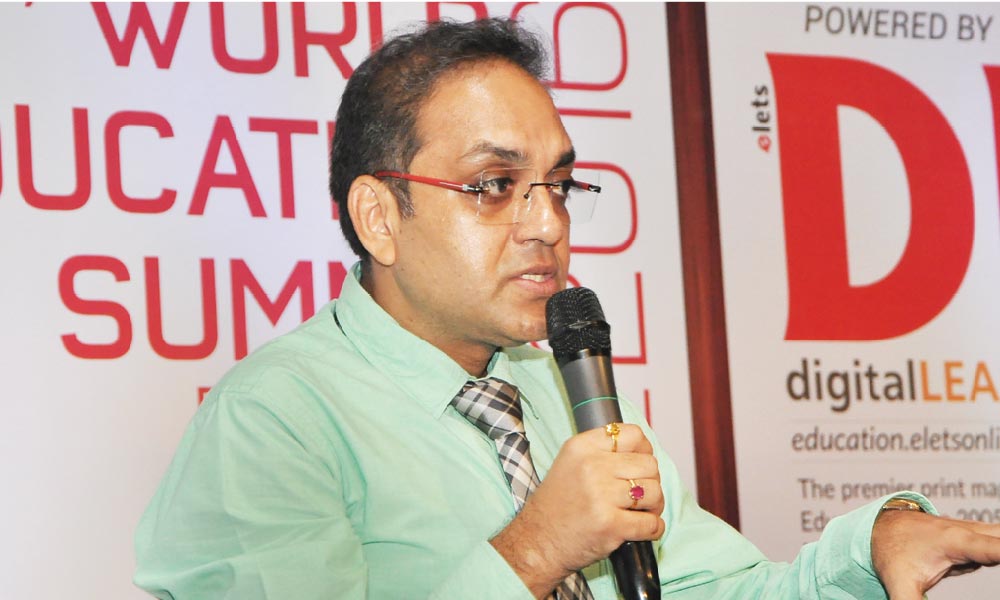
We need to have a single education Board, change the way India changes by equipping teachers not just be occupied with completing curriculum but also being observant to child’s growth. Parents need to desist habit of making kids finish their unrealized dreams.
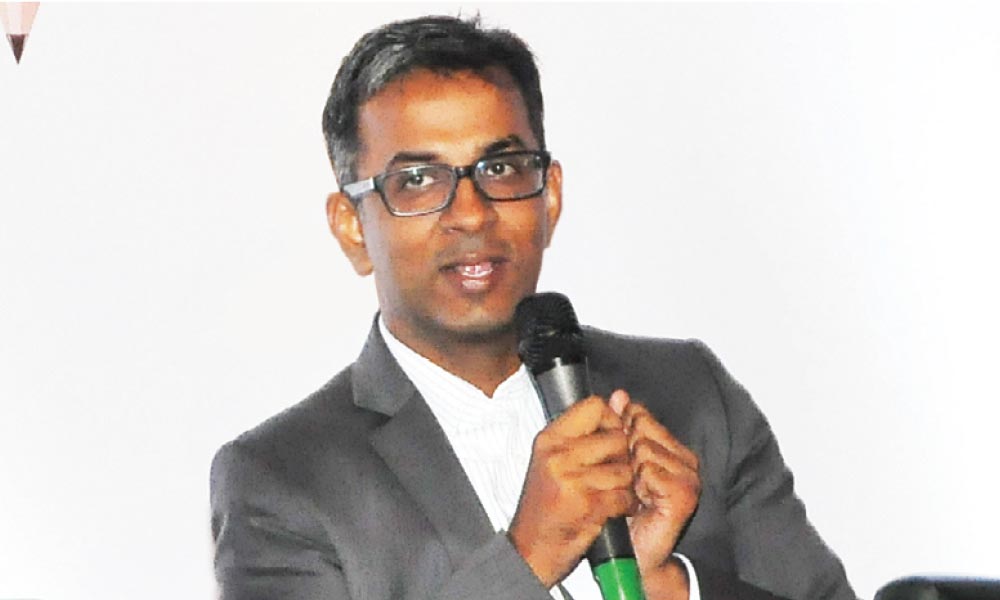
Laptops are still most creative machines. It’s much easier to code on a Laptop whereas tablets are also eventually growing, hybrid product should come into market. I feel virtual learning and augmented reality are set to change concept of learning in future.
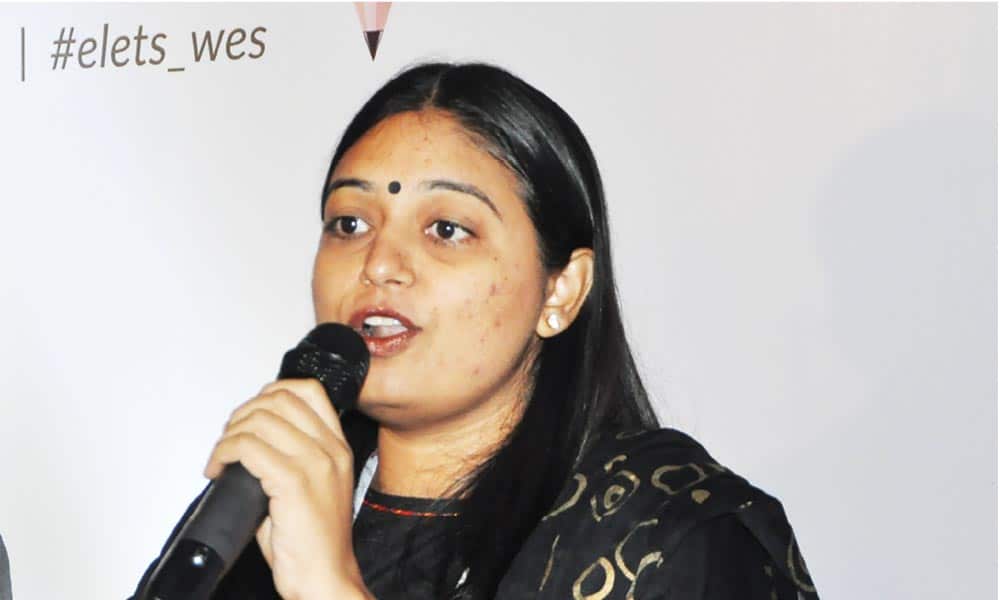
There needs to be proper allocation of time management visa- vis use of technology and learned skills by students. While training and development programmes for teachers are required, teaching moral values and life skills to students are also important.
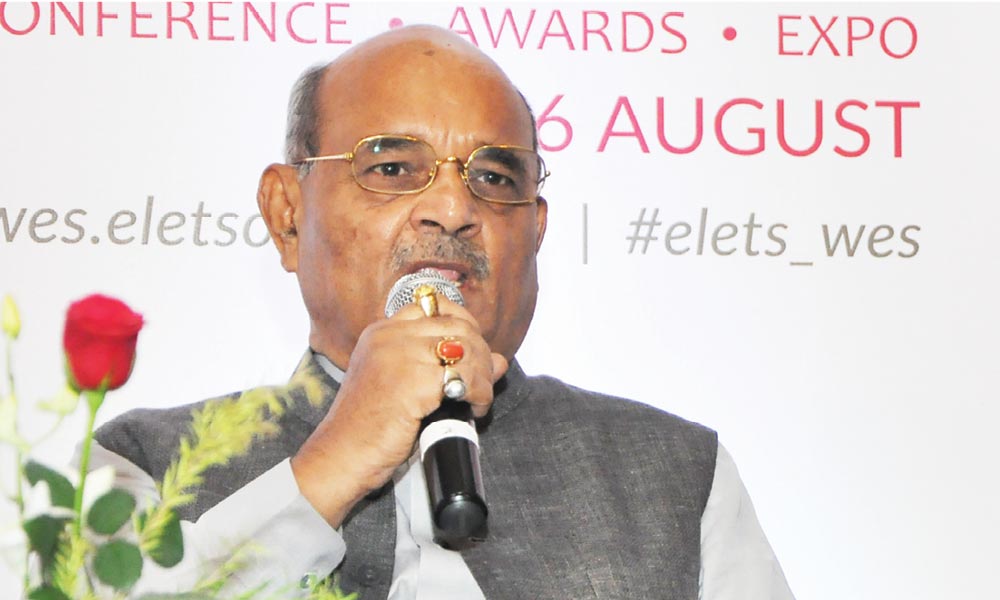
There is more digitalization and digital learning helping our children to develop and learn much better way up to parental gratifi cation. Foreign schools operating in India appear more advanced in digitalization than our Indian schools.
Round Table Discussion – Investments in Dubai by Knowledge and Human Development Authority, Dubai
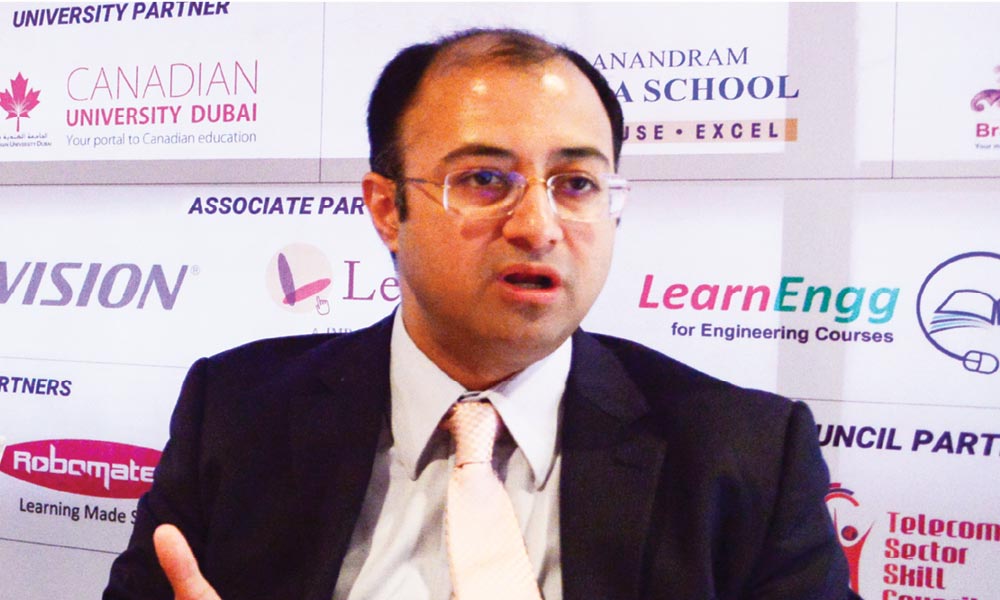
It’s an interesting time for everyone to work at opportunities for investing in the education sector in Dubai. Dubai has a unique education landscape. We have approximately 183 nationalities studying in over 175 private schools. We have an average growth rate of anywhere between 6 to 7 percent in education sector.
Technology-Based Responses and Solutions – Industry Presentation
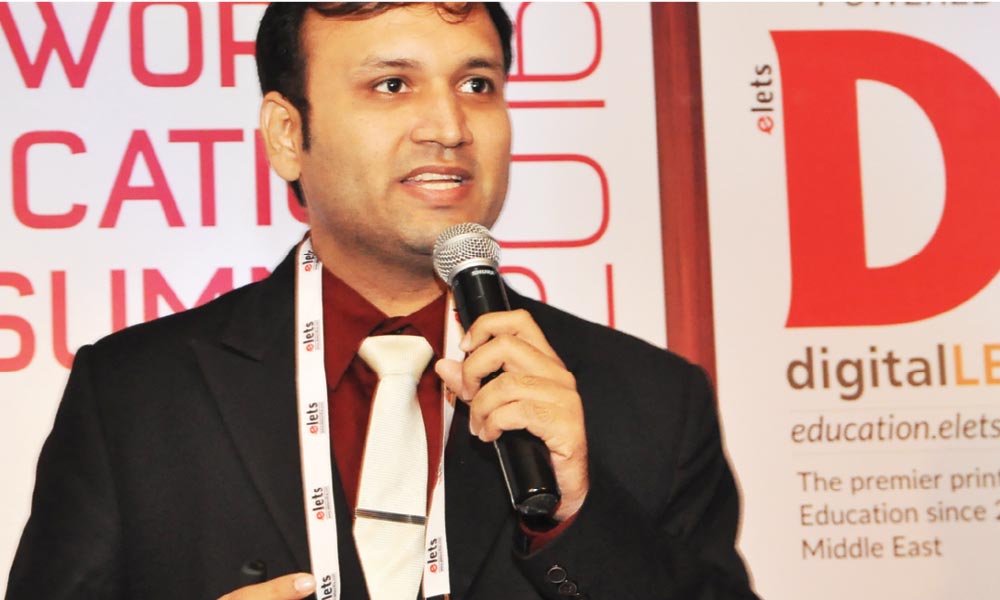
Robomate+ is a cloud based learning app which is used by more than 8 lakh students across the country today. This is basically a fully integrated learning app. It contains video lectures, tests, analytics and E-books in this app
Industry Presentation
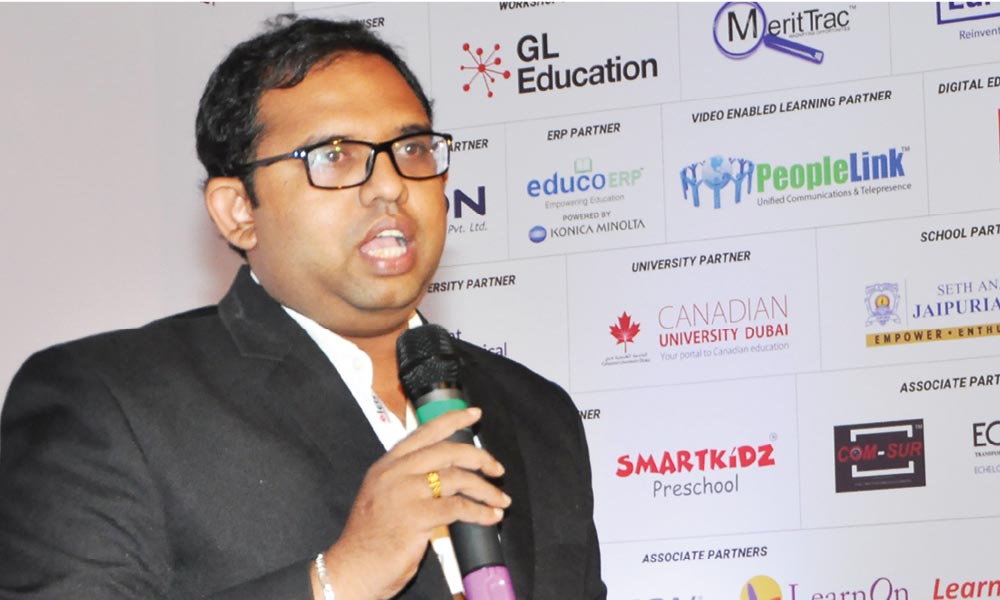 SAI KUMAR, Product Head of Mobile DVR, HIKVISION India
SAI KUMAR, Product Head of Mobile DVR, HIKVISION India
Today, child safety or child security is one of the important aspects. Government of India and various state governments have done some good work for education sector in India. But as far as safety of children is concerned, a lot of incidents have happened but we are not able to recognize where actually the fault is.
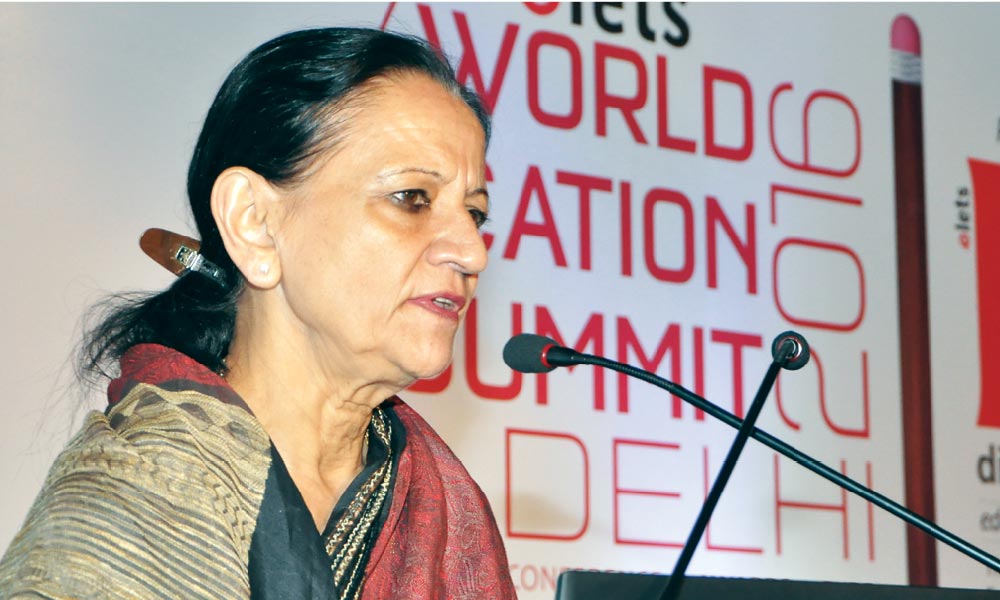
Let’s talk about the National Policy on Education 2016. It talks about how technology has to be integrated into the classrooms, be it the rural school or government school or private school. Role of technology is very very important.
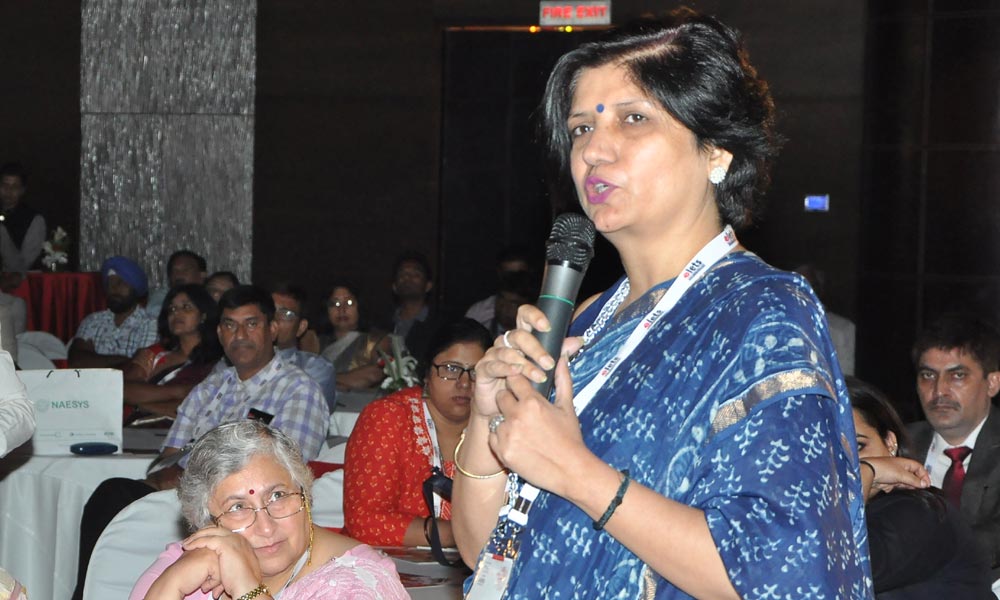
I am yet to find solution wherein I get real time data of GPS tracking. I am contacting many organisers and lots of demos and pilot projects are done in my school regarding the technology which ensures the security of children commuting through the school buses.
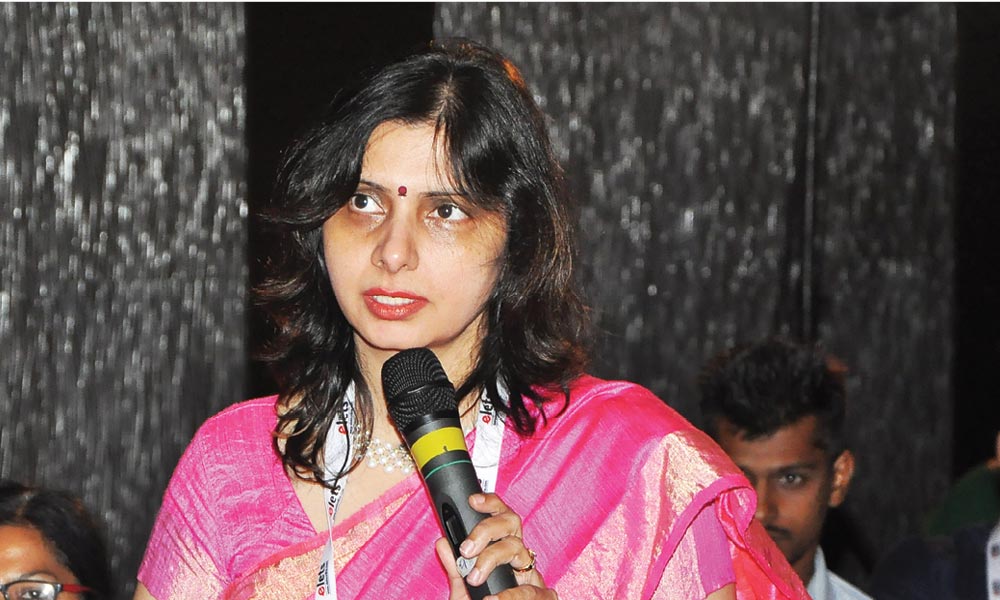
Technology has aided us in entirely changing the assessment patterns.
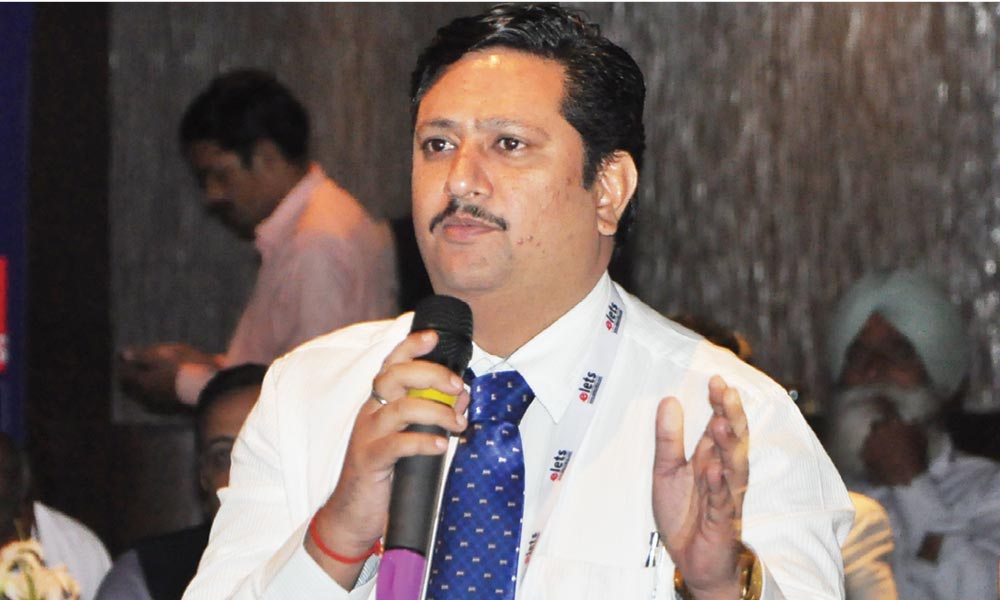
T PECK is Technological Pedagogical Content Knowledge. Content knowledge will be provided to student through technology. If pedagogy allows you to teach through technology then you must use the technology as much as you can.
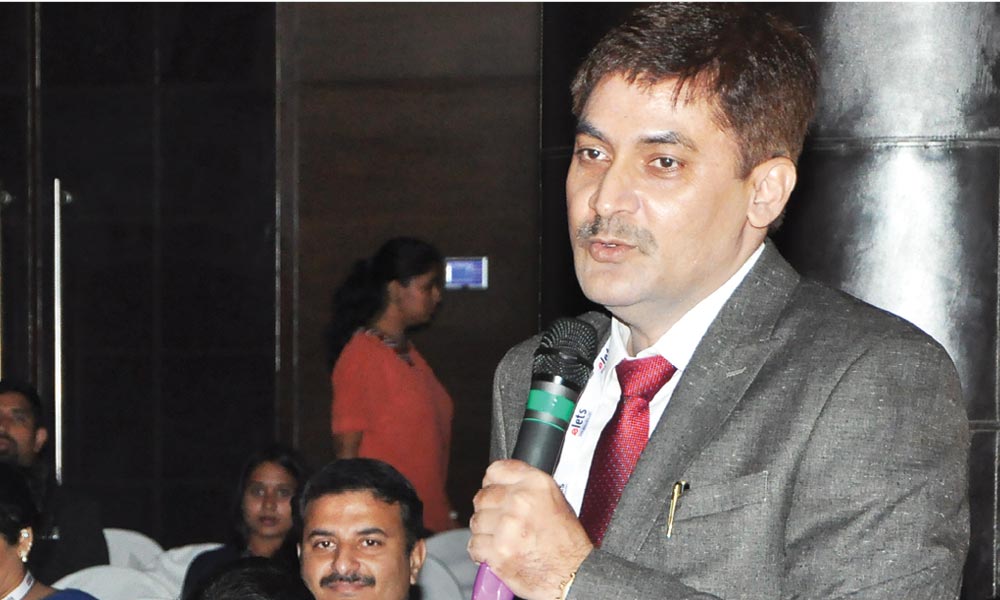
In the inclusive growth model of real world situation, students need to learn. So we need to see that how we use technology. In addition to this, we need to introduce the technology to schools in such a way that it is accessible to the poorest one also.
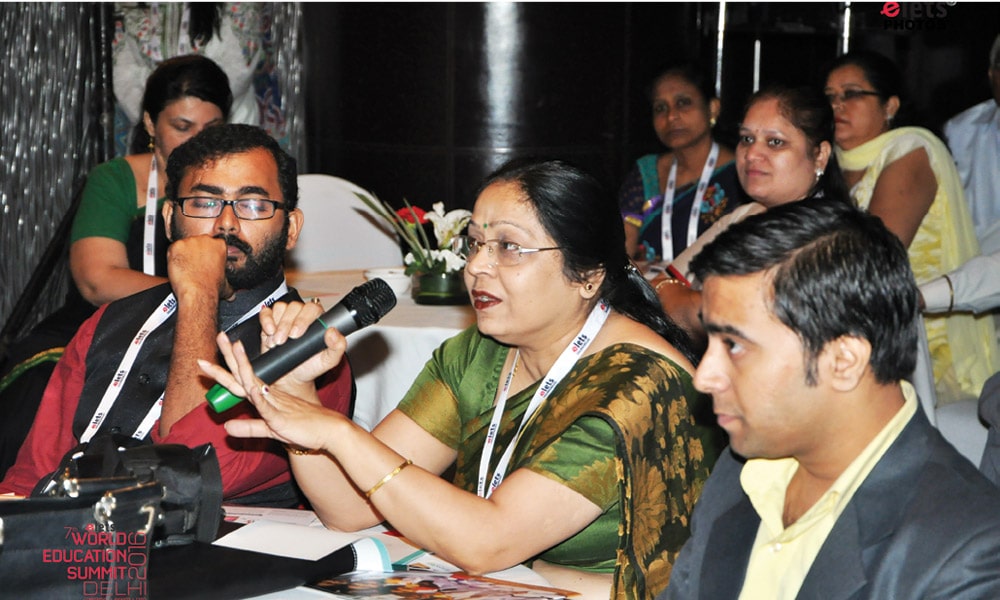
Since long the CBSE has introduced the CCE pattern, where they have given permission to have multiple tests and on the basis of all the test, teachers can judge the performance of a student. In technology and software, CBSE has not provided any pattern but it is expected that very soon it will be introduced.
BrandED: Building a Successful Educational Brand – Industry Presentation
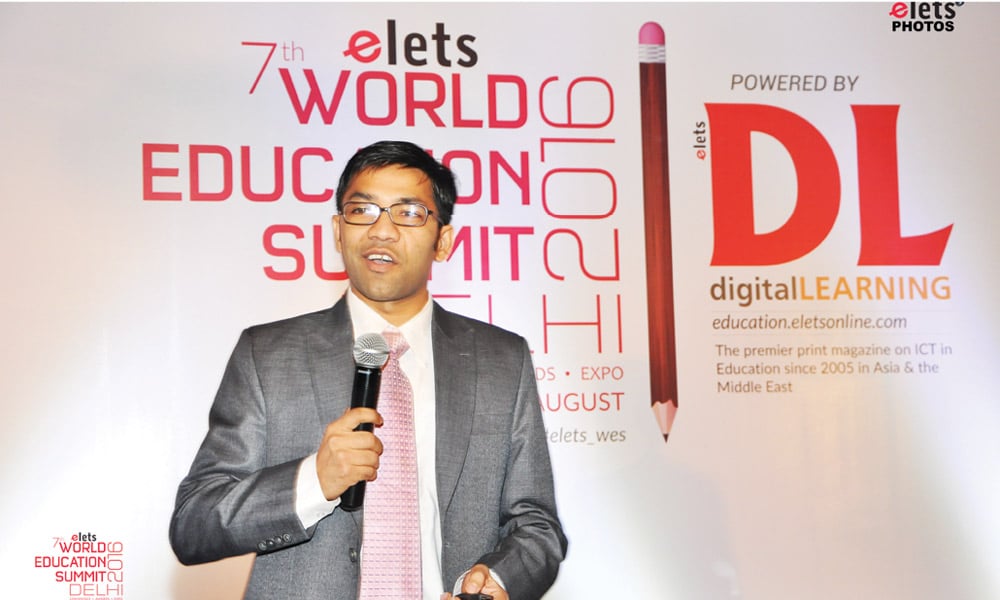
When you think of brand, it basically is a perception in your mind for quality of a product or a service. This perception comes from the set of expectations you have. How consistently that brand delivers as per your expectations, sets its brand value.
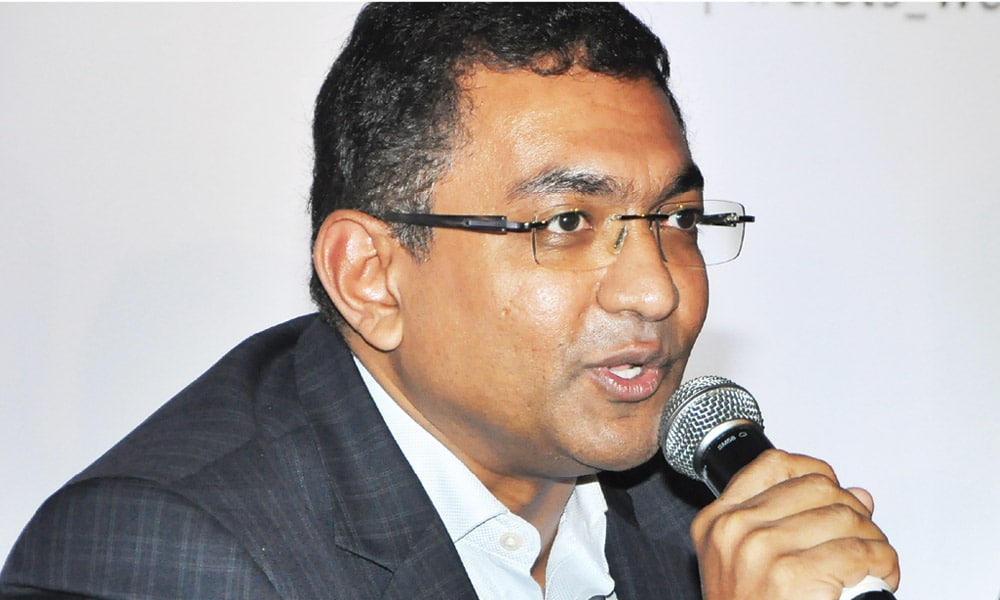
In the education context, most of the brands are saying the same things, easy offering very similar and the communication is same. Both content and form are getting more and more difficult to differentiate and there are often used words like “All Round Development” or “Holistic Development”.
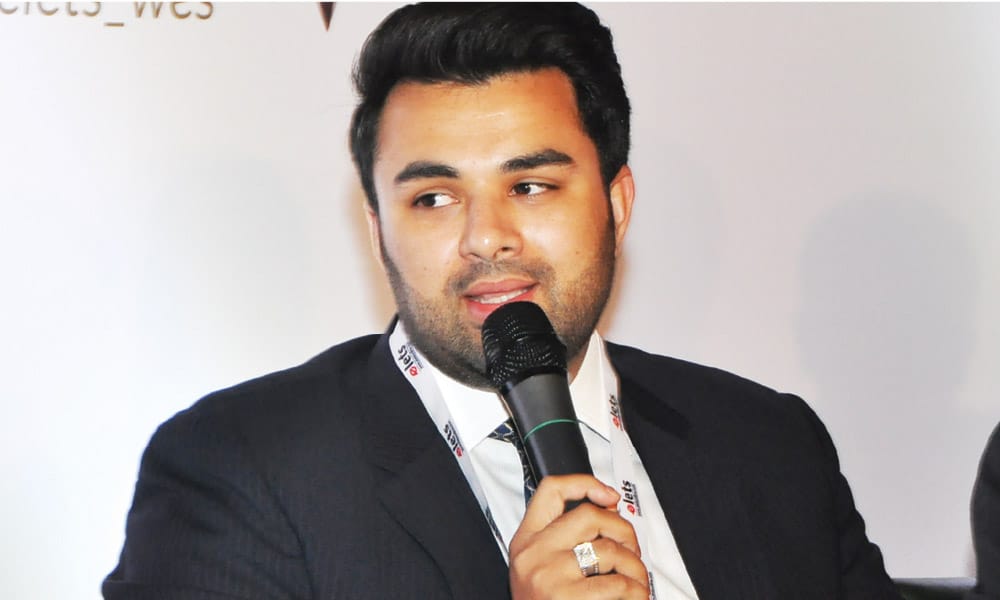
All round development is very much part of our brand and that’s in our logo too. That is something we actually believe. We don’t think that we are a school that educates its children just for tests, just for reports, just for assessments or just for the percentage, not at all. We believe that school is a place for lifelong learning.
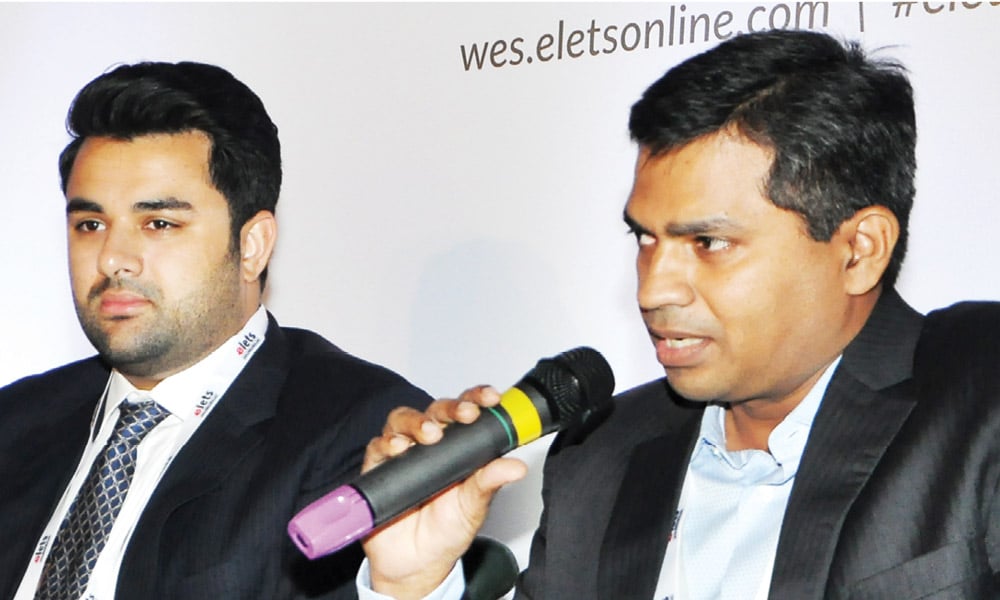
This is the only industry where we have 240 million brand ambassadors, the students and their parents. So, I think, as long as you are able to focus on inputs and continue to do the kind of thing that you stand for as an institution, you will be able to build your name and brand.
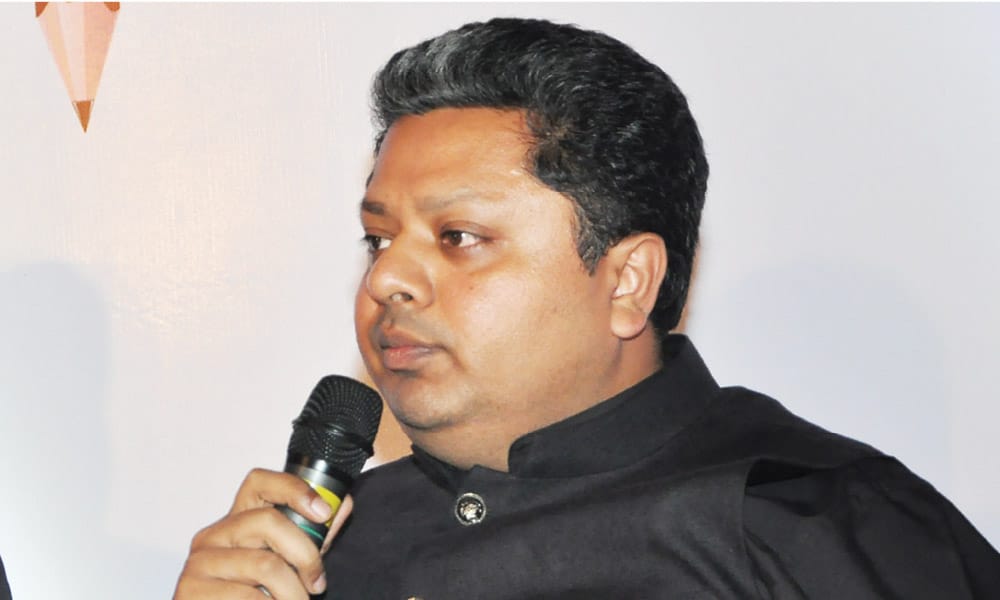
Brand is a promise, brand is a legacy, brand is a faith, it is very important to be consistent and to adapt to change to increase your brand value. Once you are a brand, it’s very important for you to be cautious about each and every aspect of school management and school functioning.
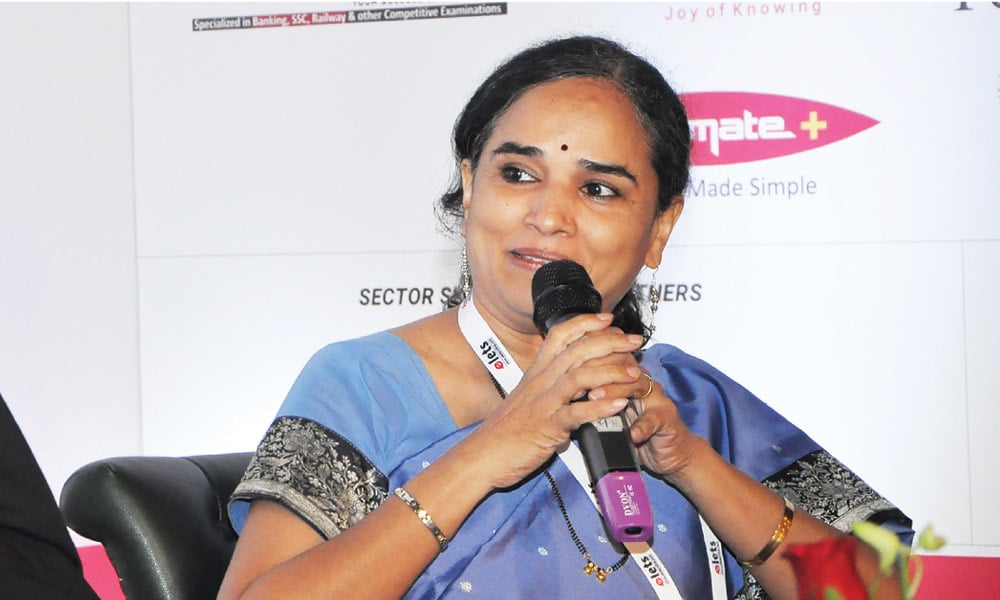
We, as school educators, are involved in dealing with human beings and small kids. If anything goes wrong, we are spoiling the whole life of a kid and if everything goes fine, definitely we are creating the personalities. So, branding of any educational institution takes a long period. It depends on the quality of the education provided in the school.
Shattering Traditional Frameworks: Competency based
Industry Presentation
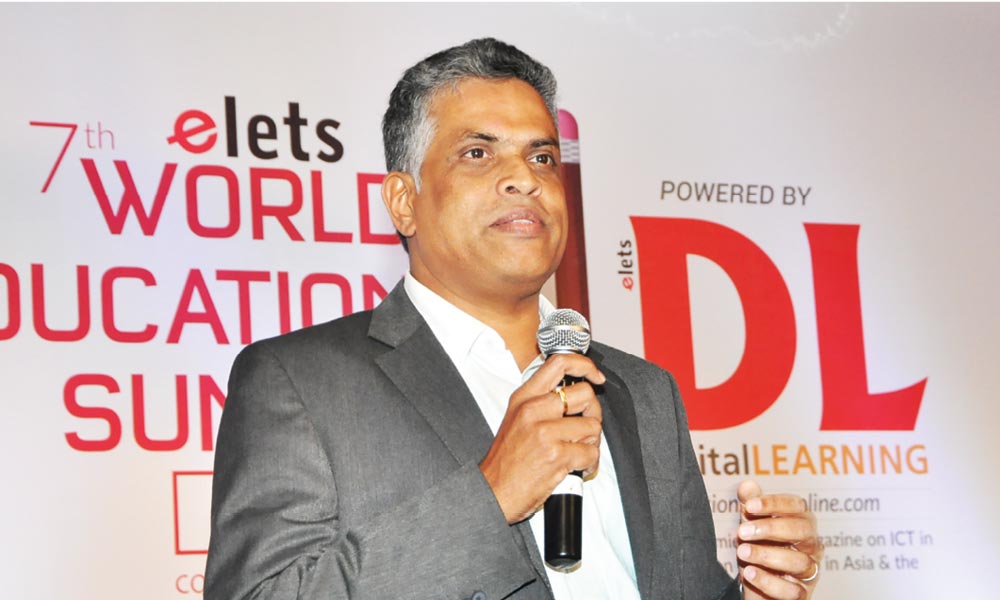
If you look at classrooms of tomorrow how are they gonna be fundamentally different from the classrooms of today, this space is going to get more and more interesting… What we believe at Pearson is how do you make this entire continuum of the digital learning, virtual learning, self learning and the skills come together to deliver superior learner outcomes.
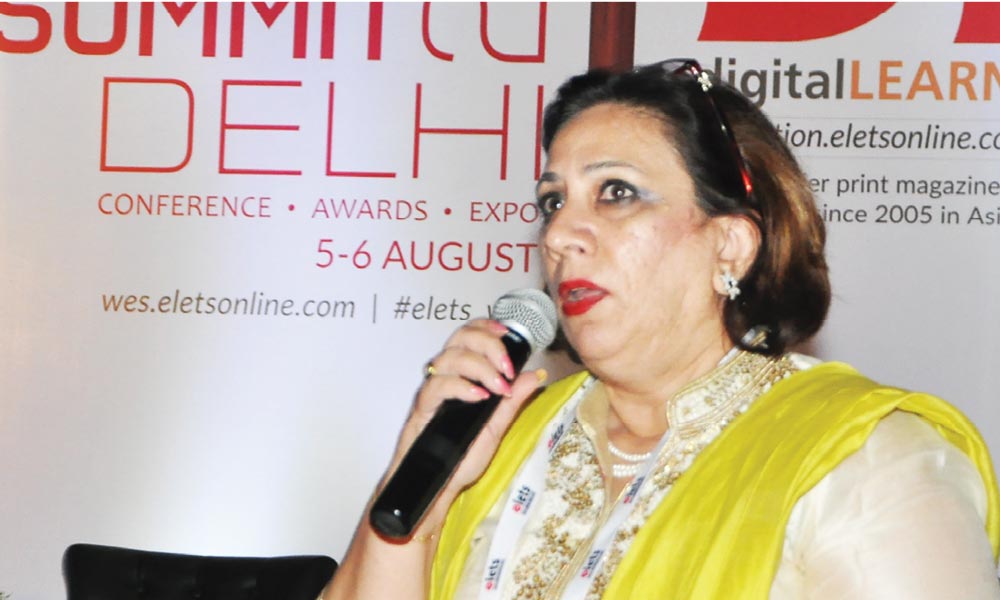
Competency is a component of a broader skill. A skill would be split into sub skills. When we talk about competency, generally each learner will pick up a sub skill, master that sub skill and then move on to the next skill and fi nally acquire the whole skill set.
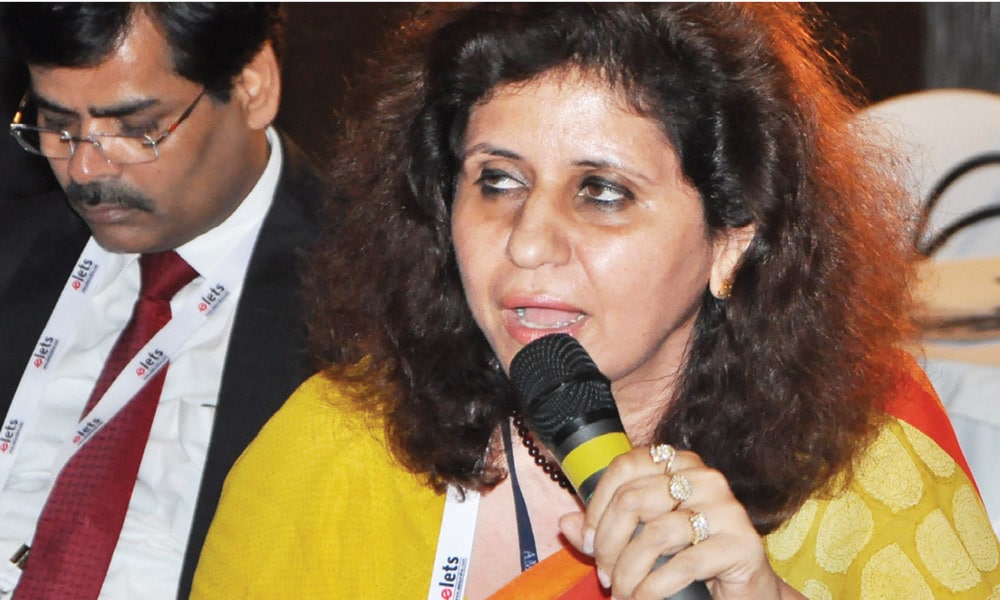
Knowledge, skills and right attitude, if all these three things are clubbed together, then we can really have competency tested. We are slowly moving away from the traditional setup where we would just judge a child from the way he memorised the stuff towards the competency based education.
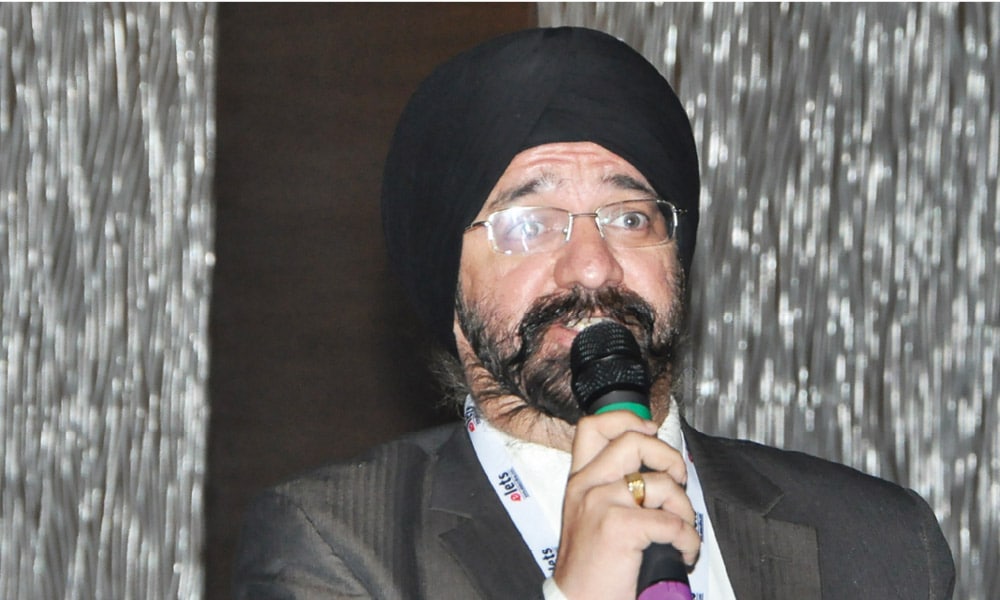
When we are talking about the competency, we have to look into the perspective of our competitors also. We have to see what particular skill I do have but my competitor doesn’t have.
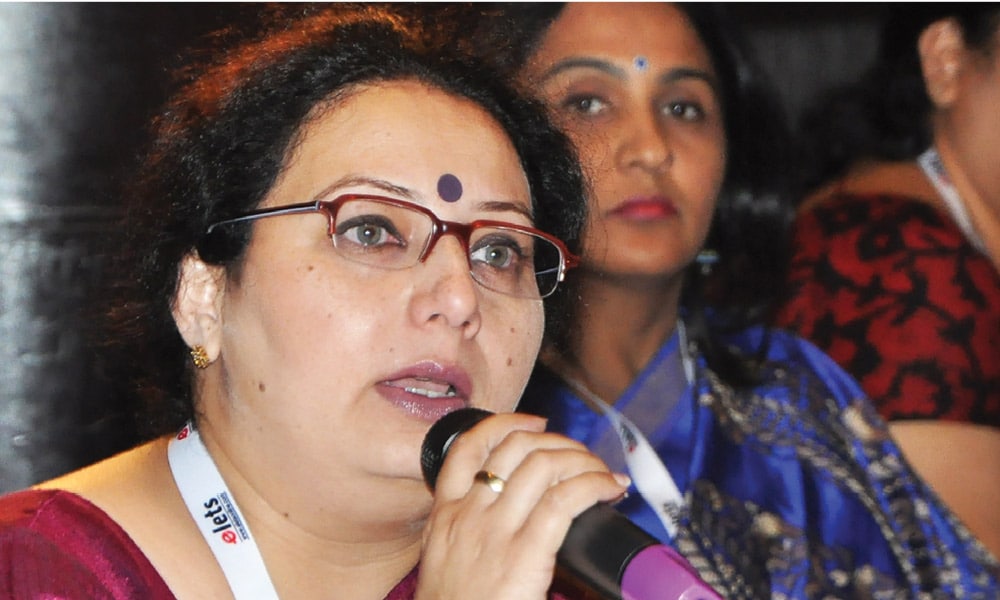
Competency is what I want to do and what I can do? To match with what is required and matching the need is what competency is all about.








